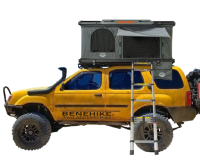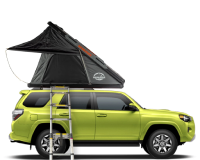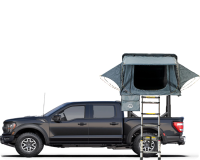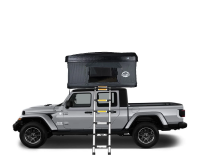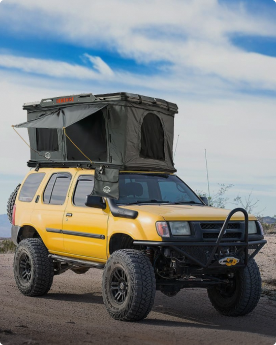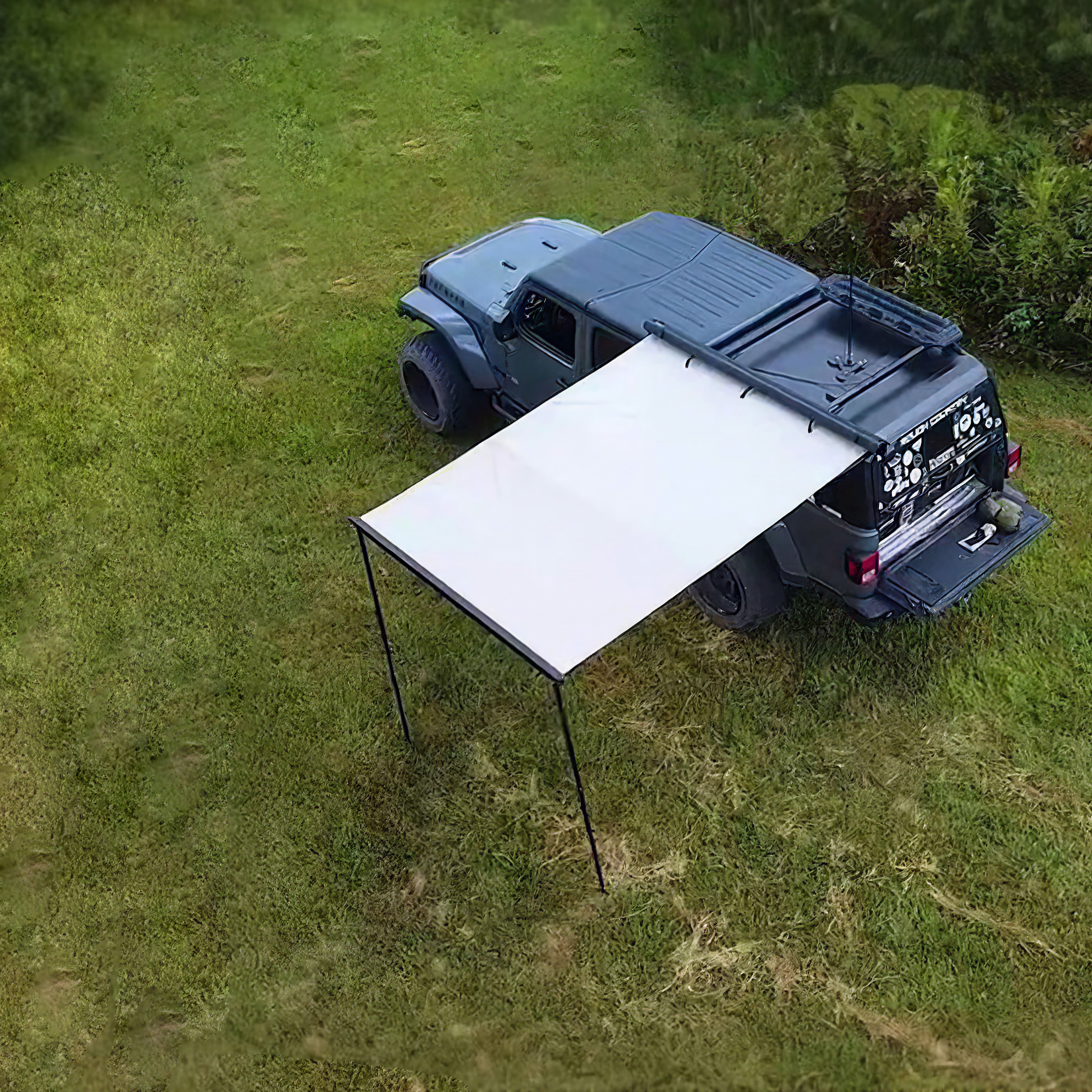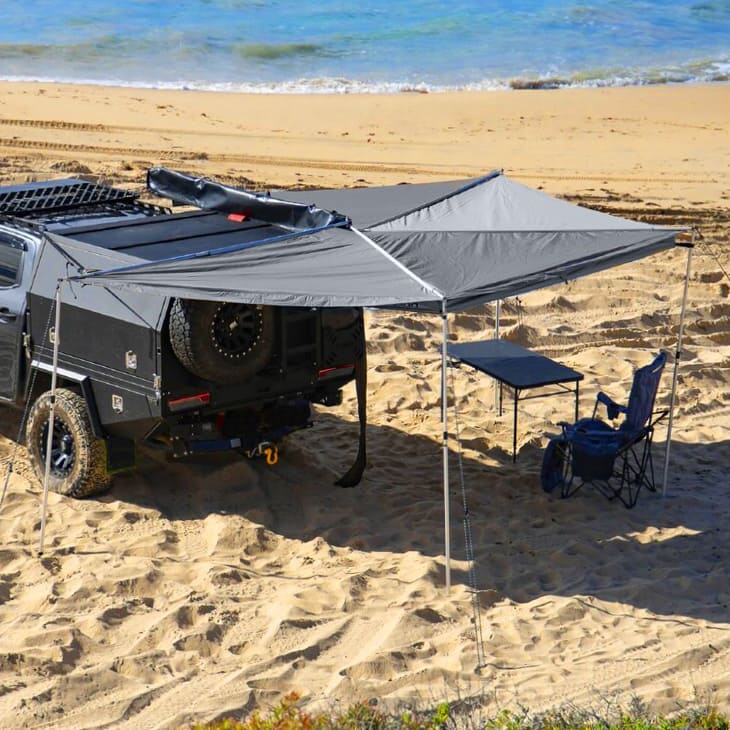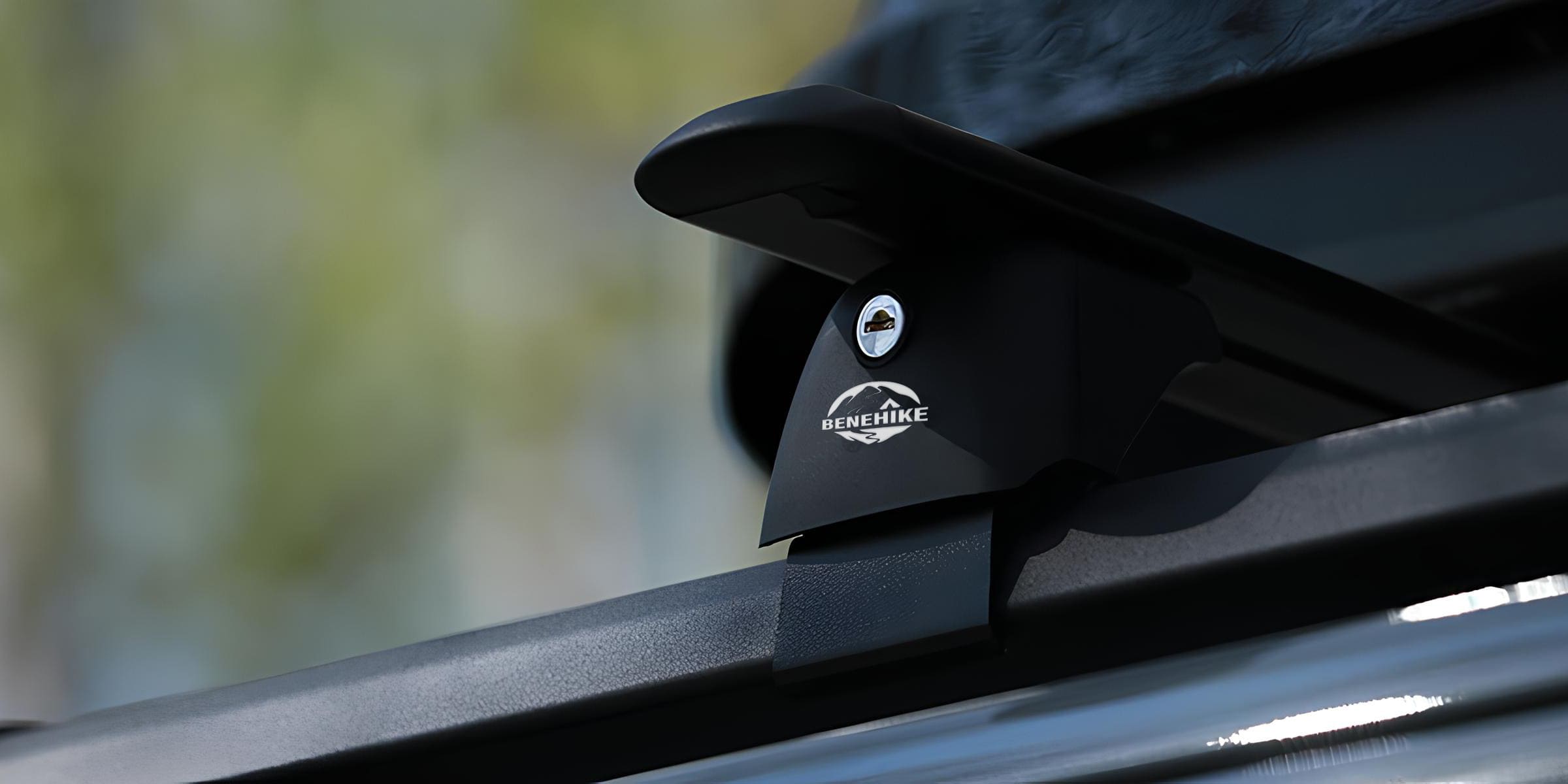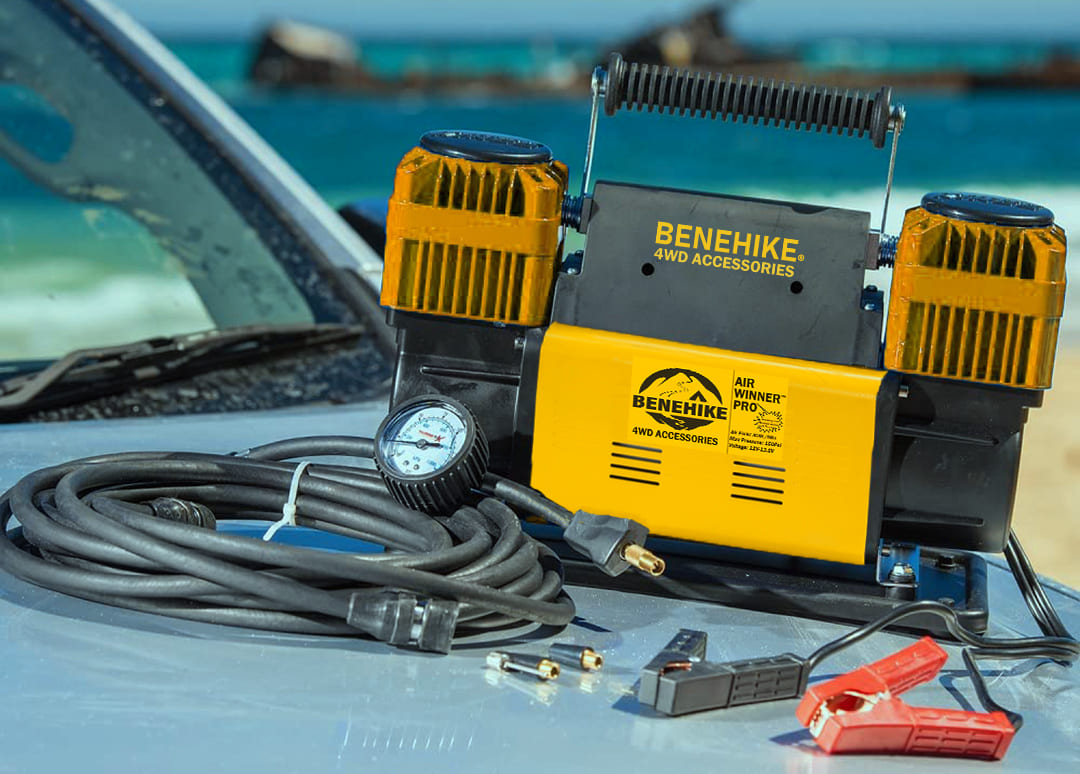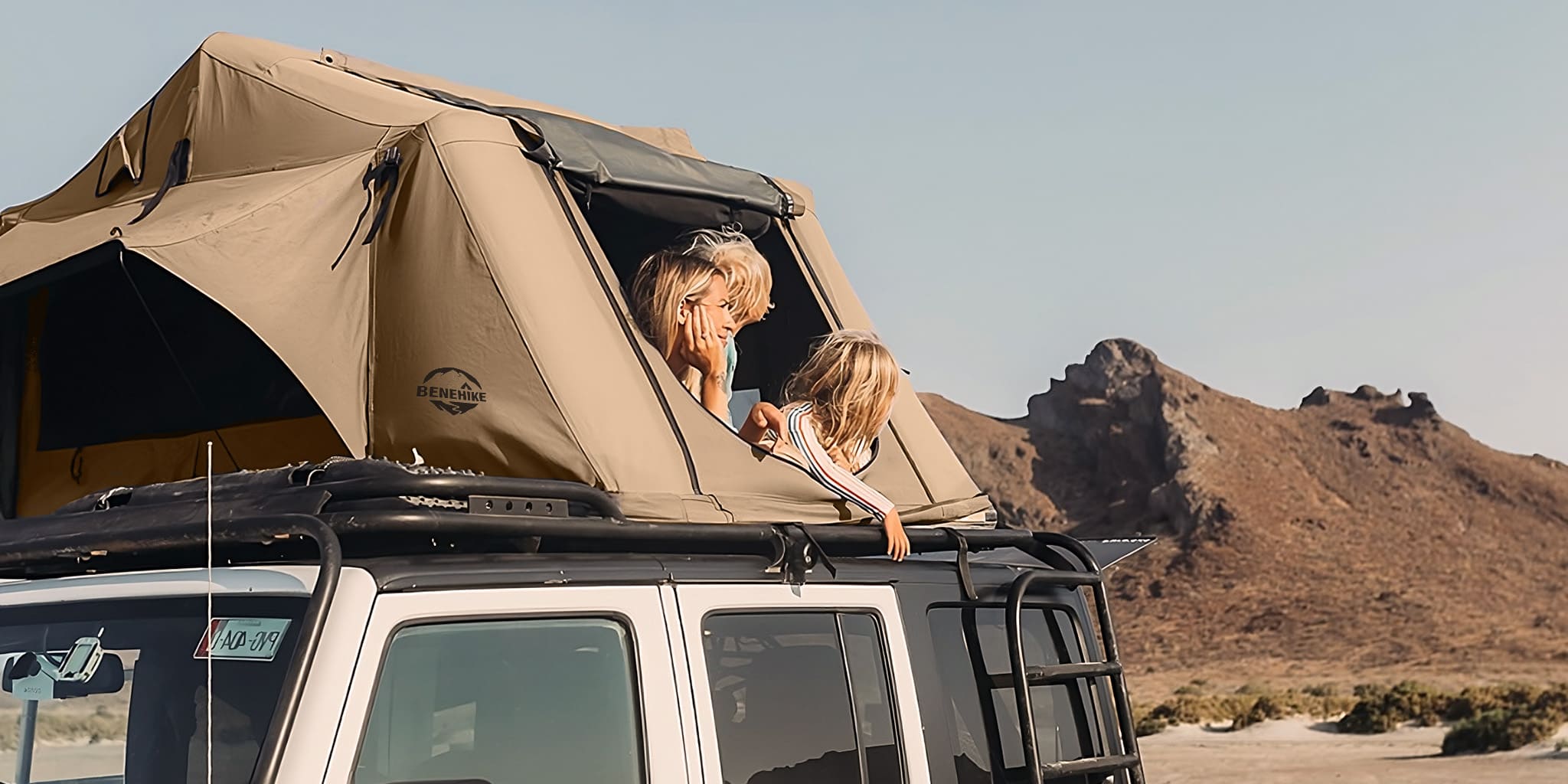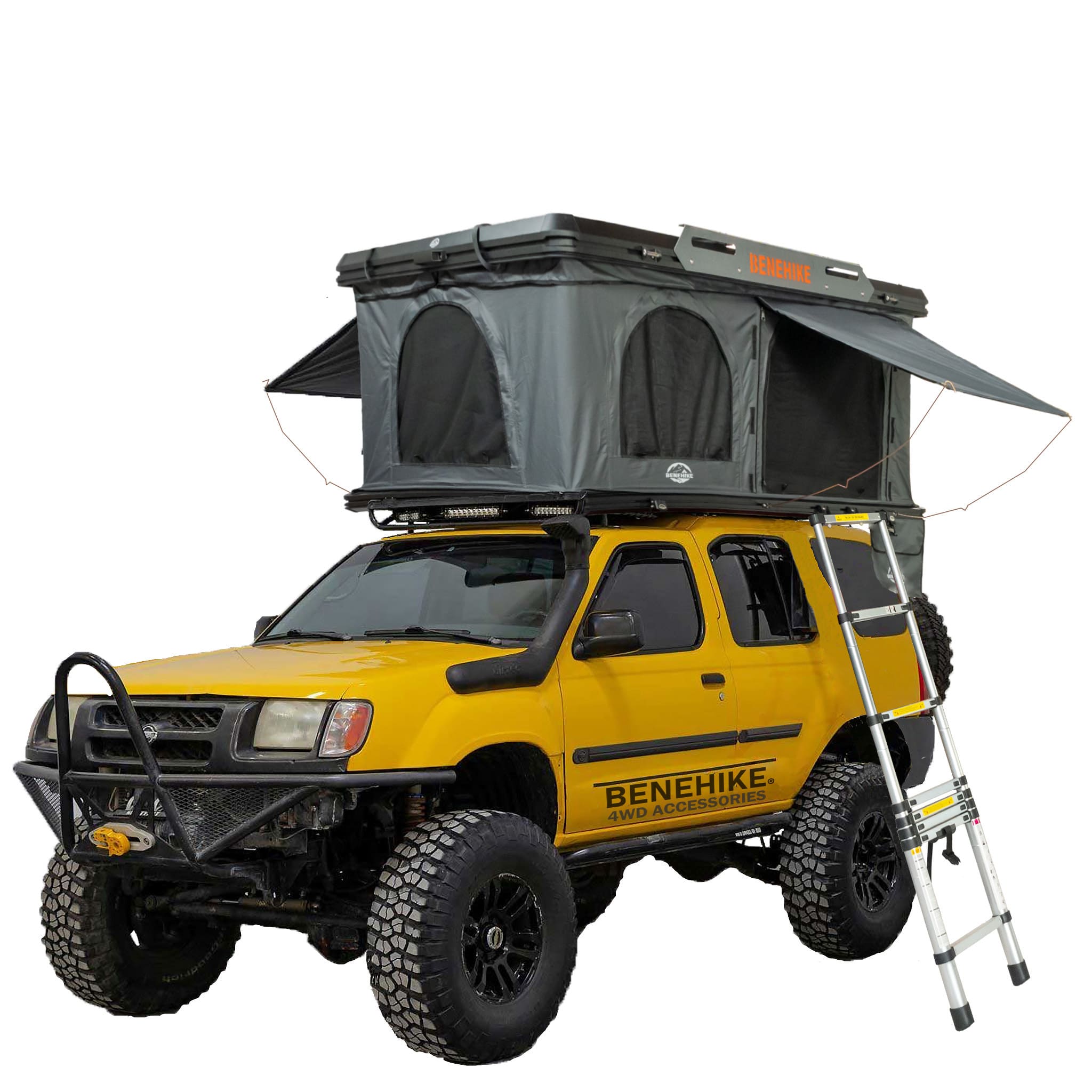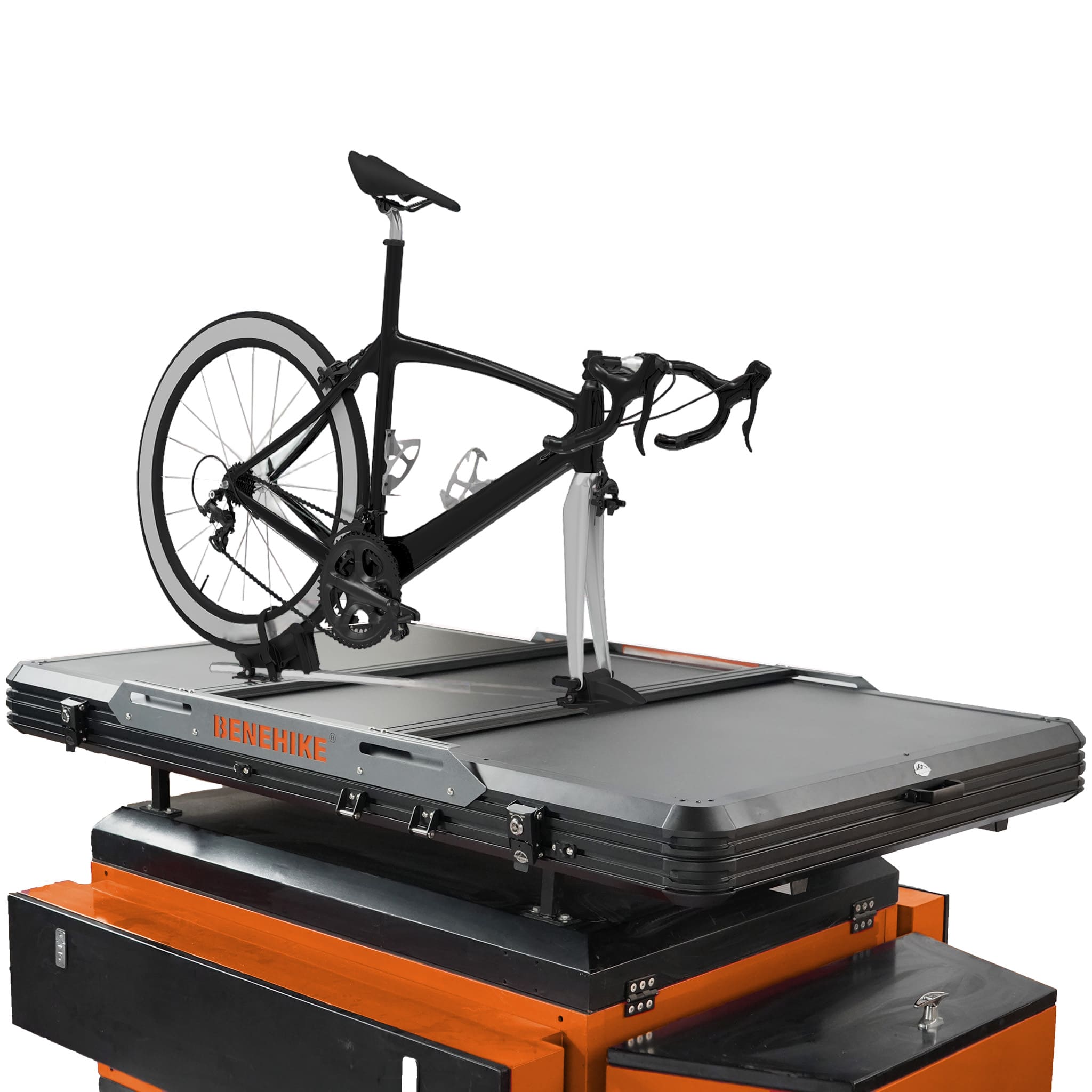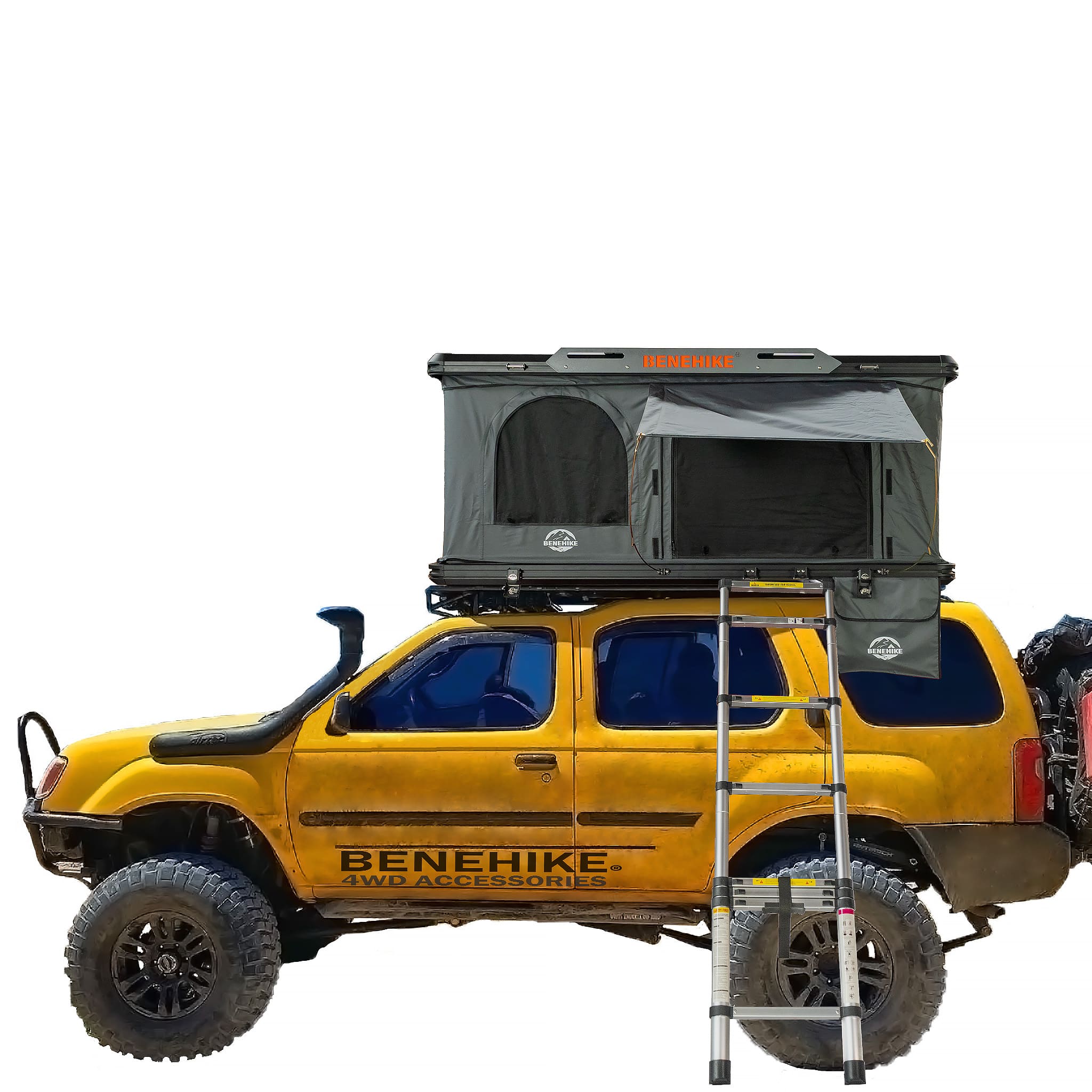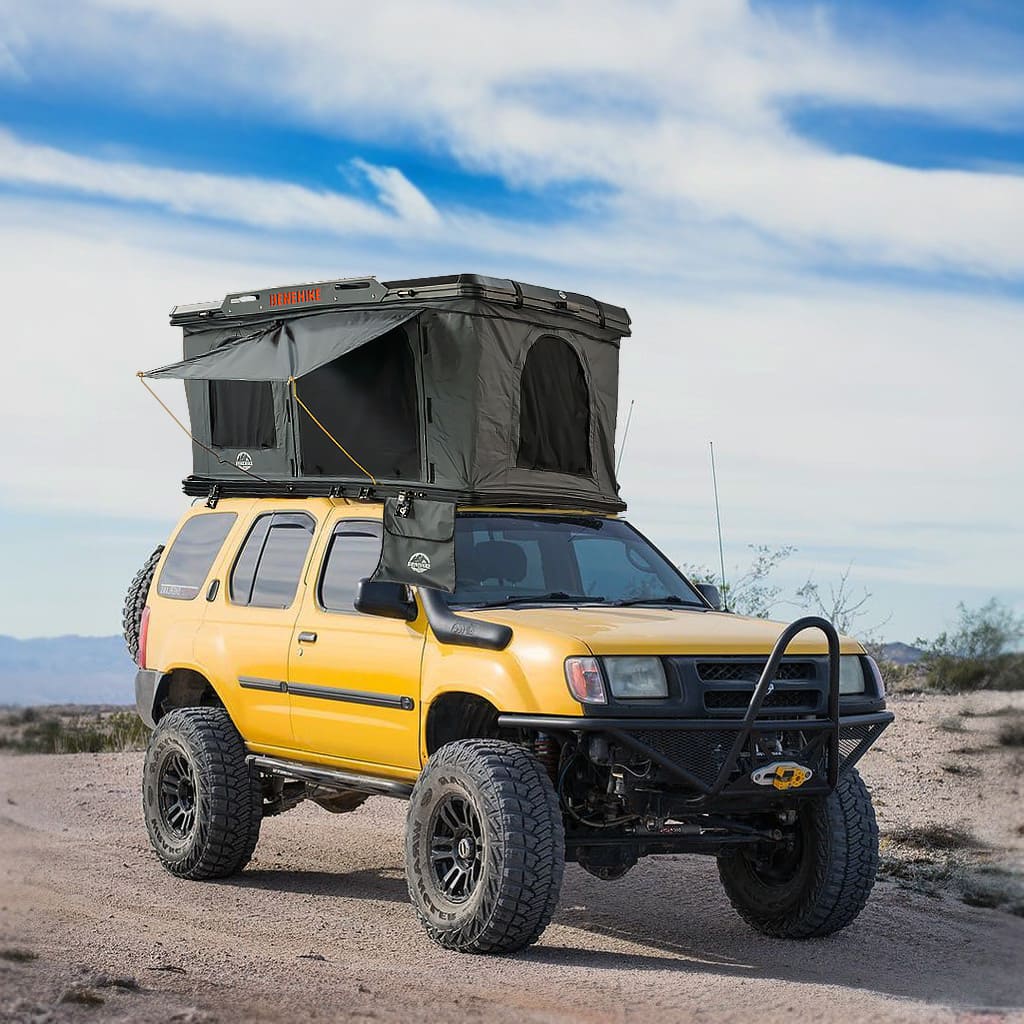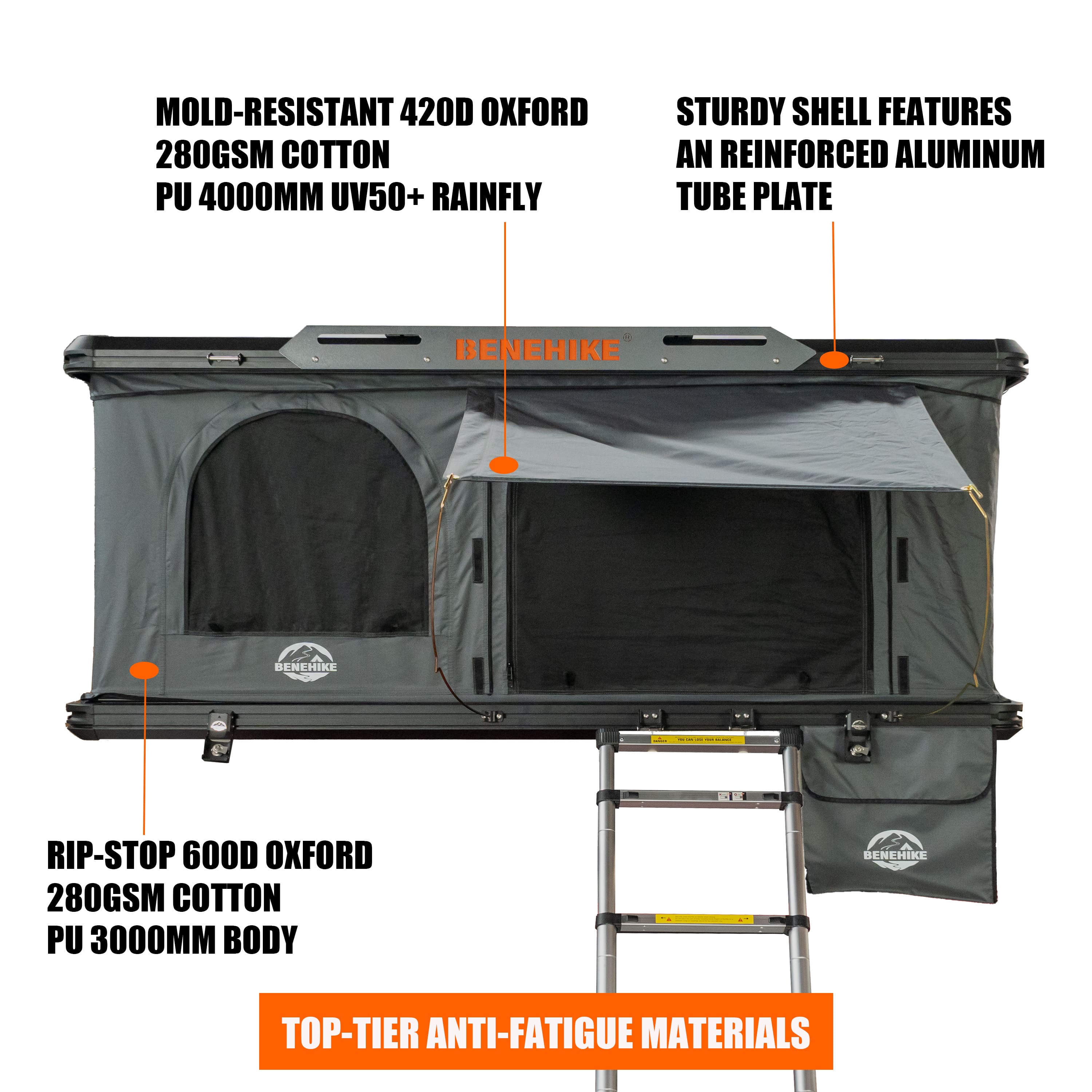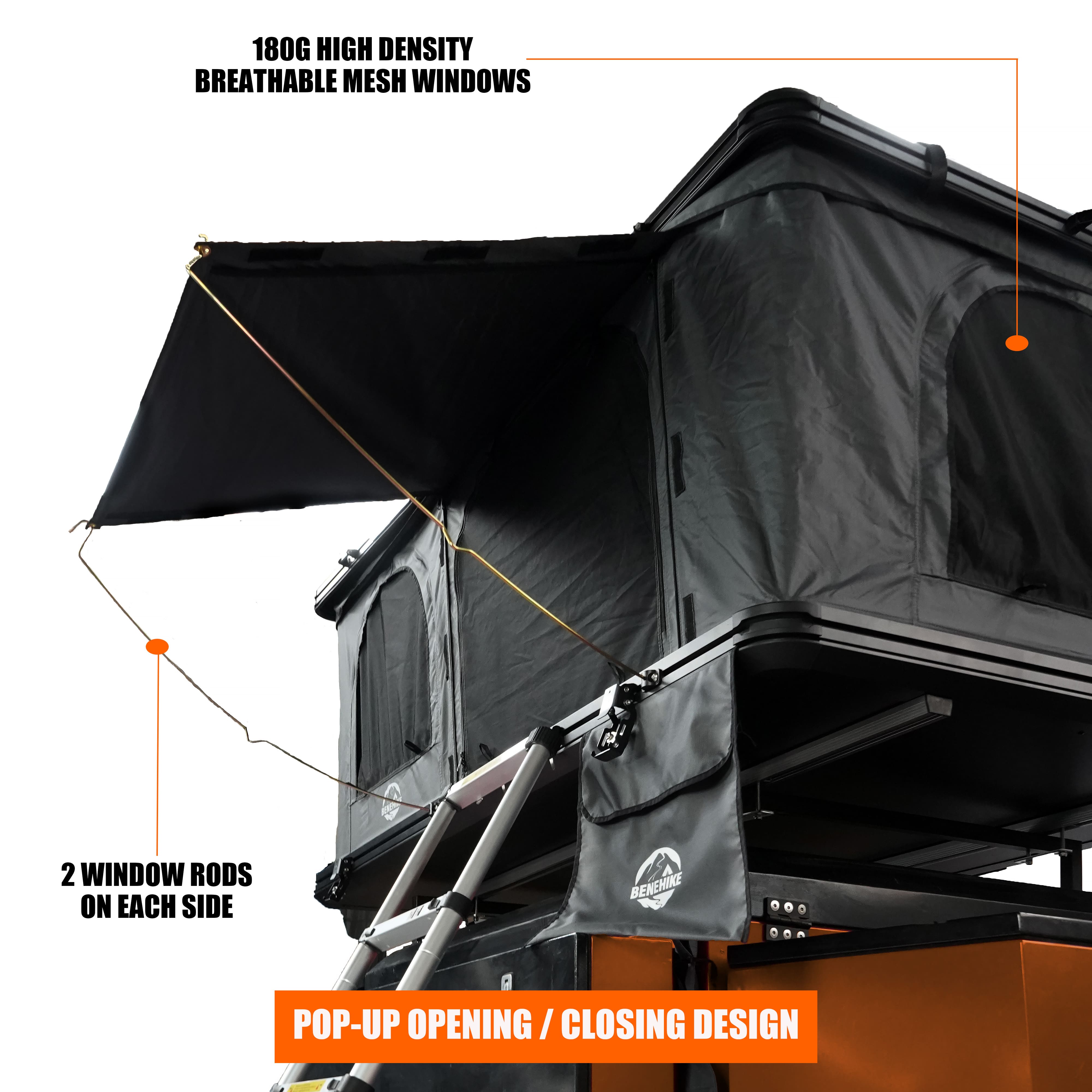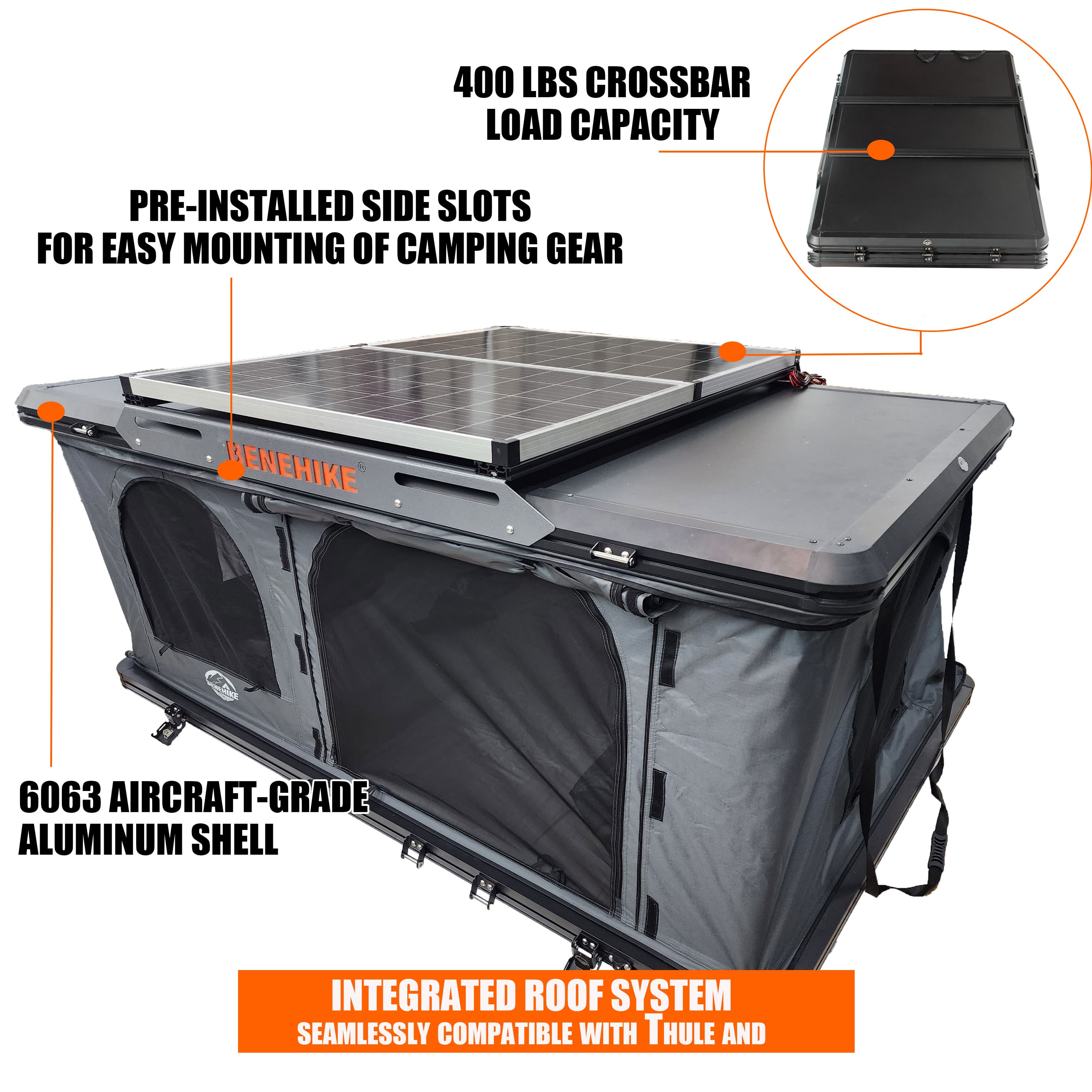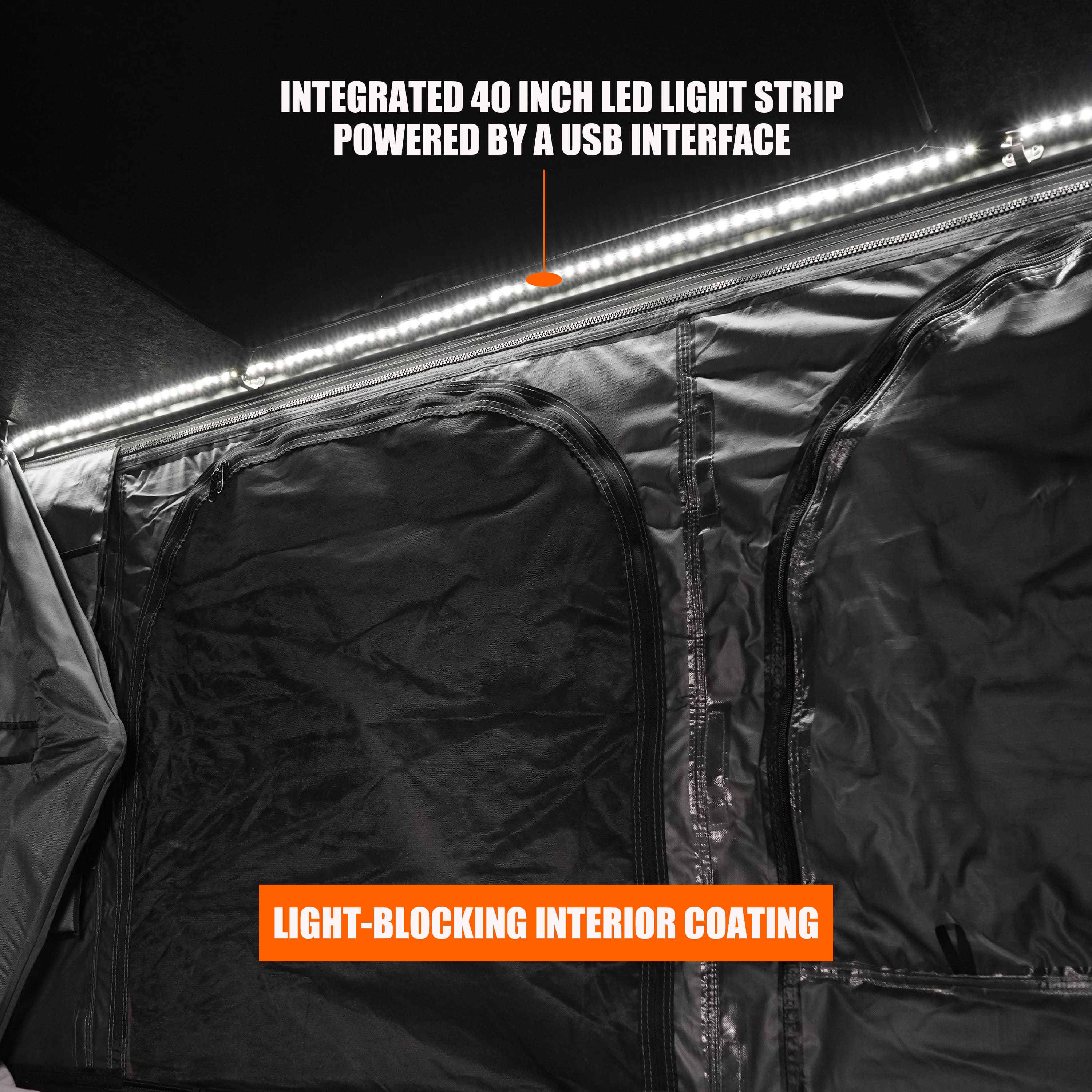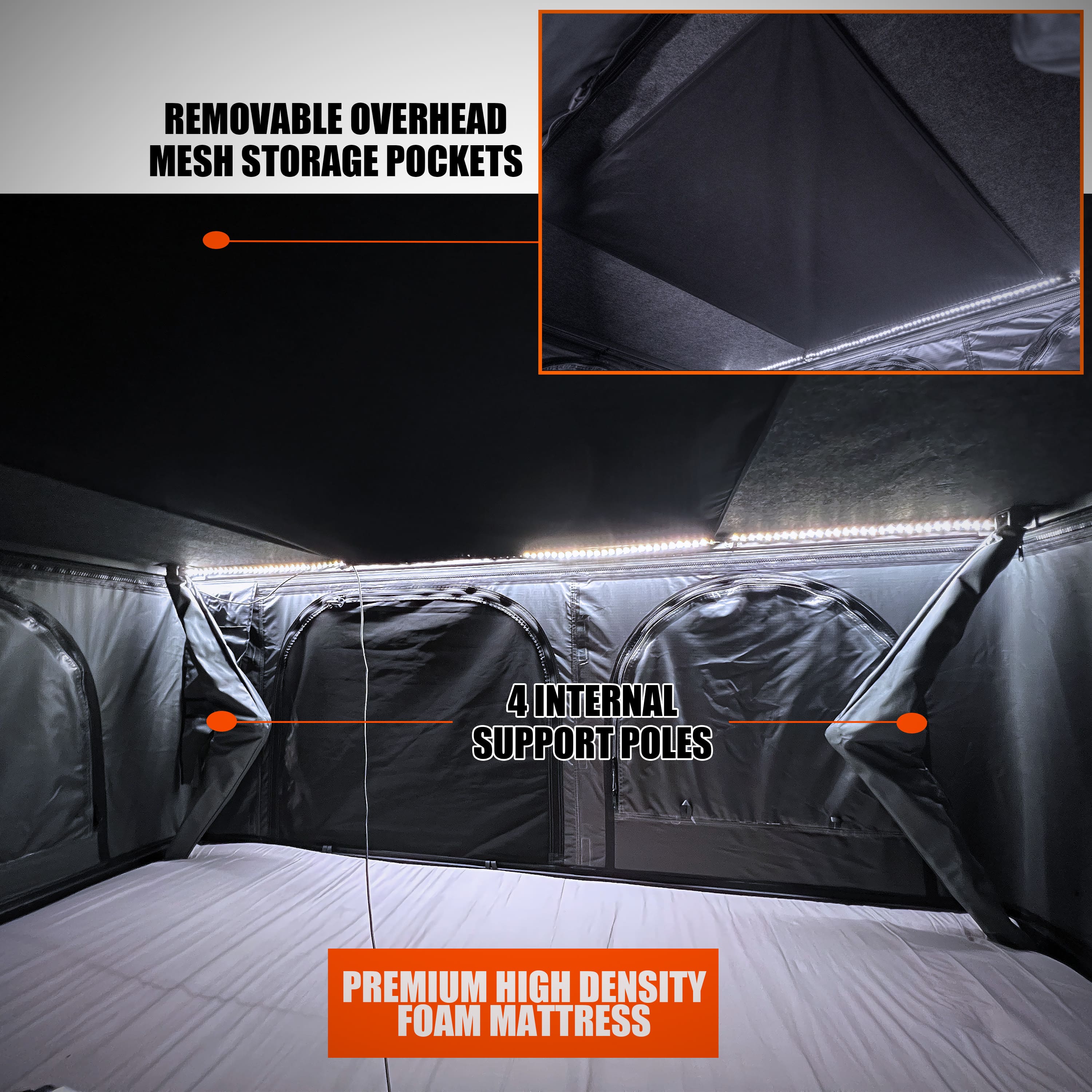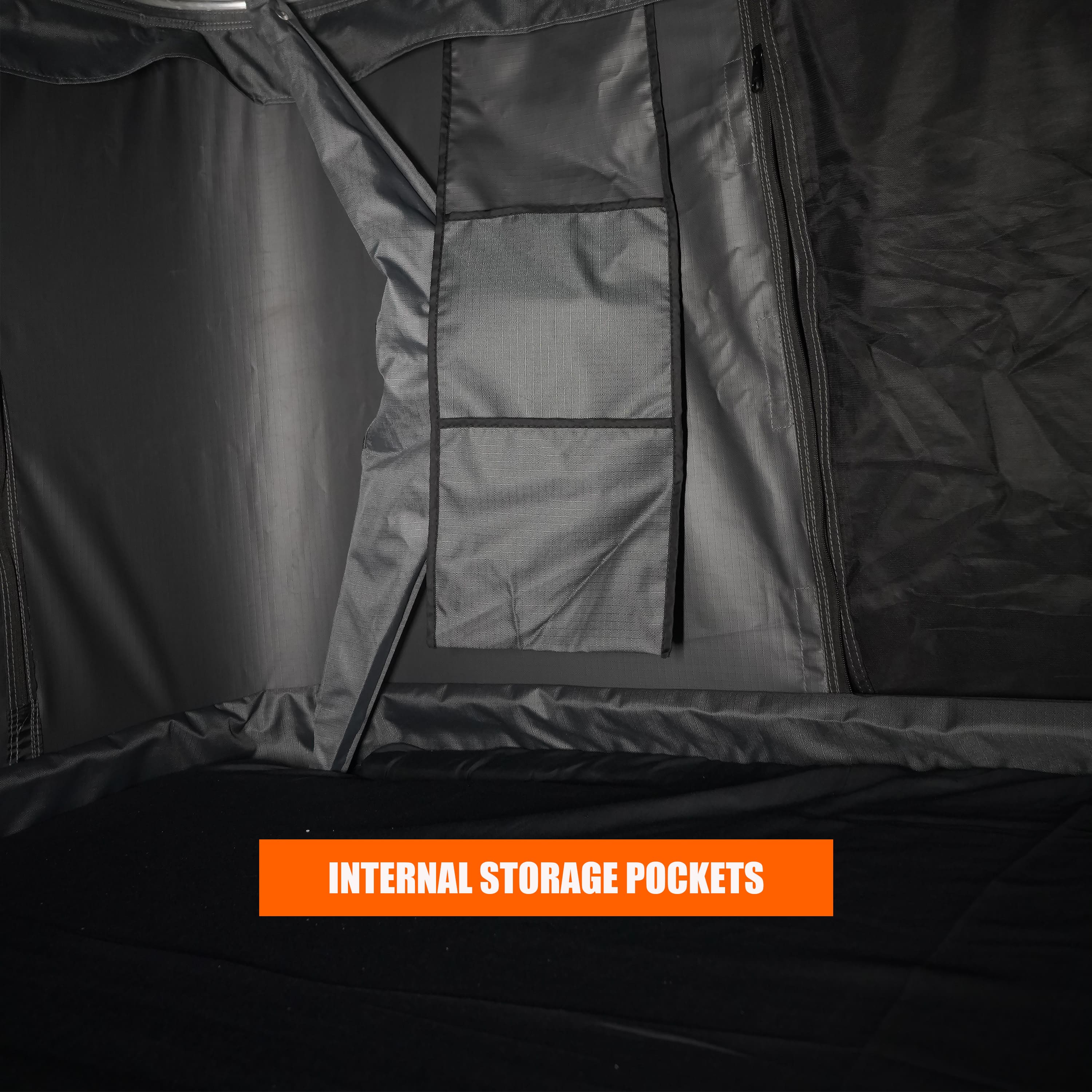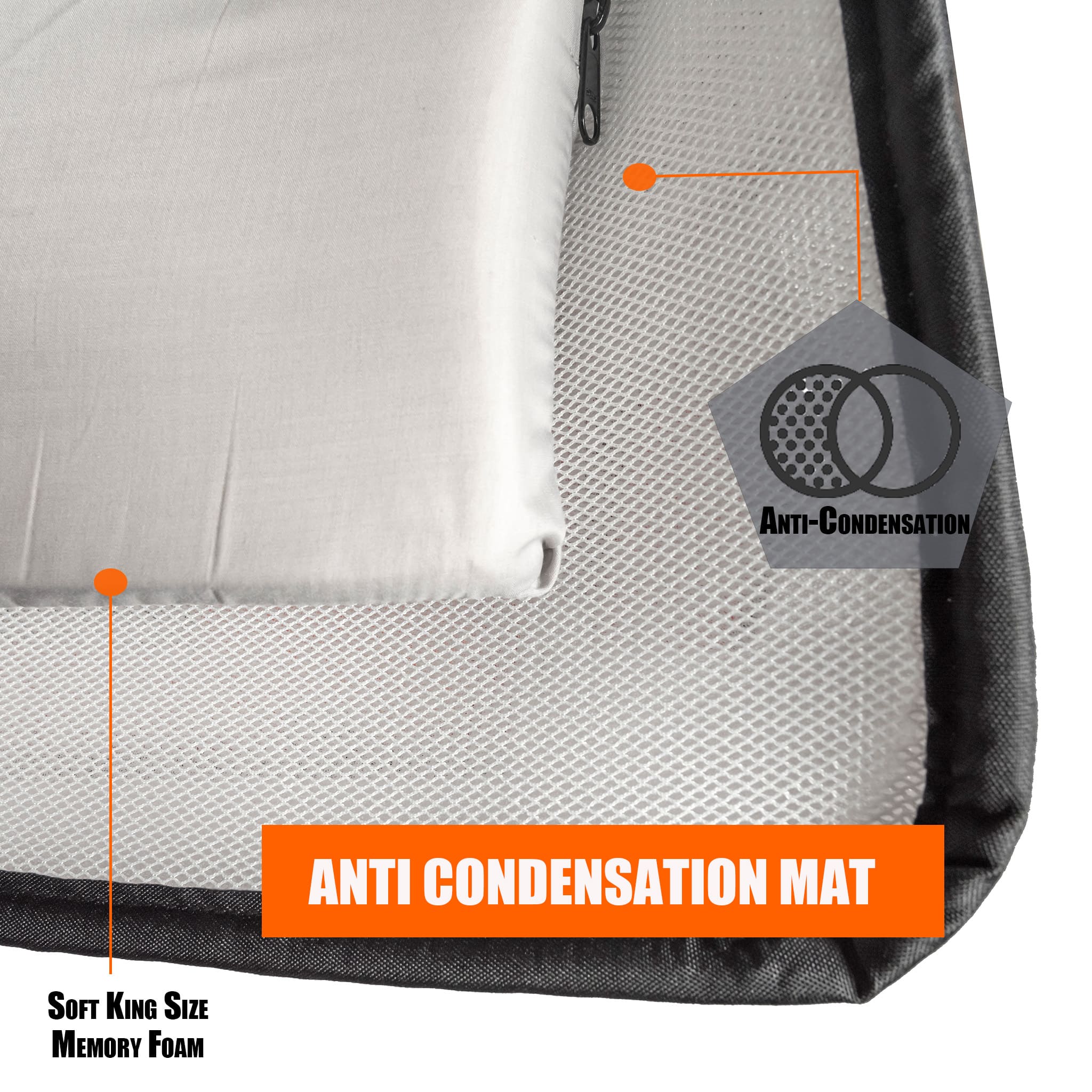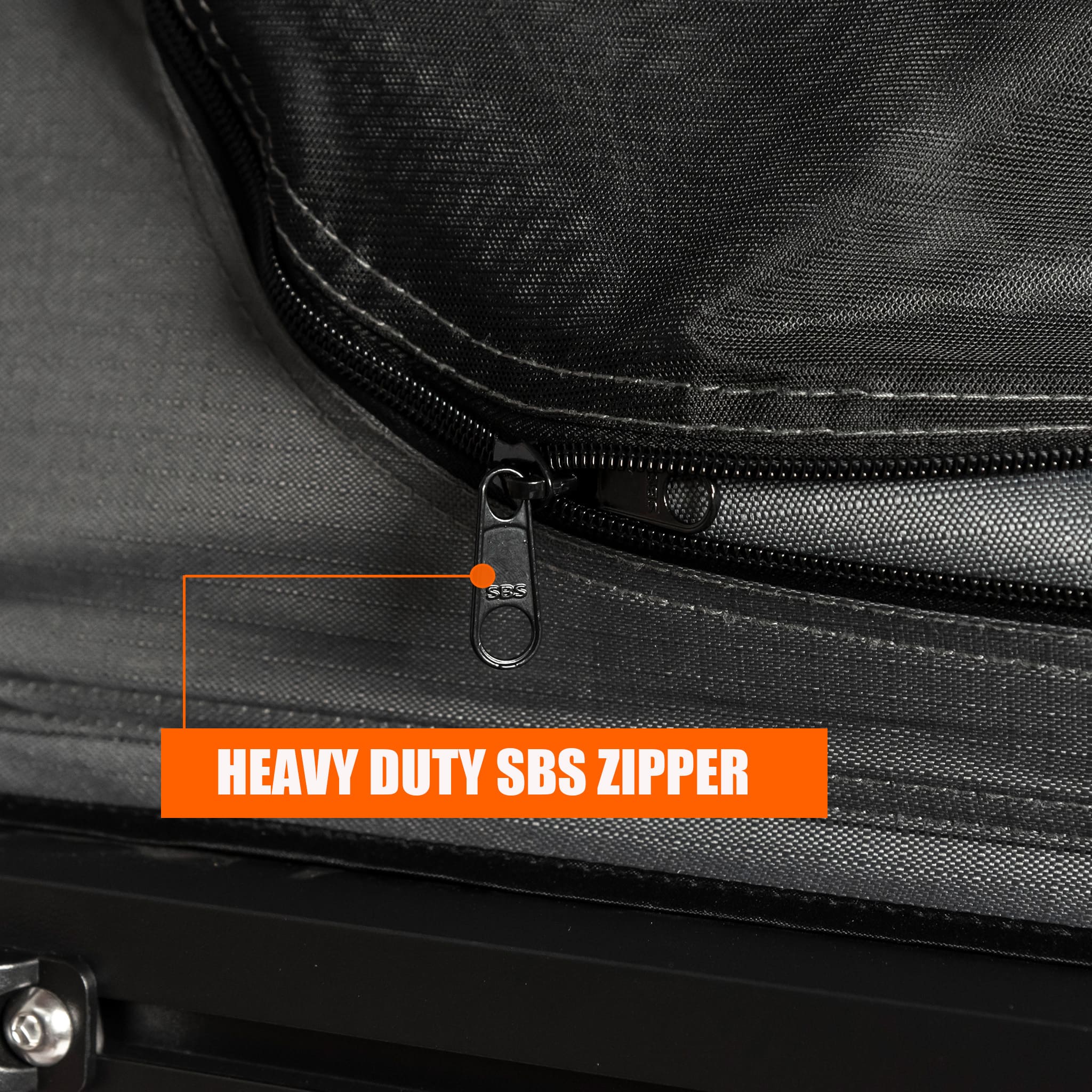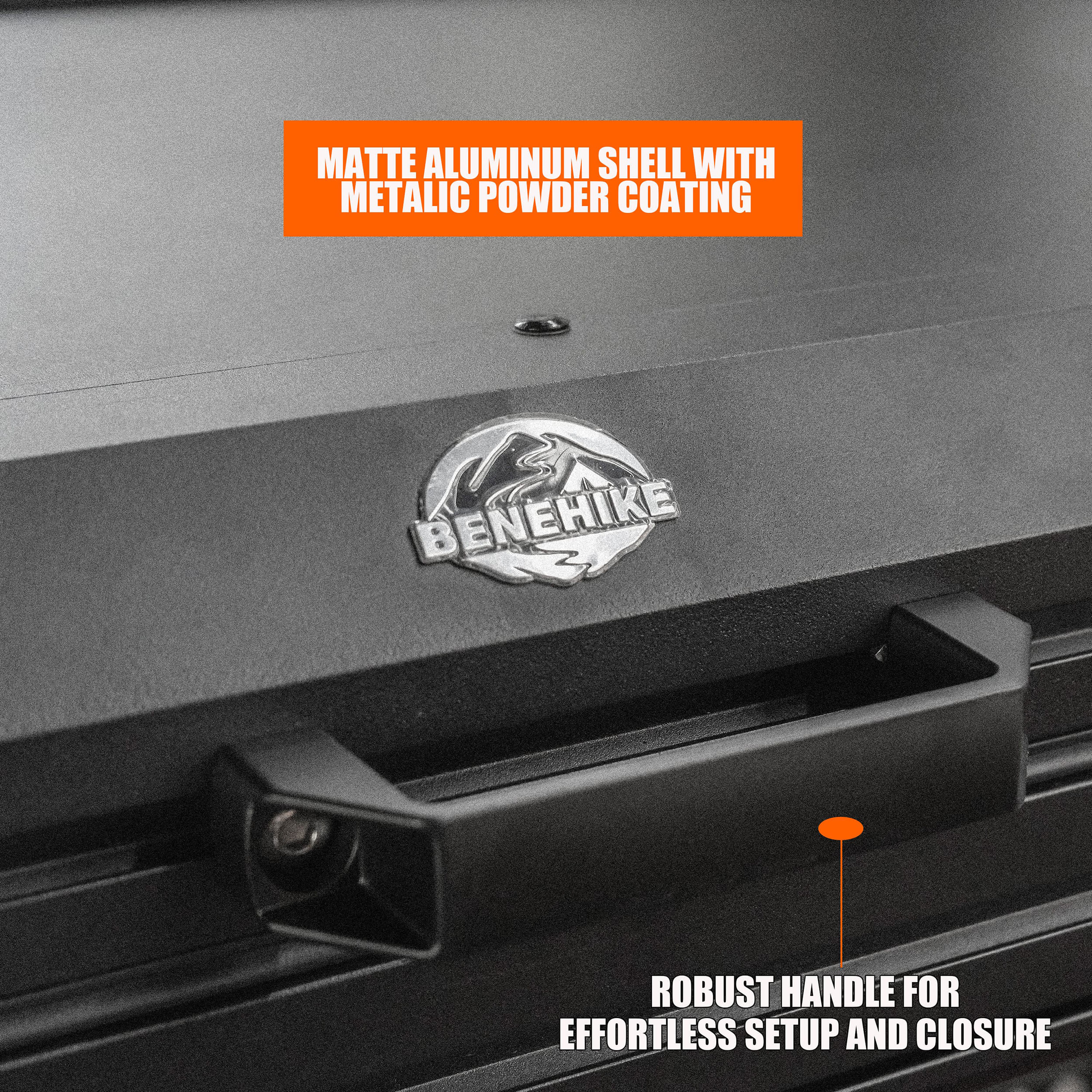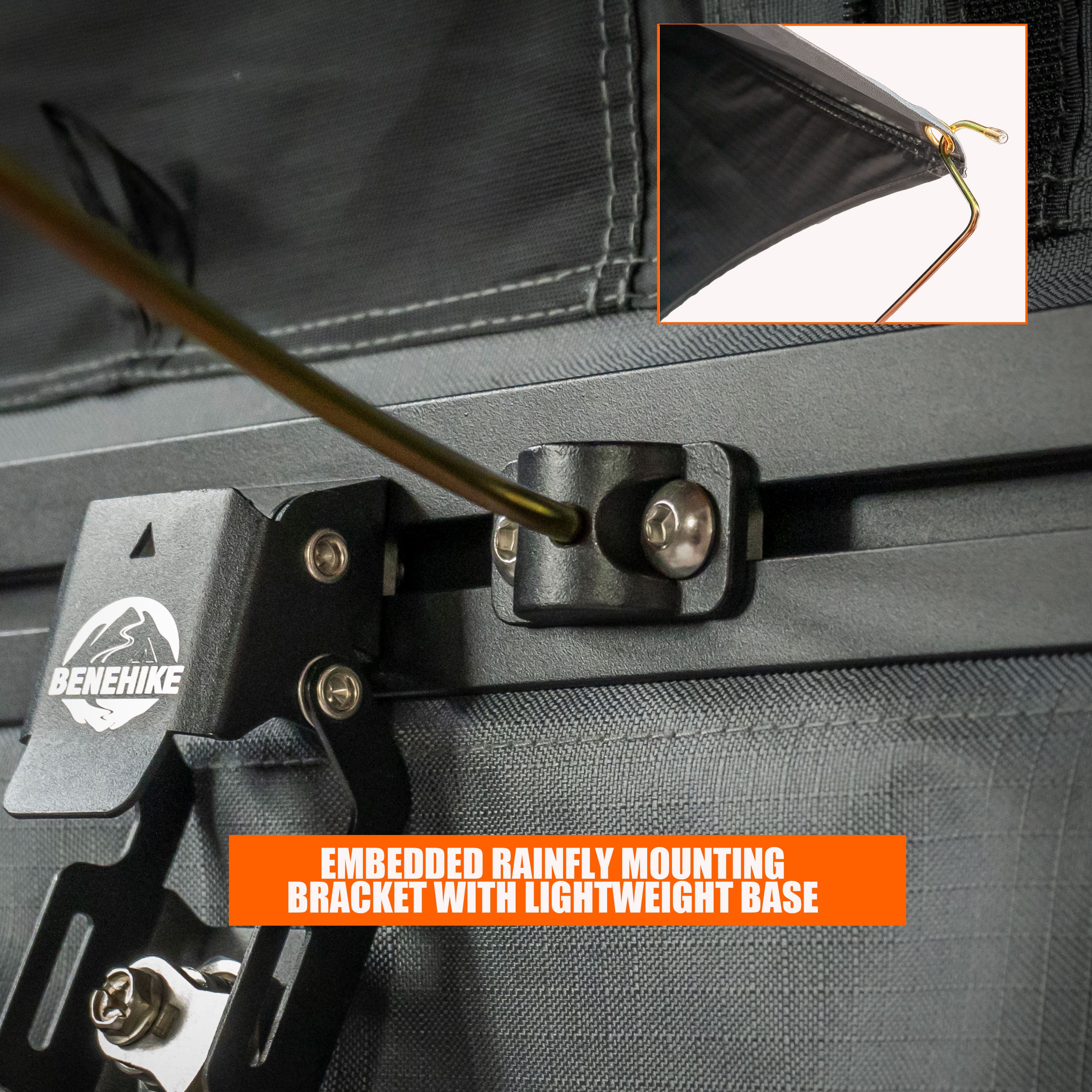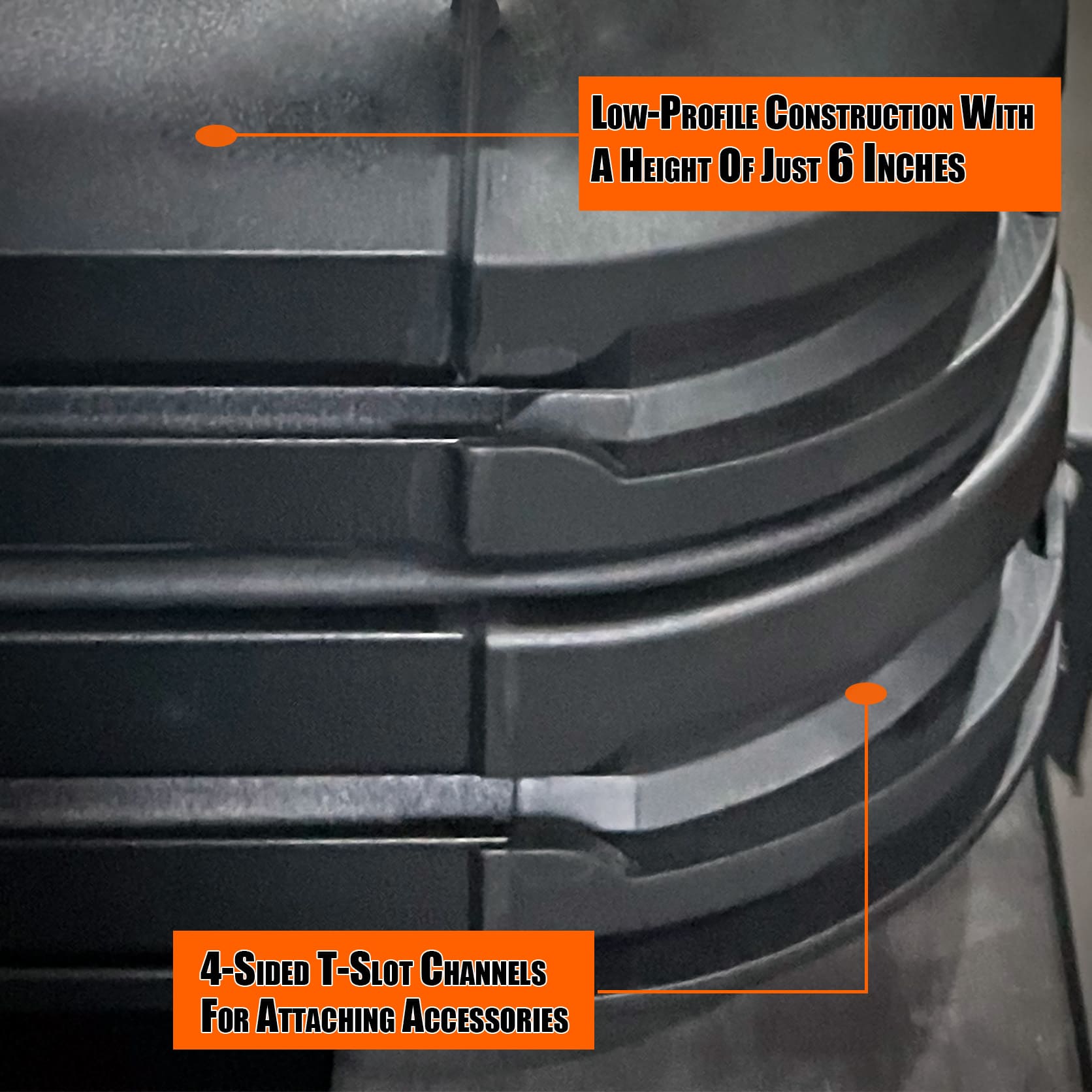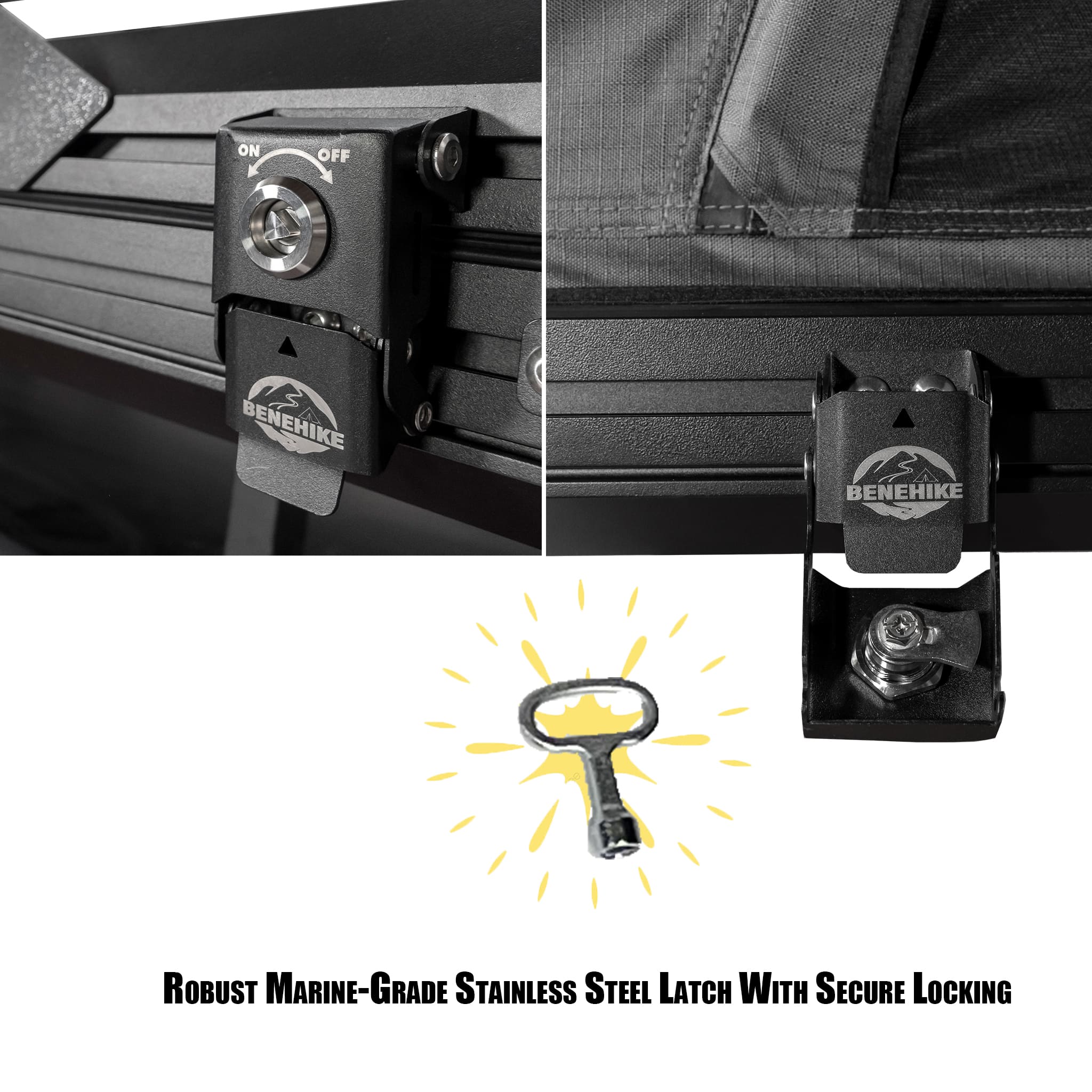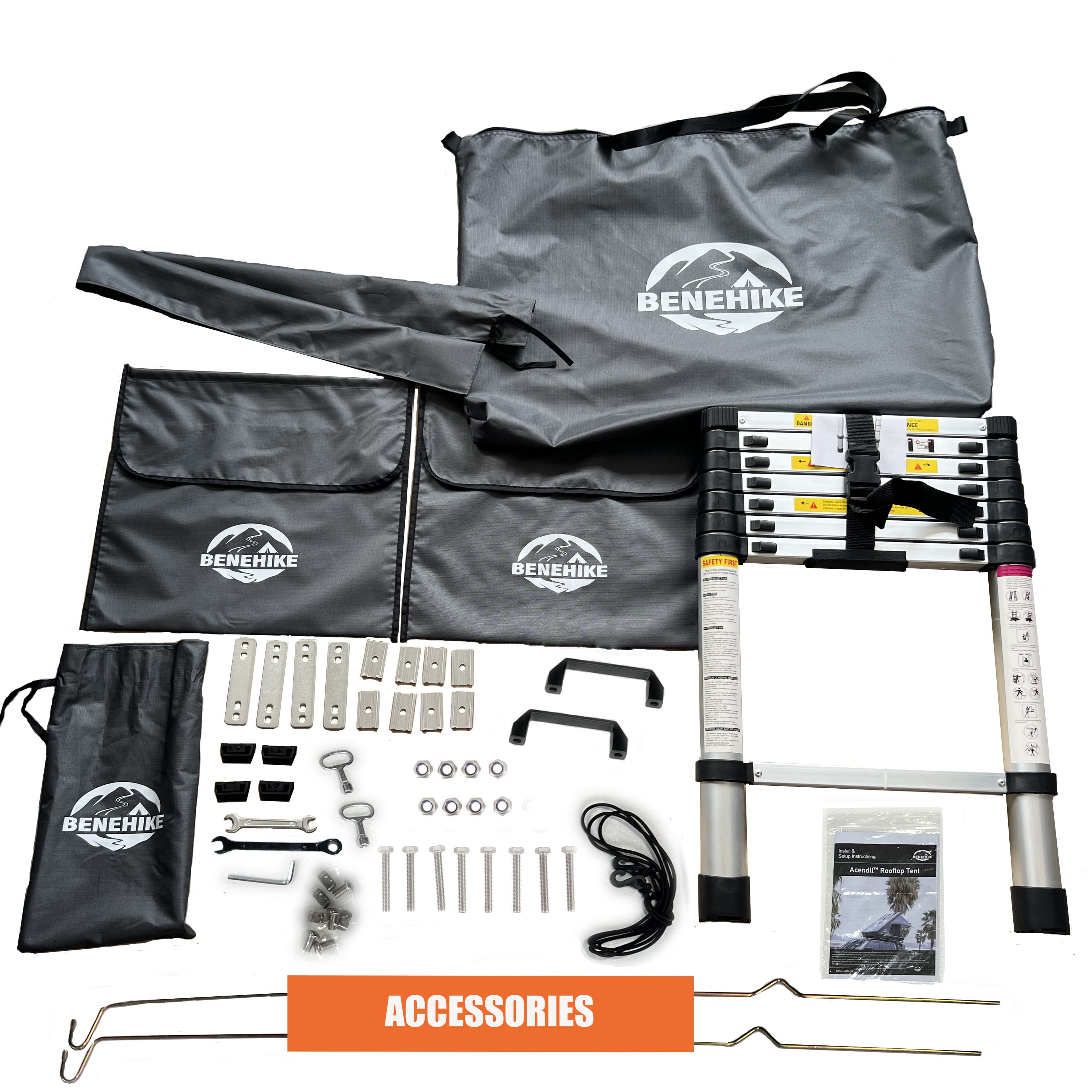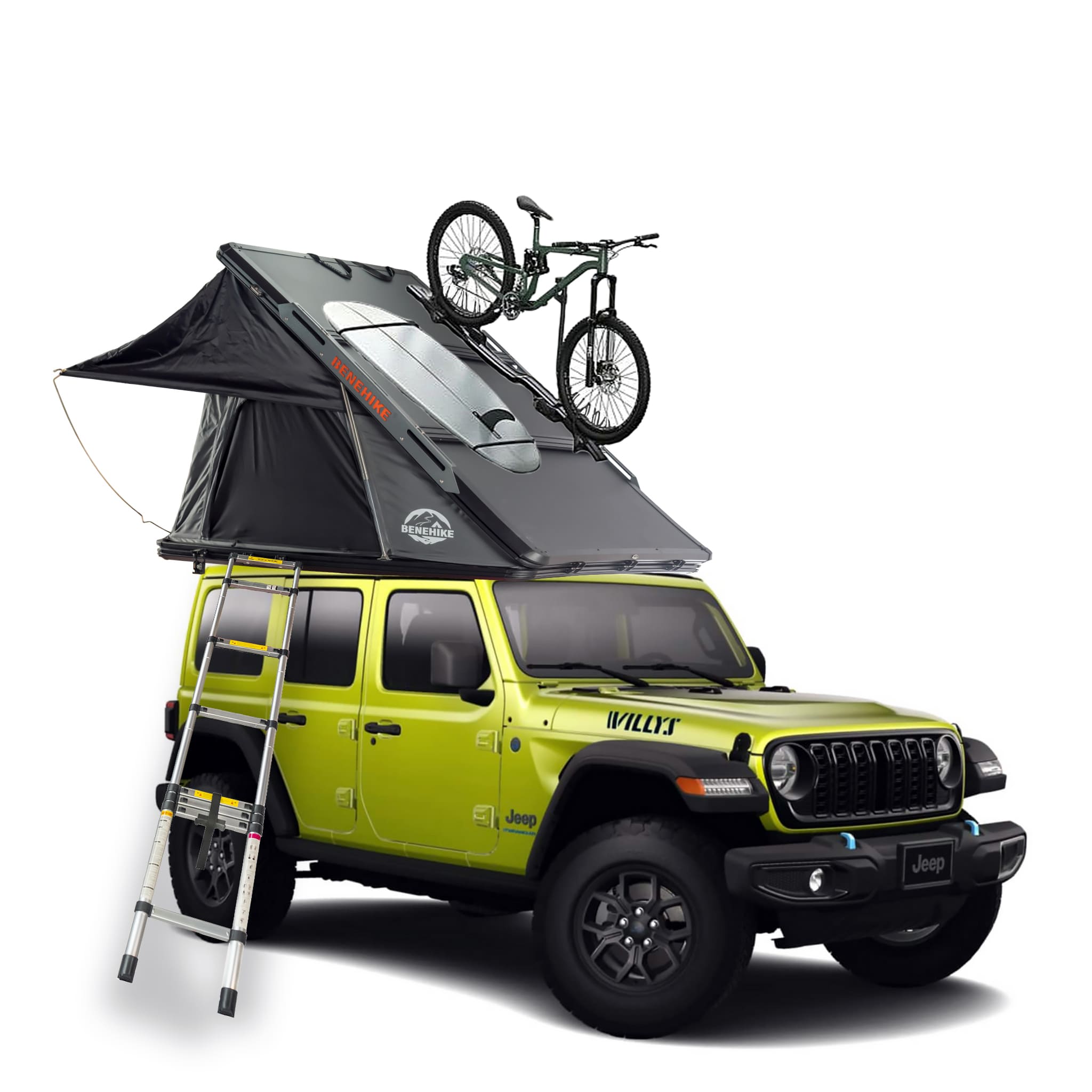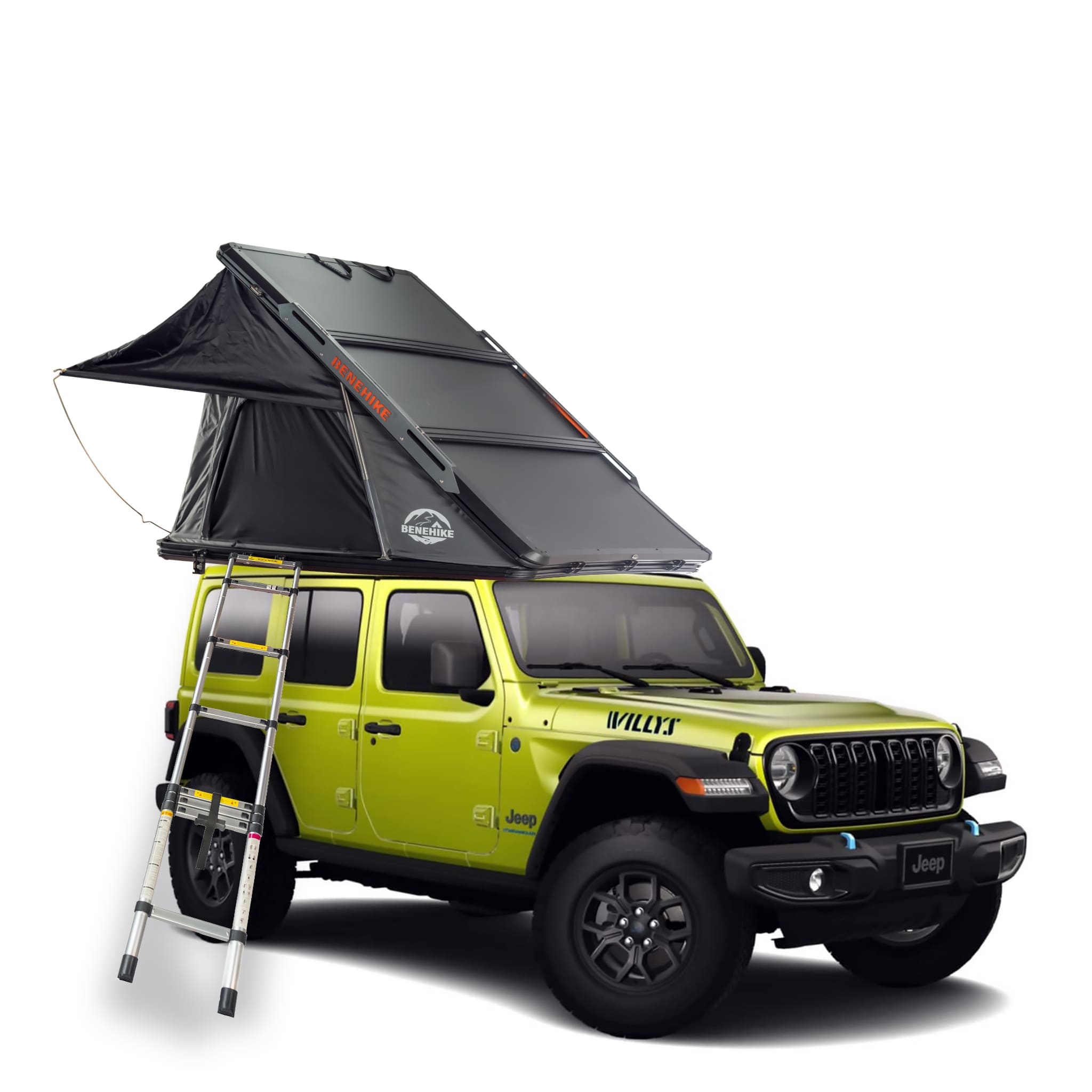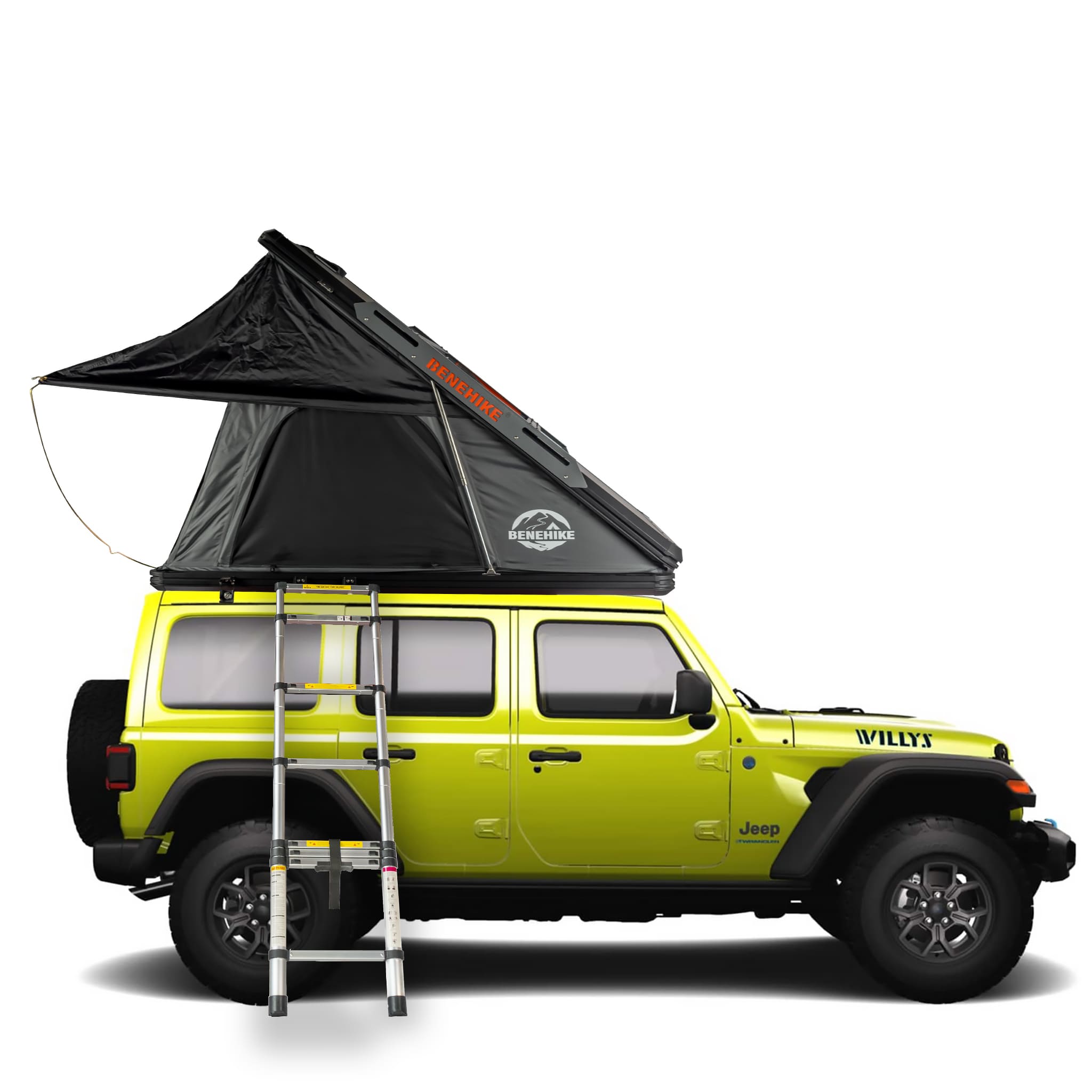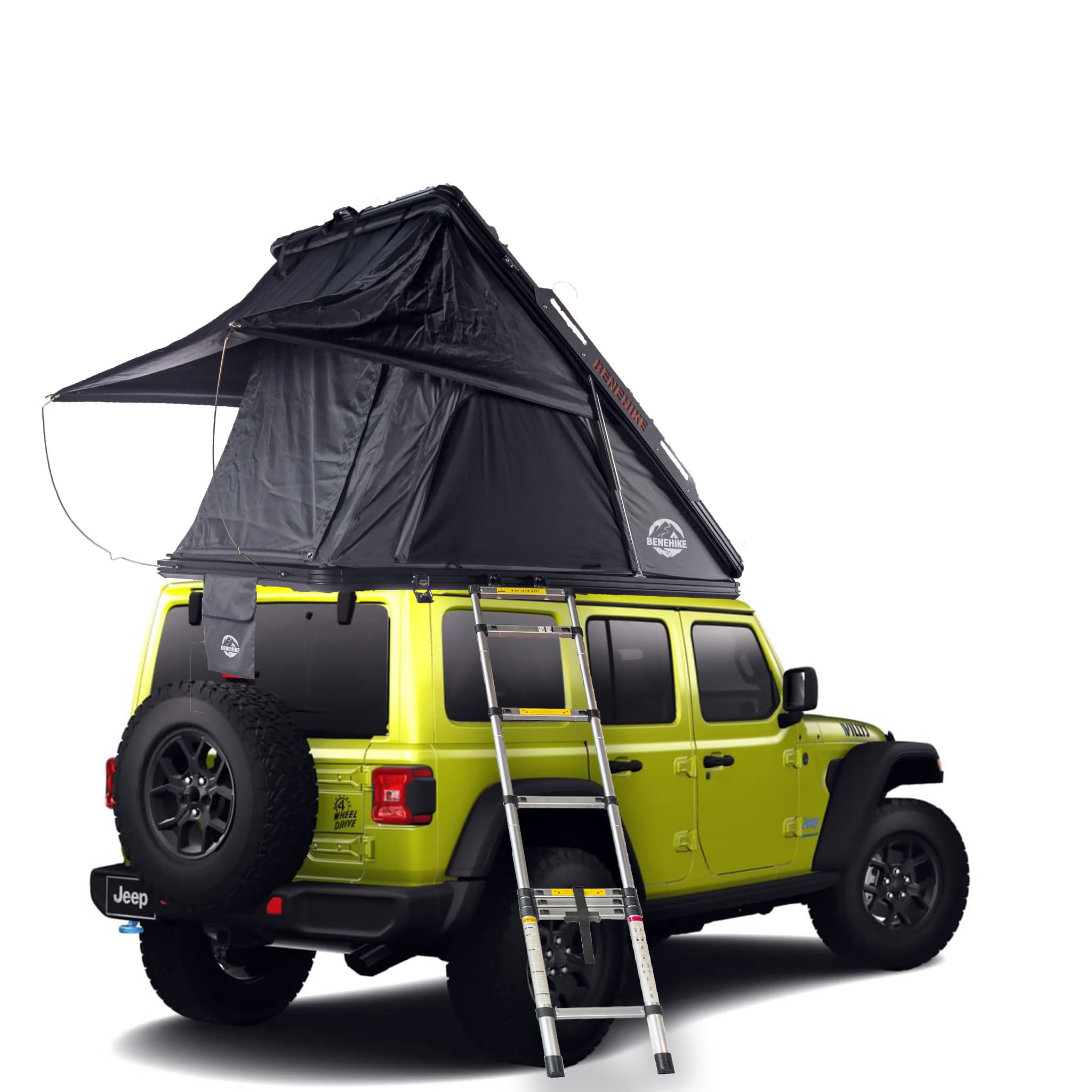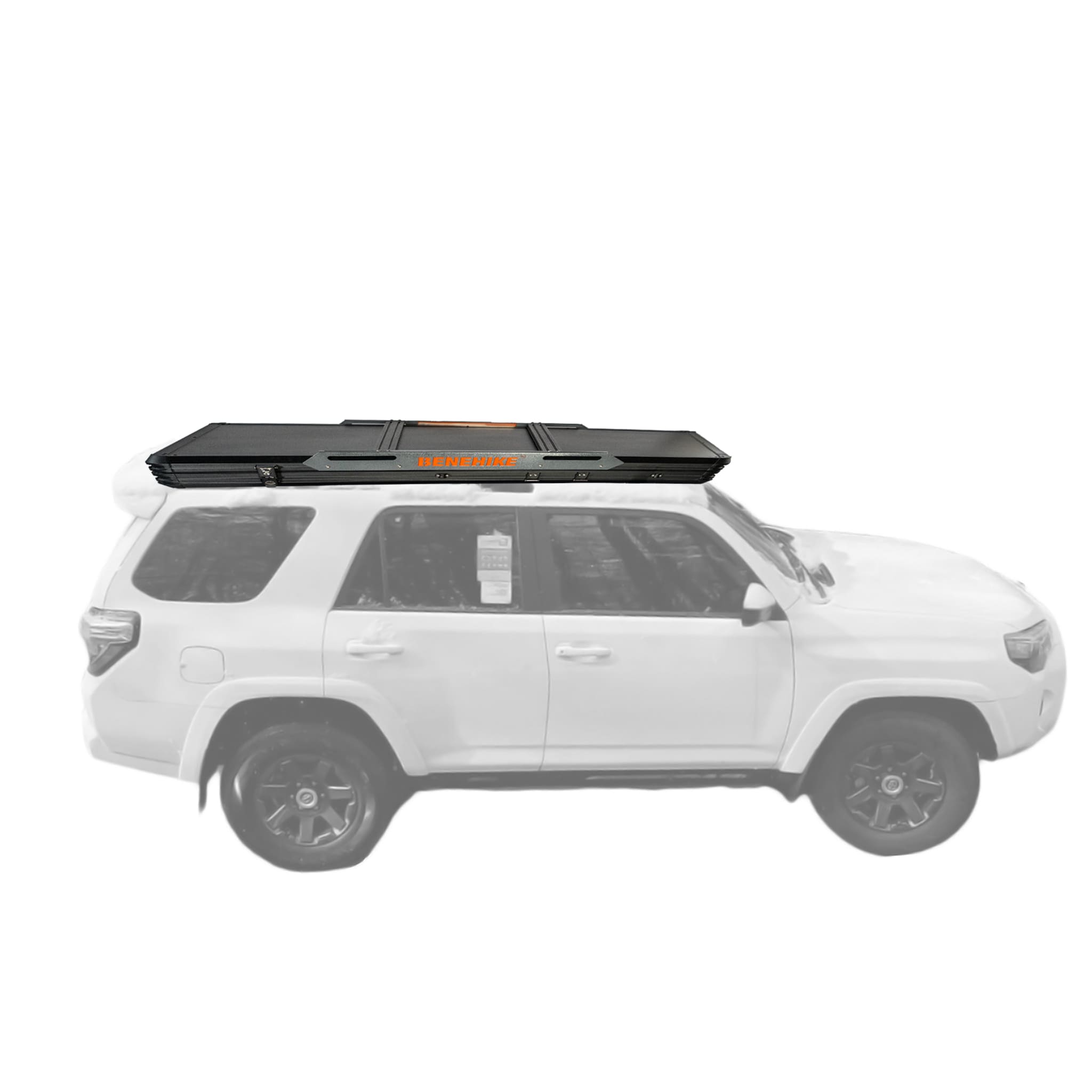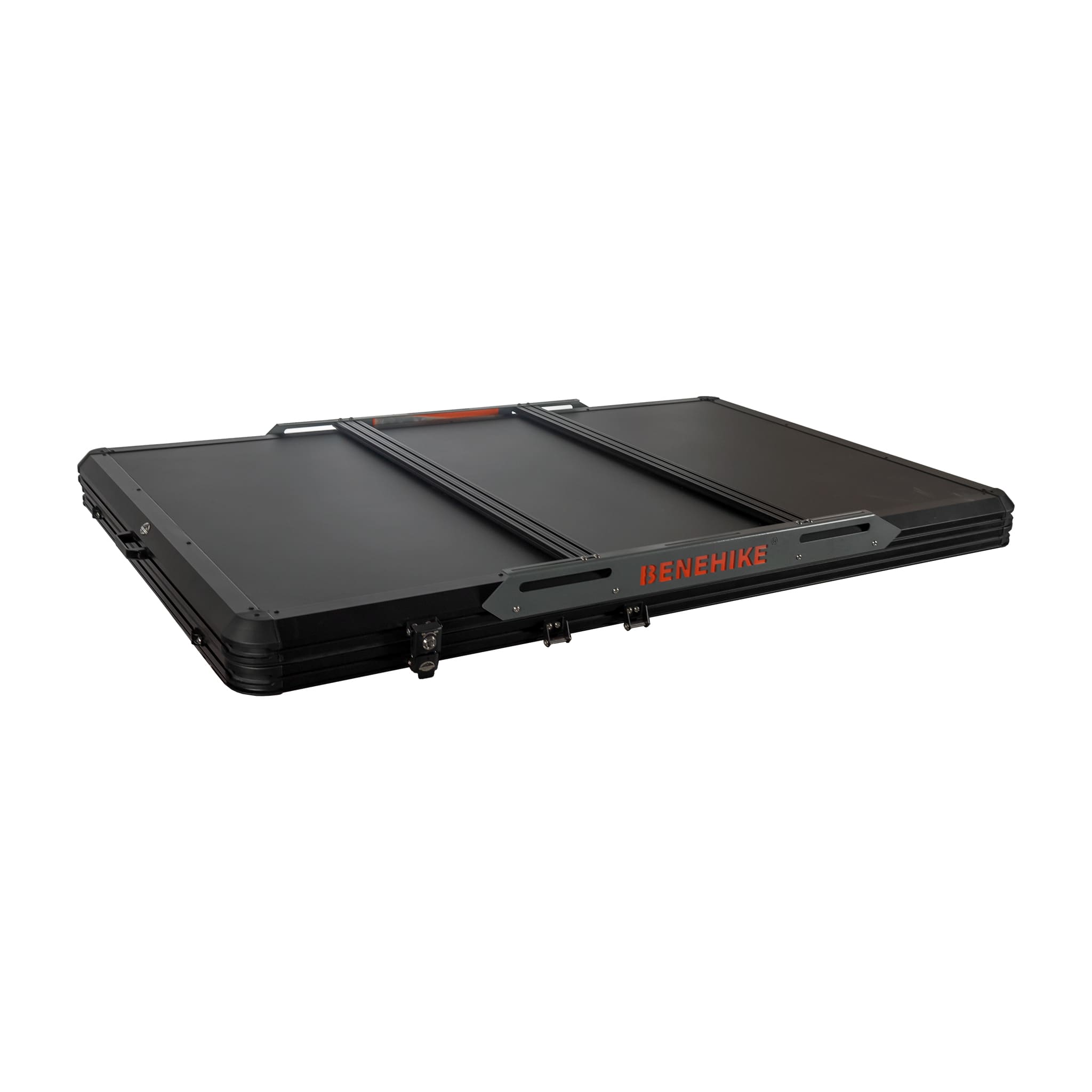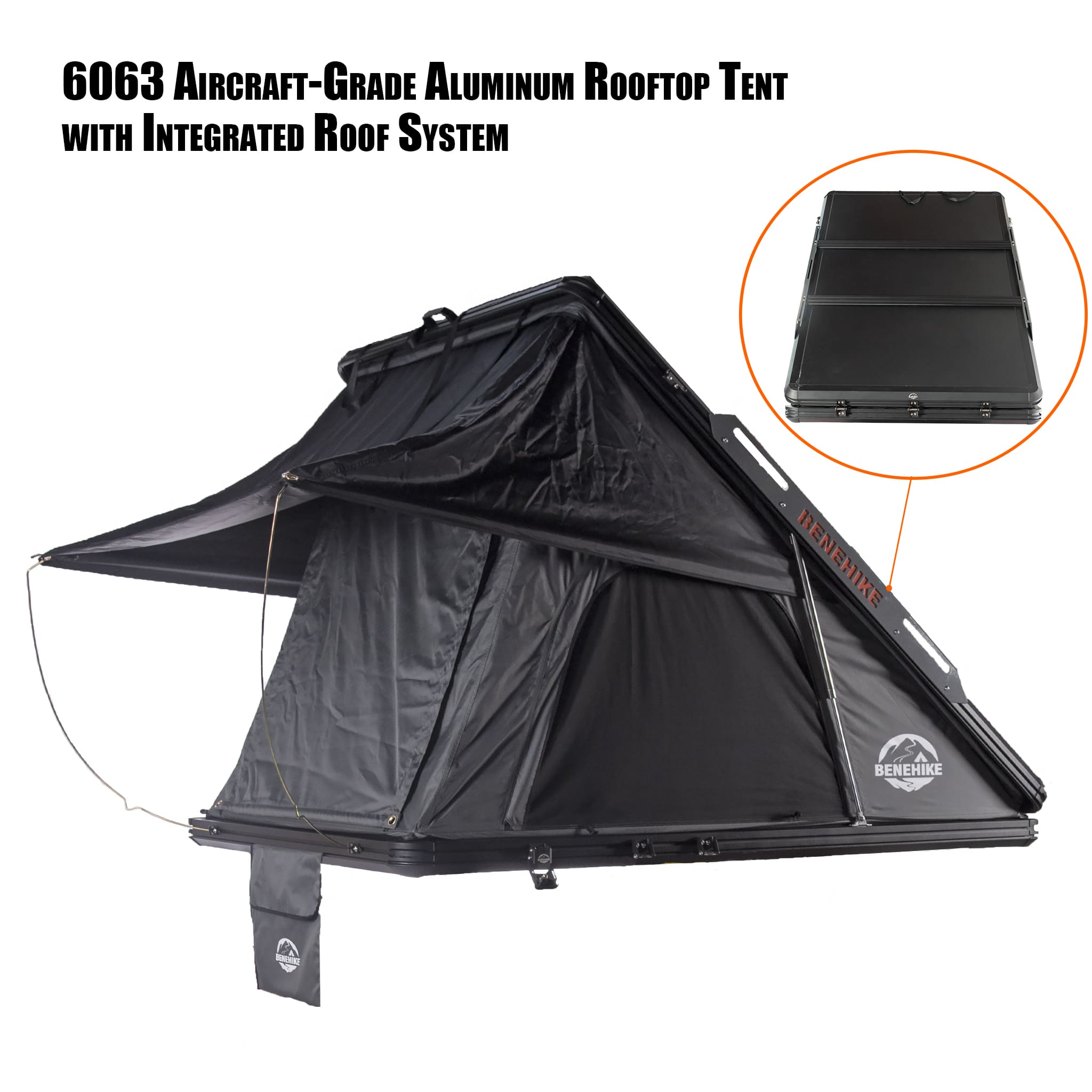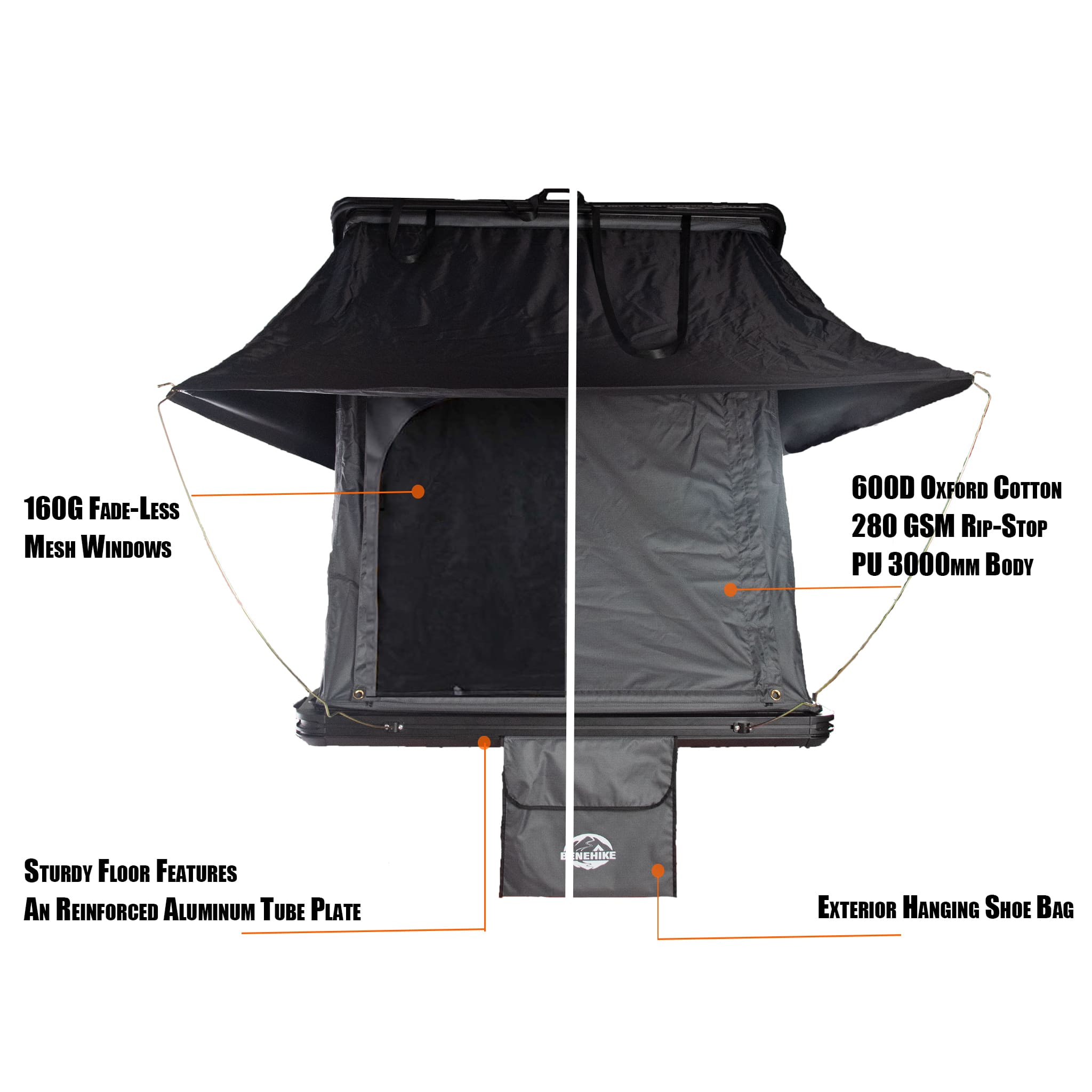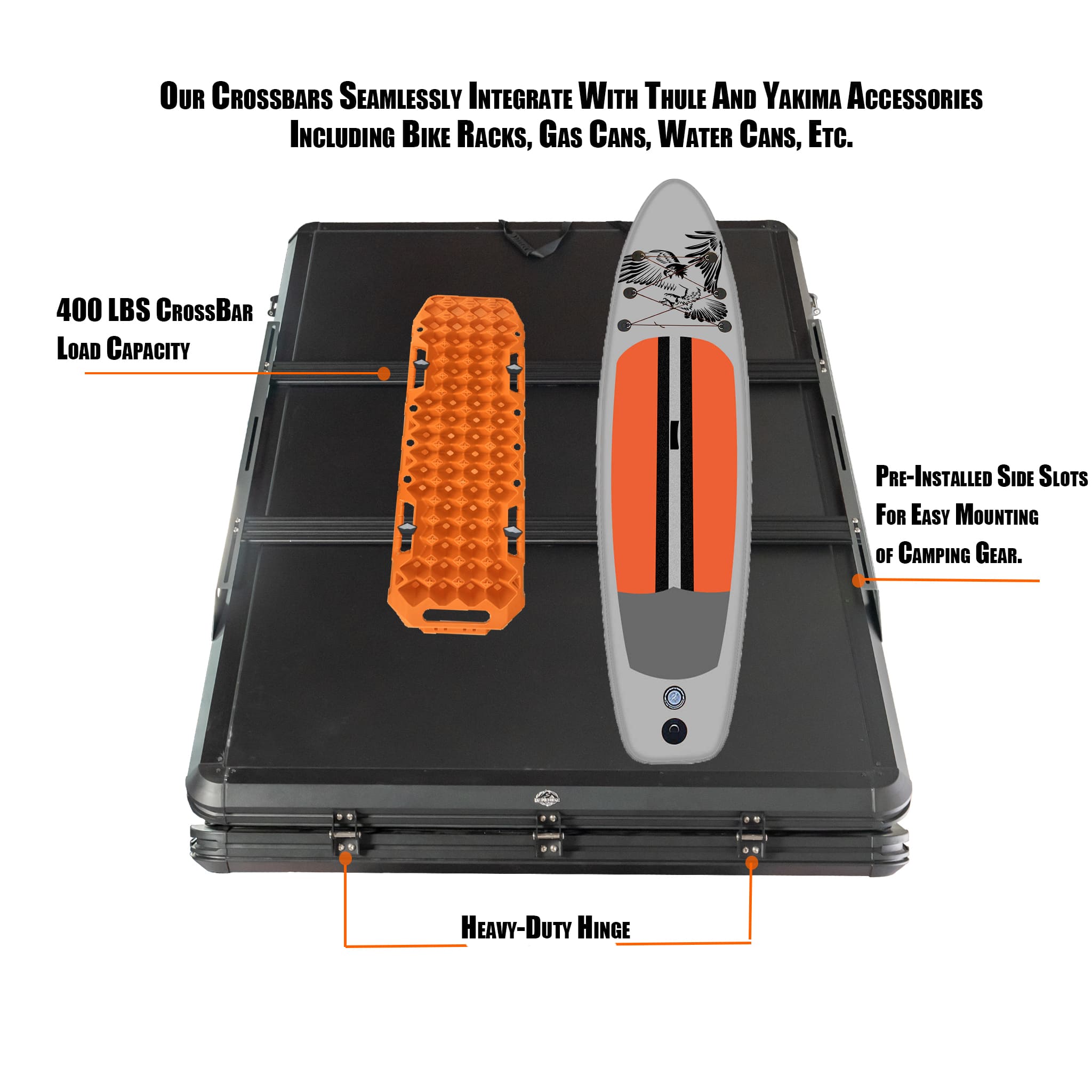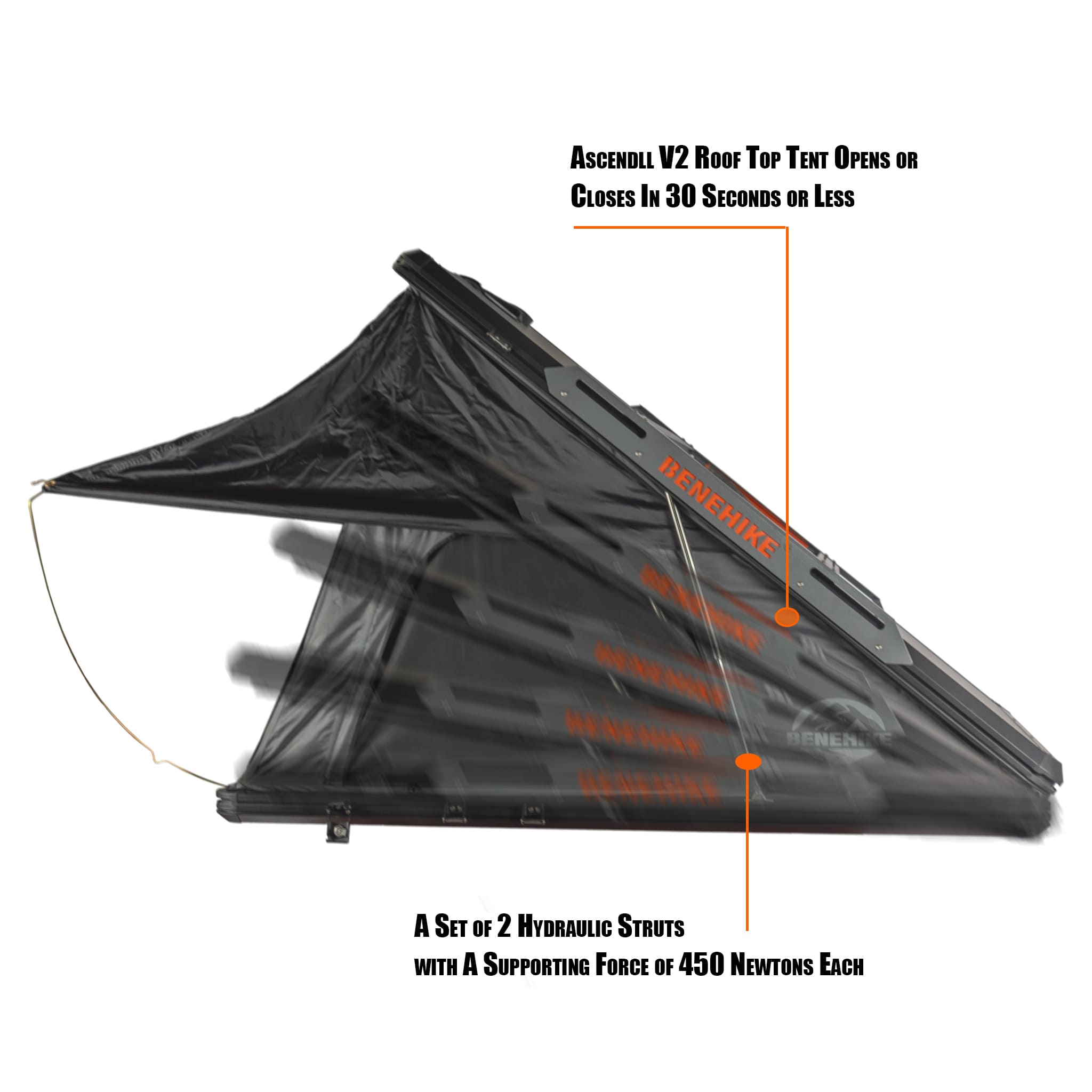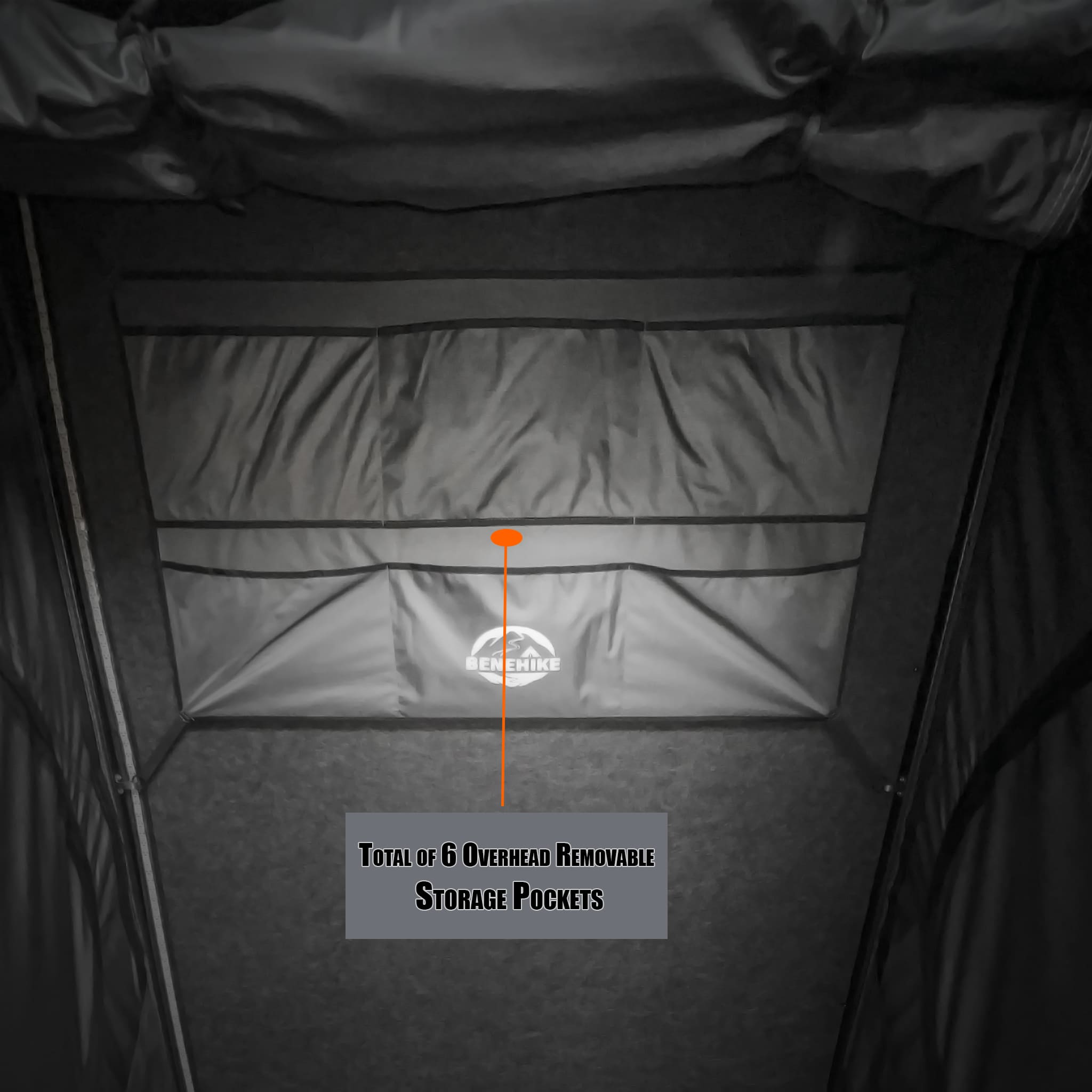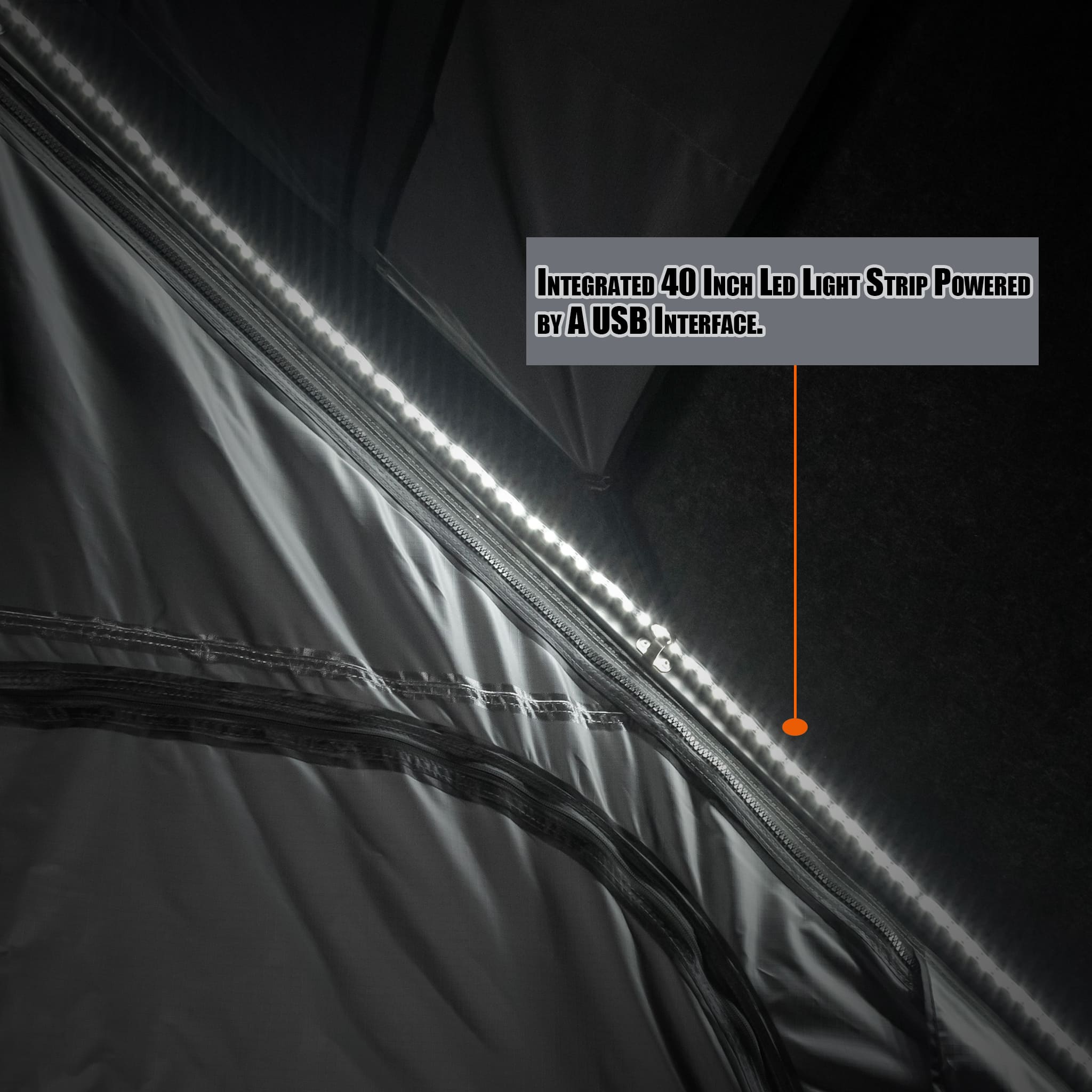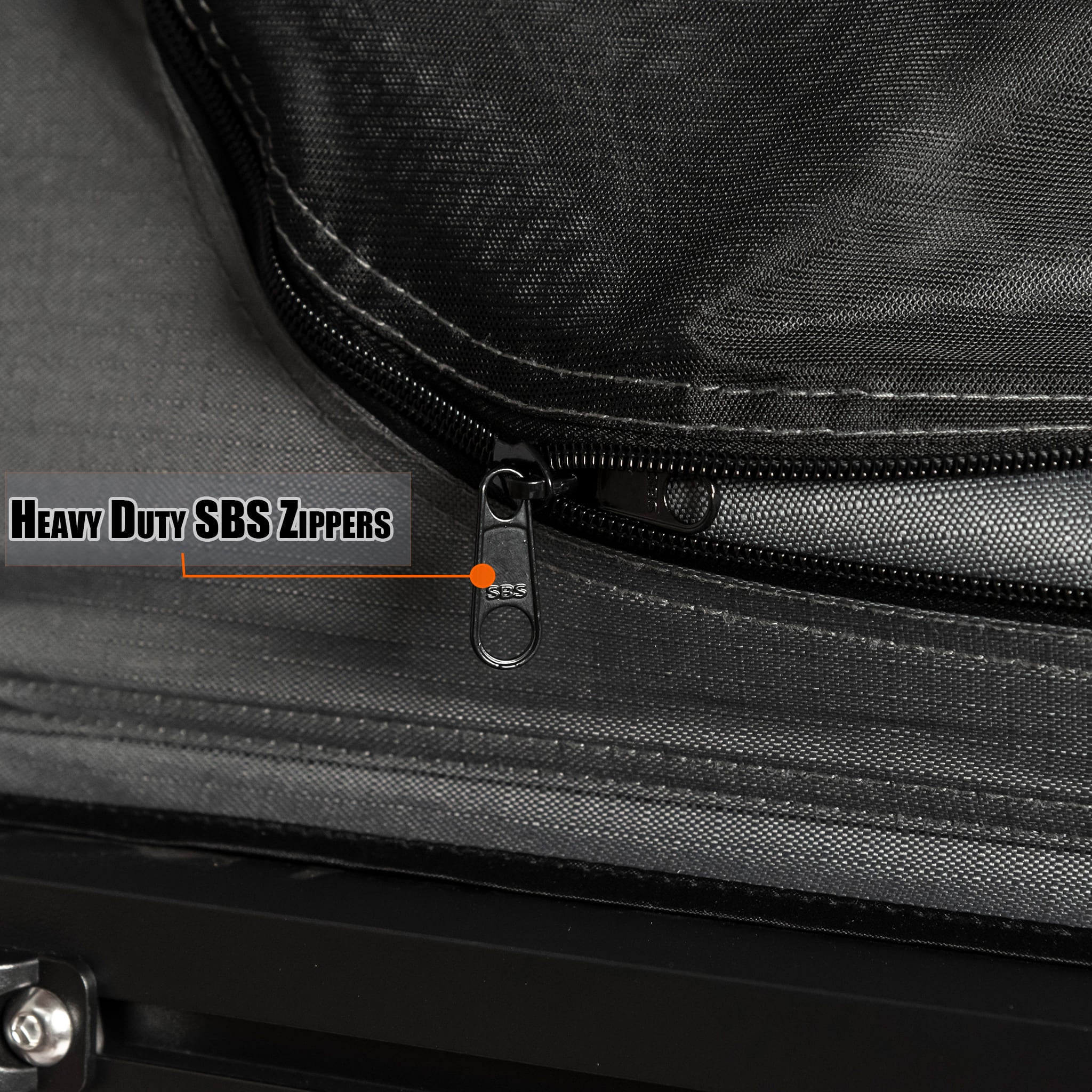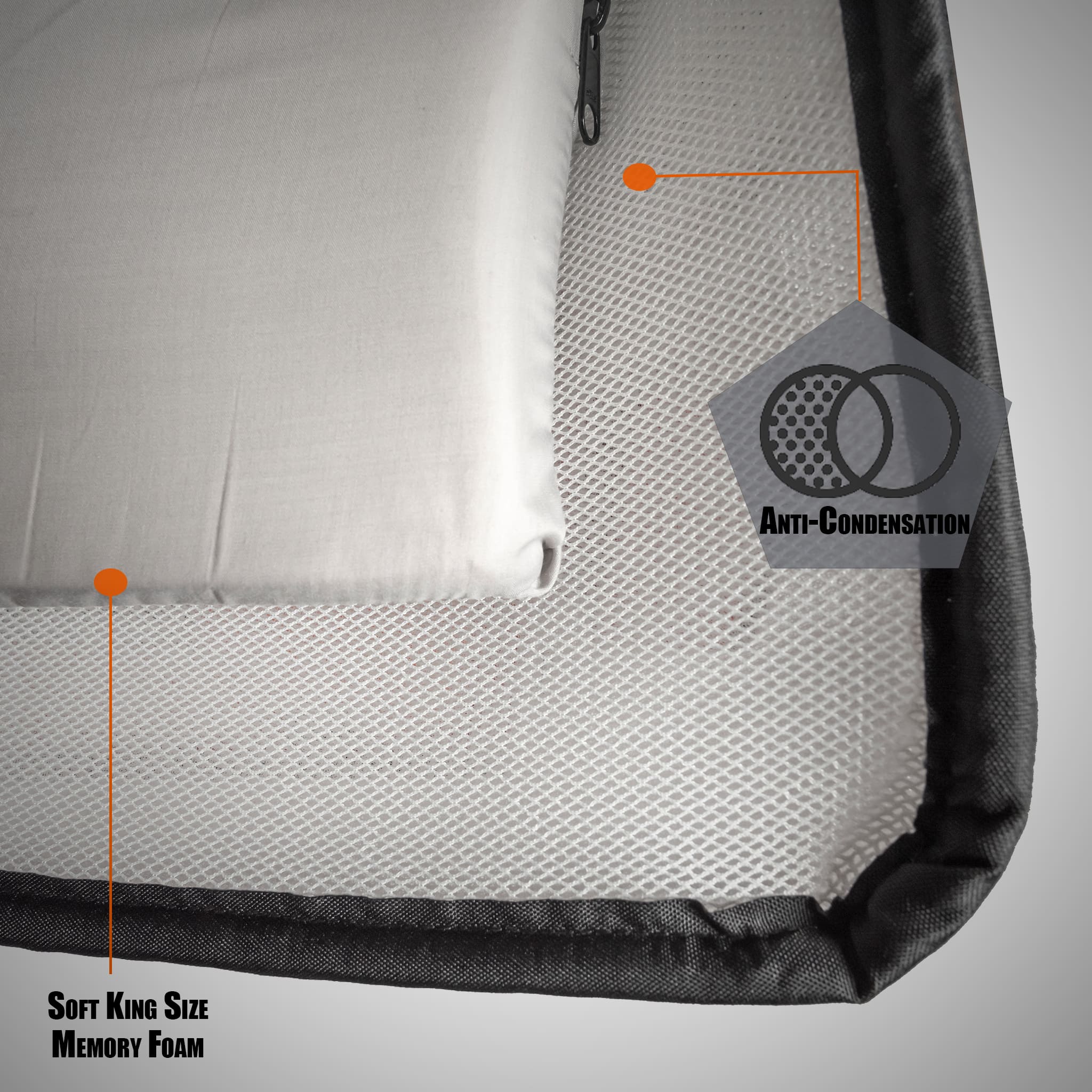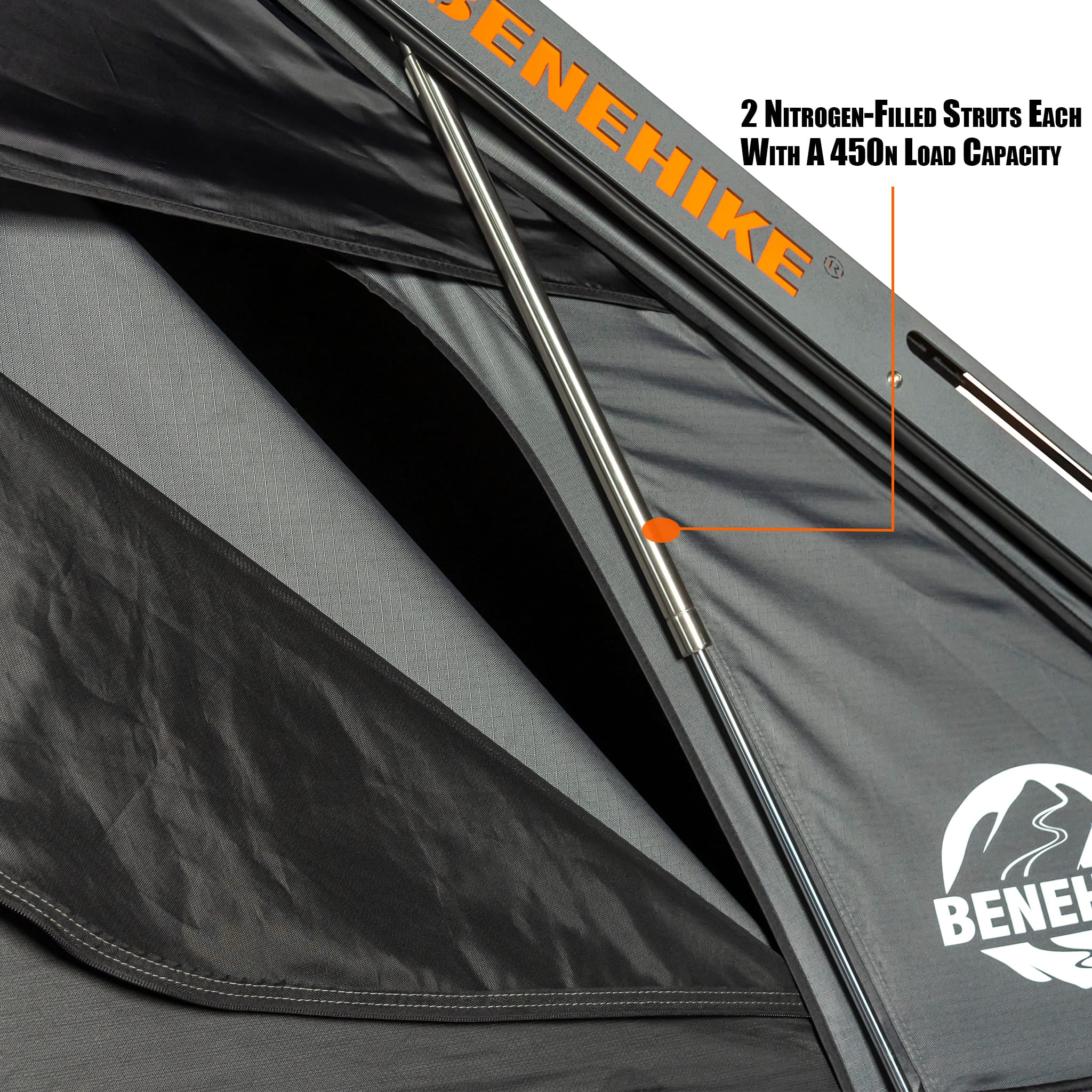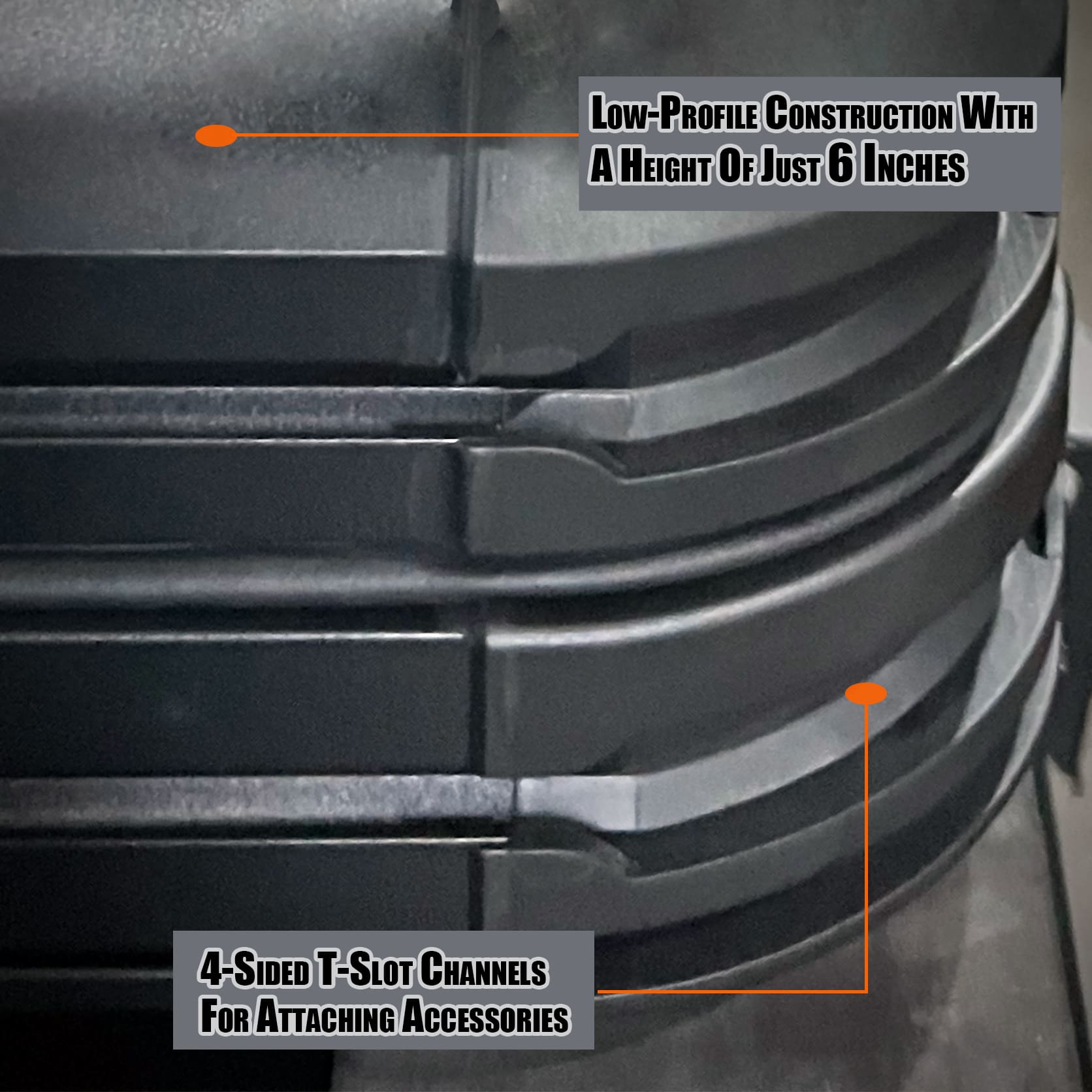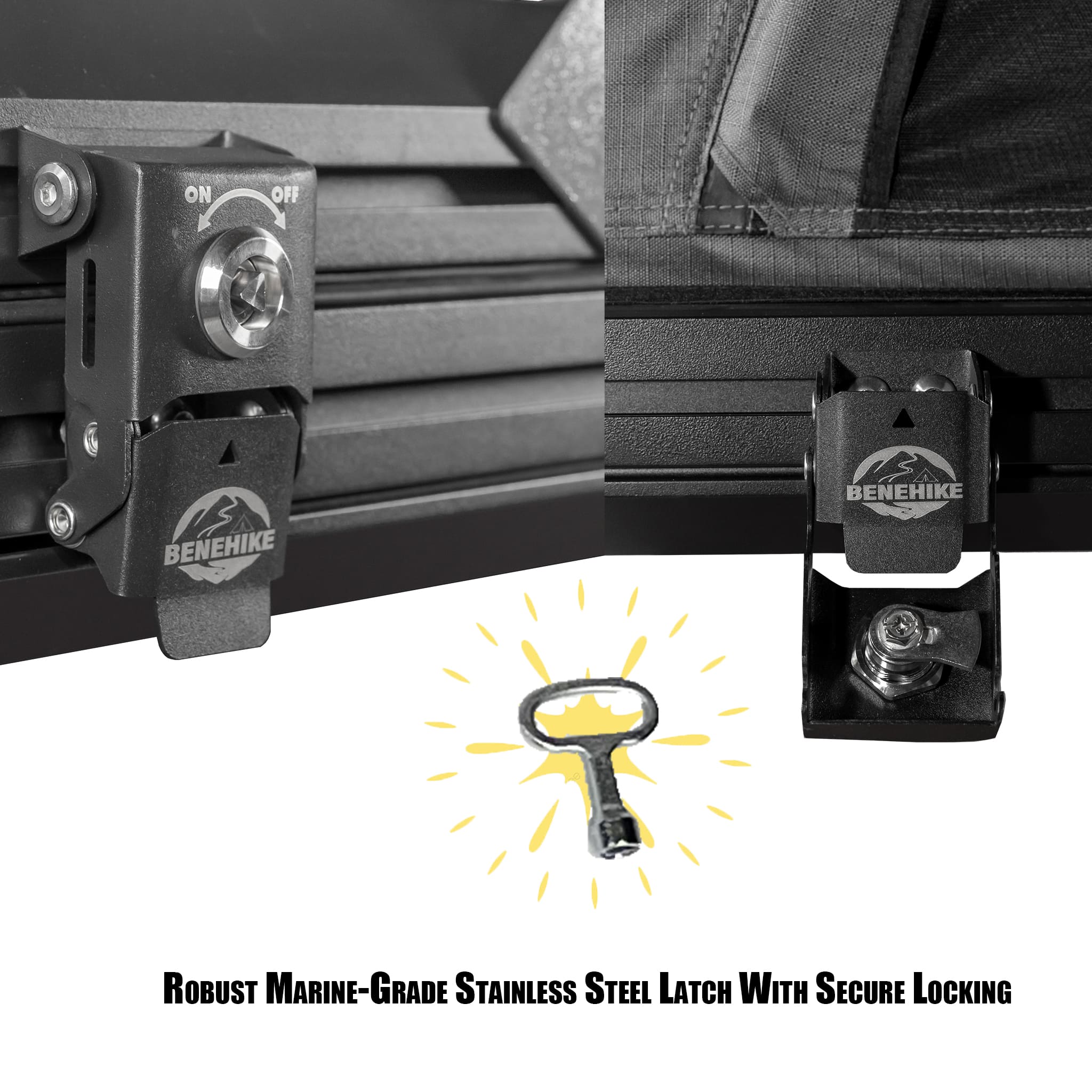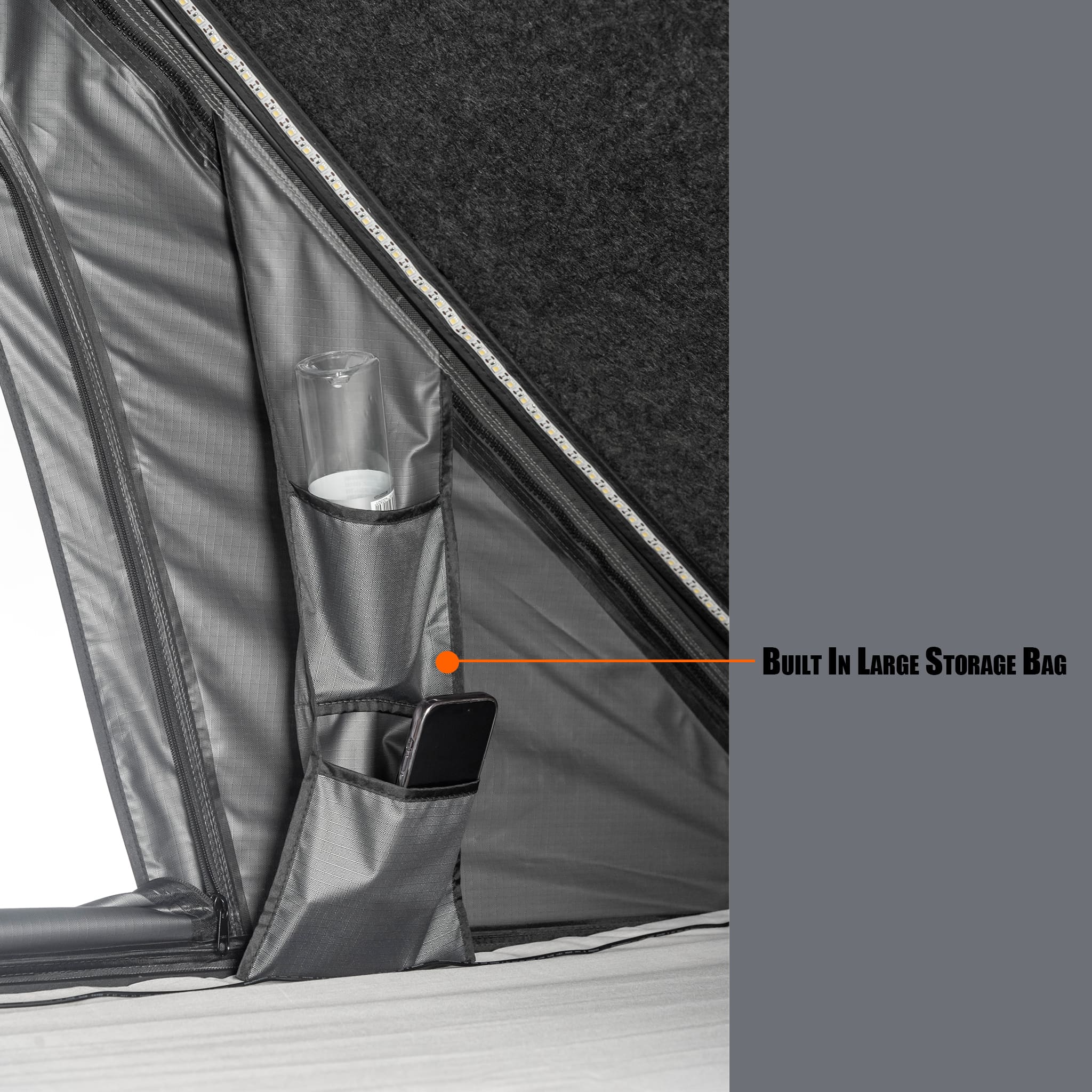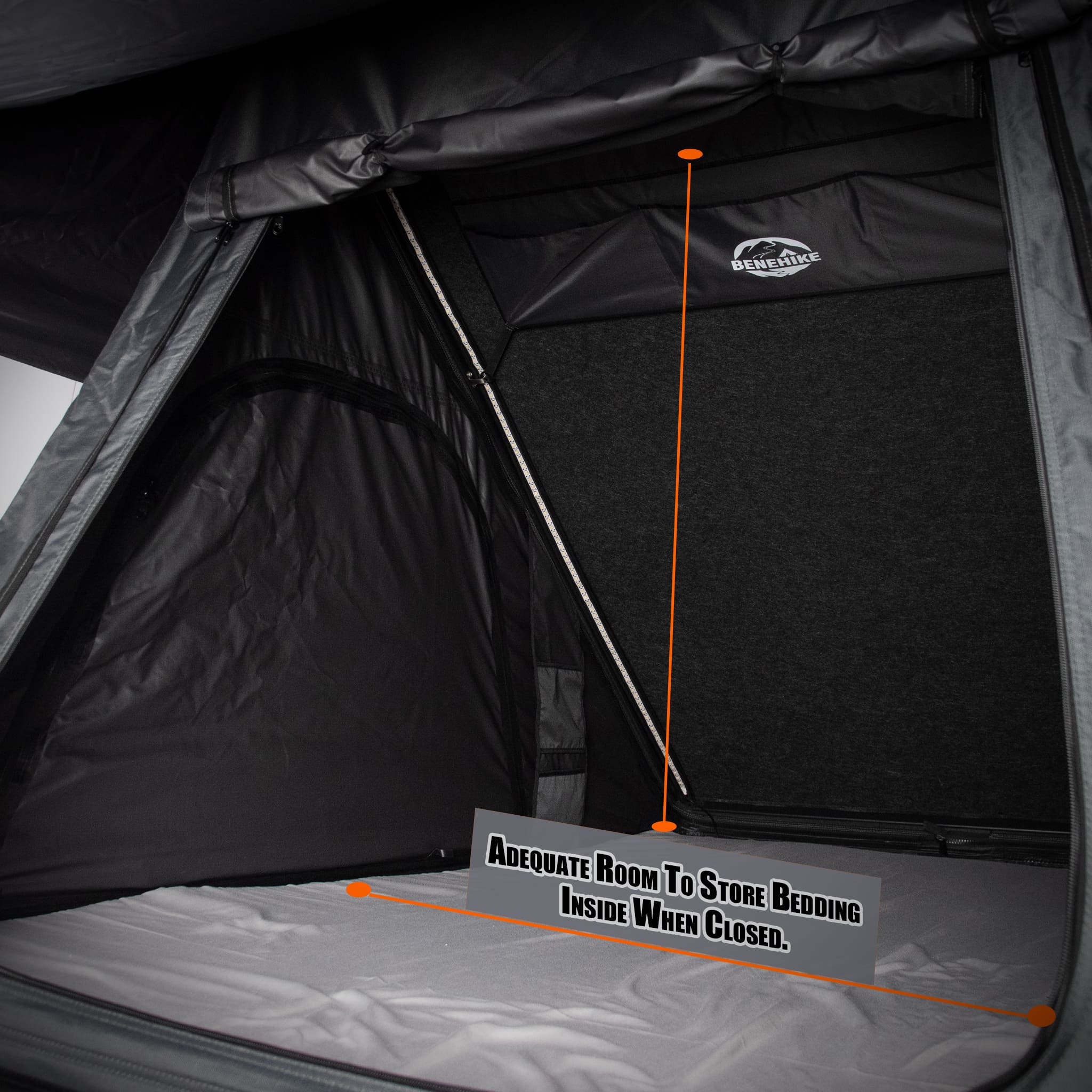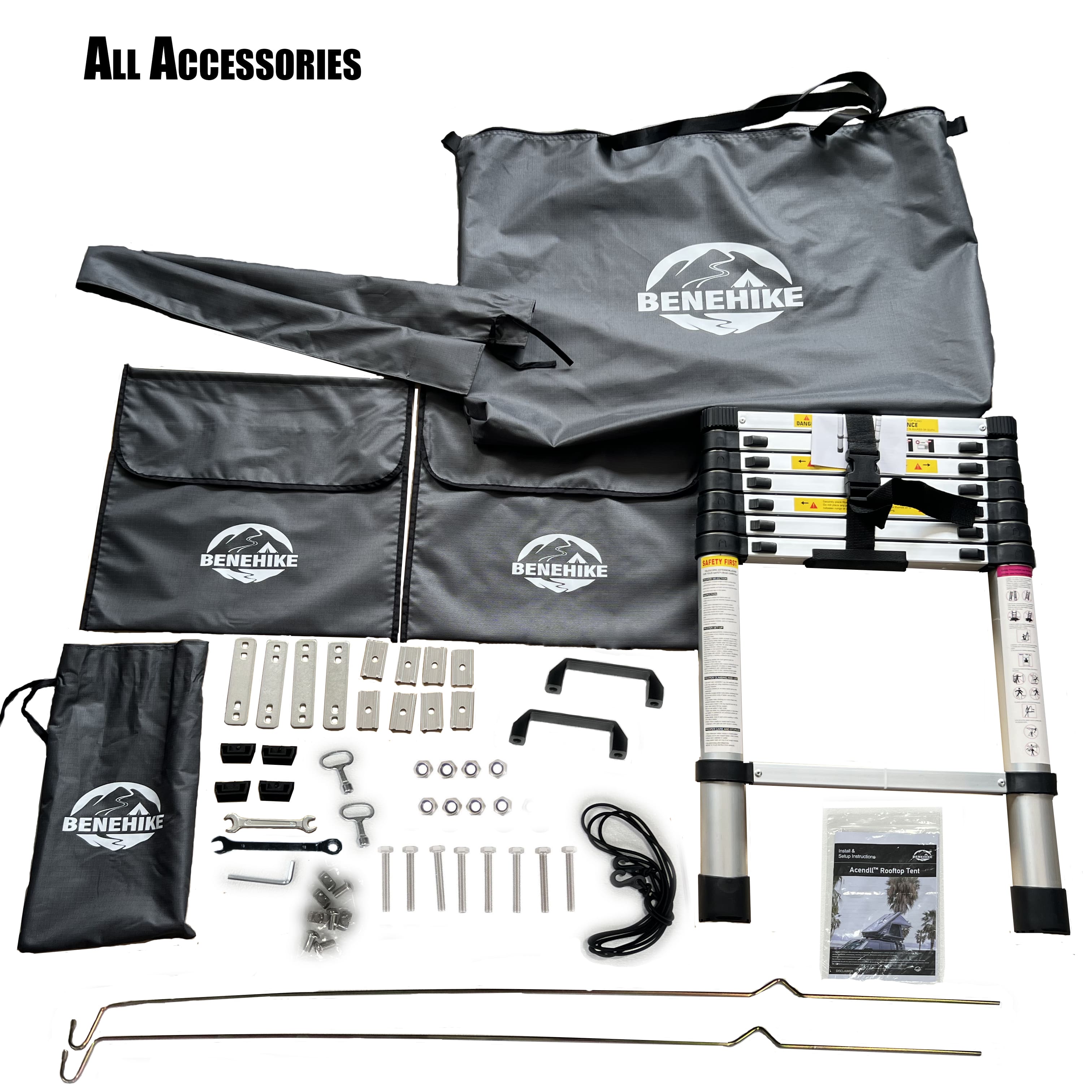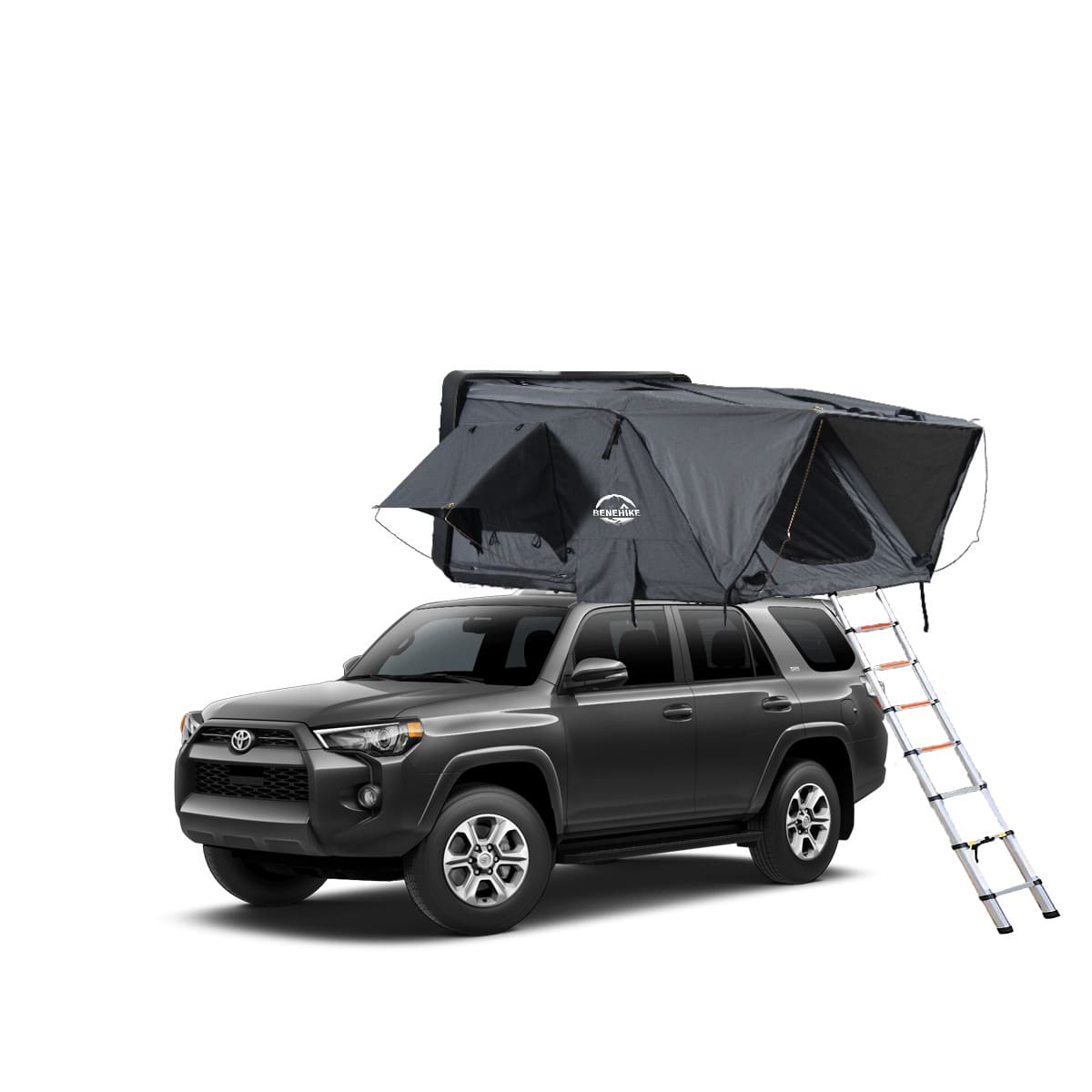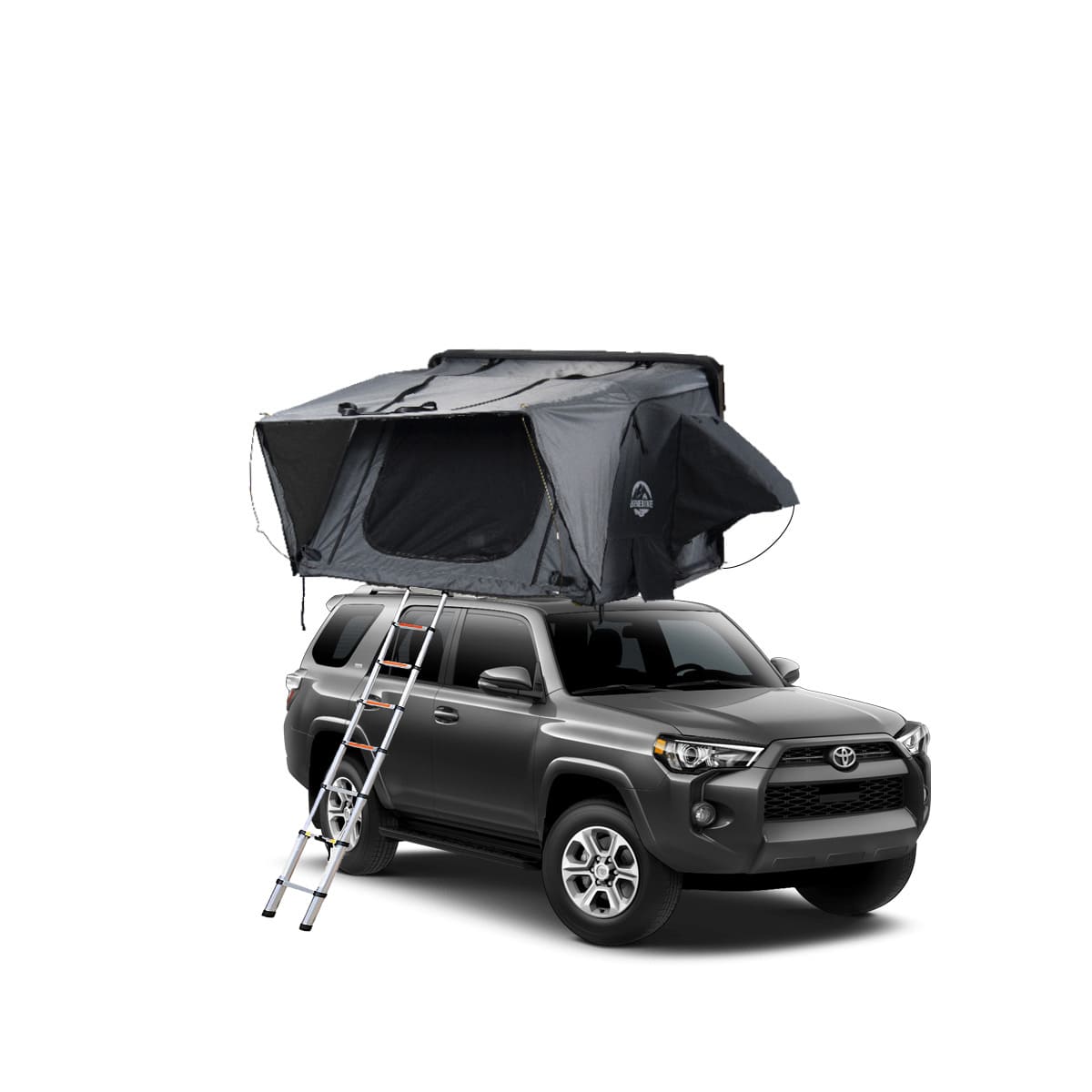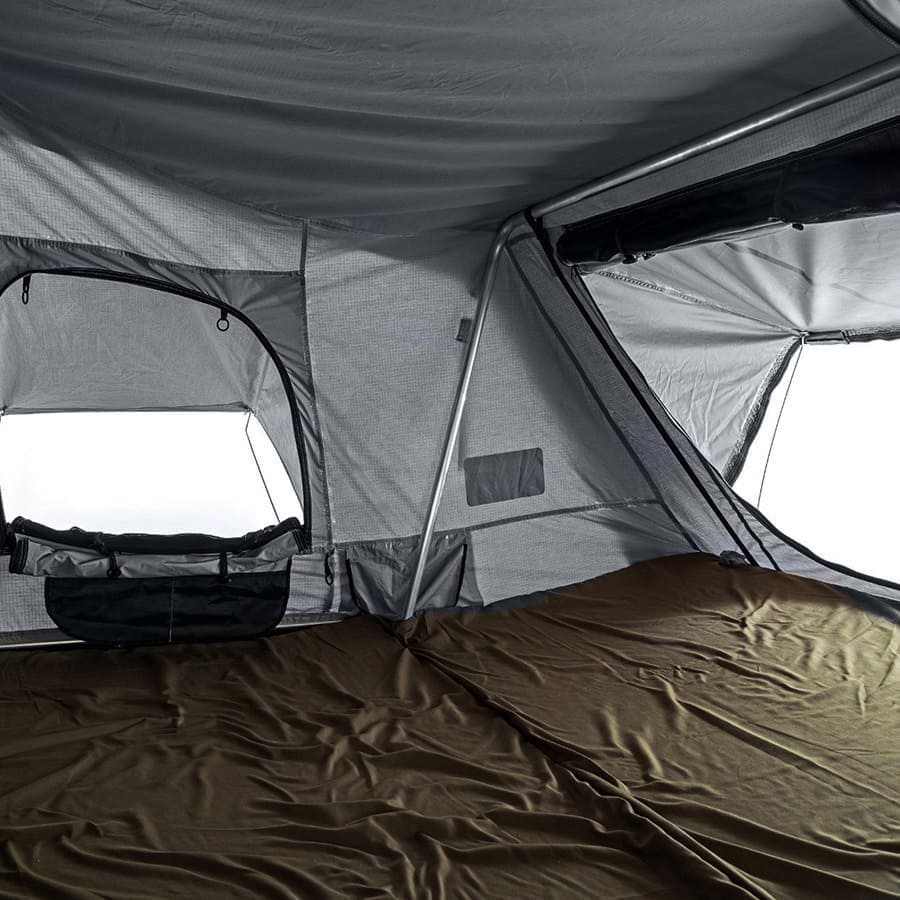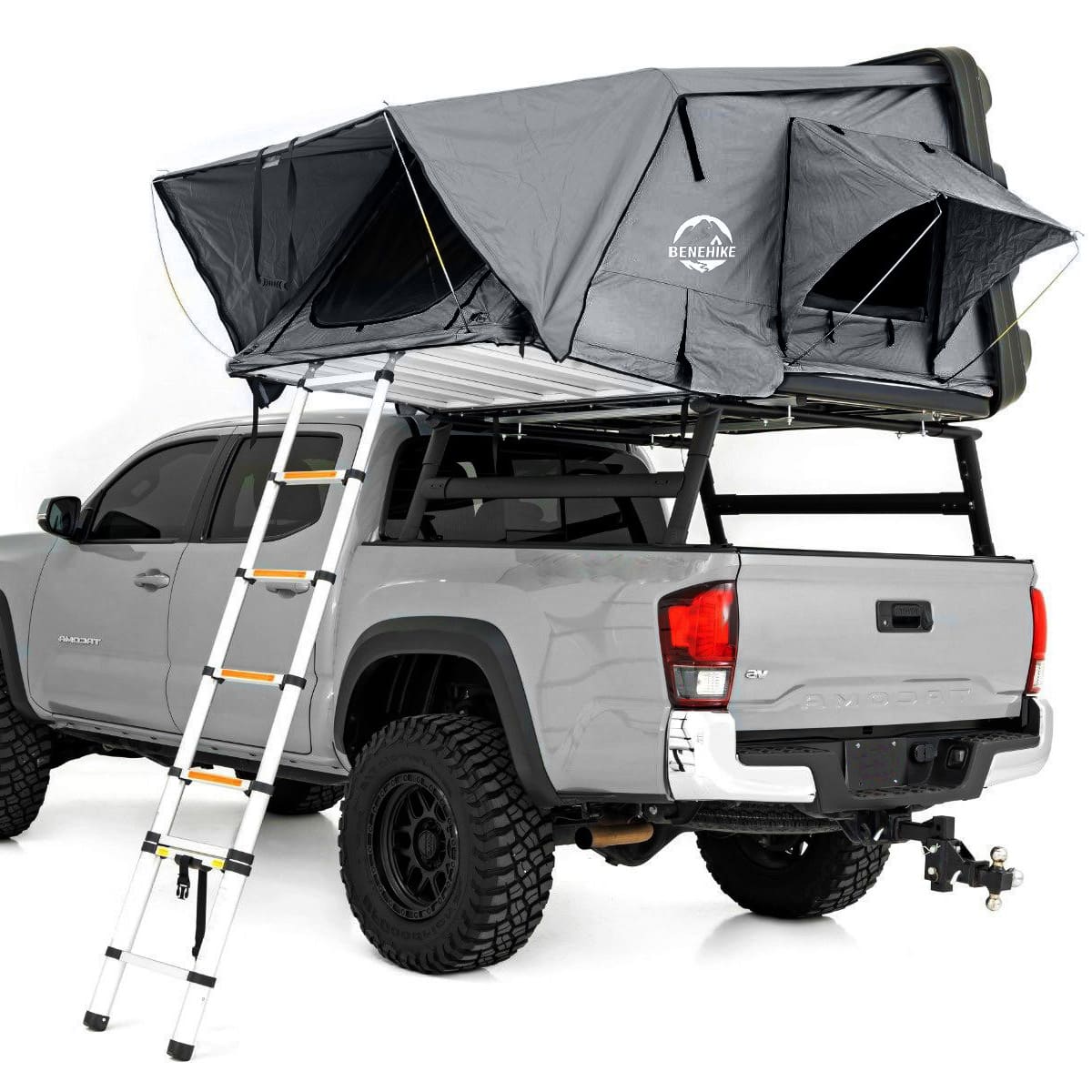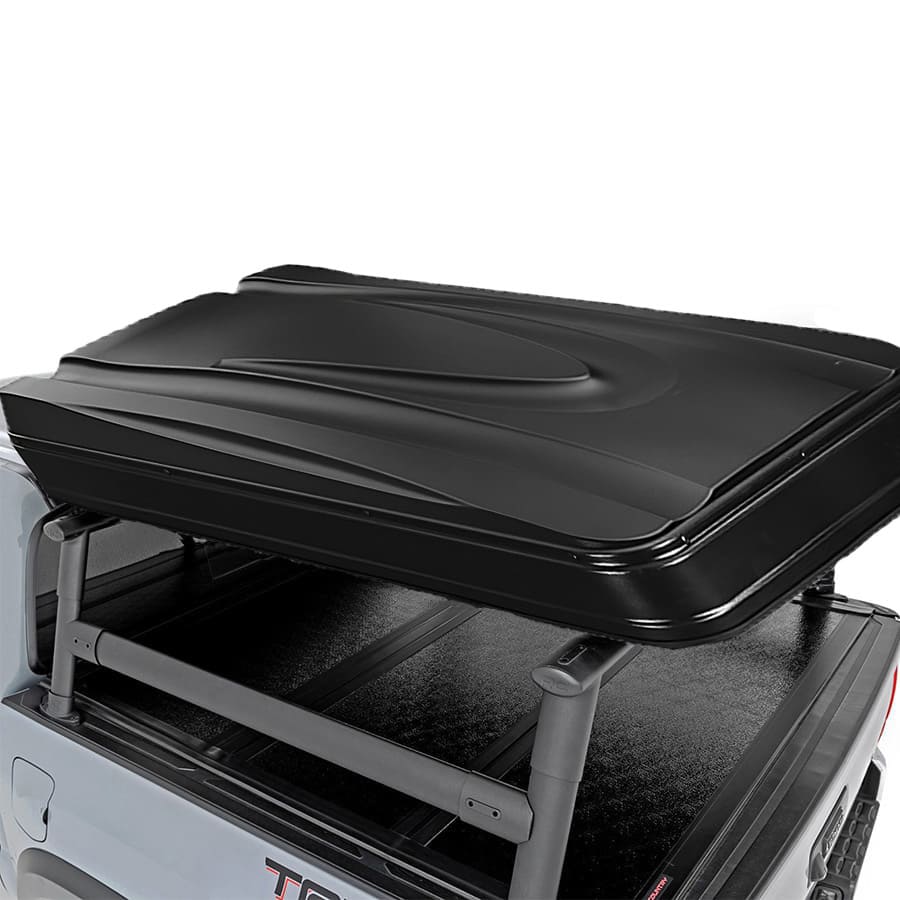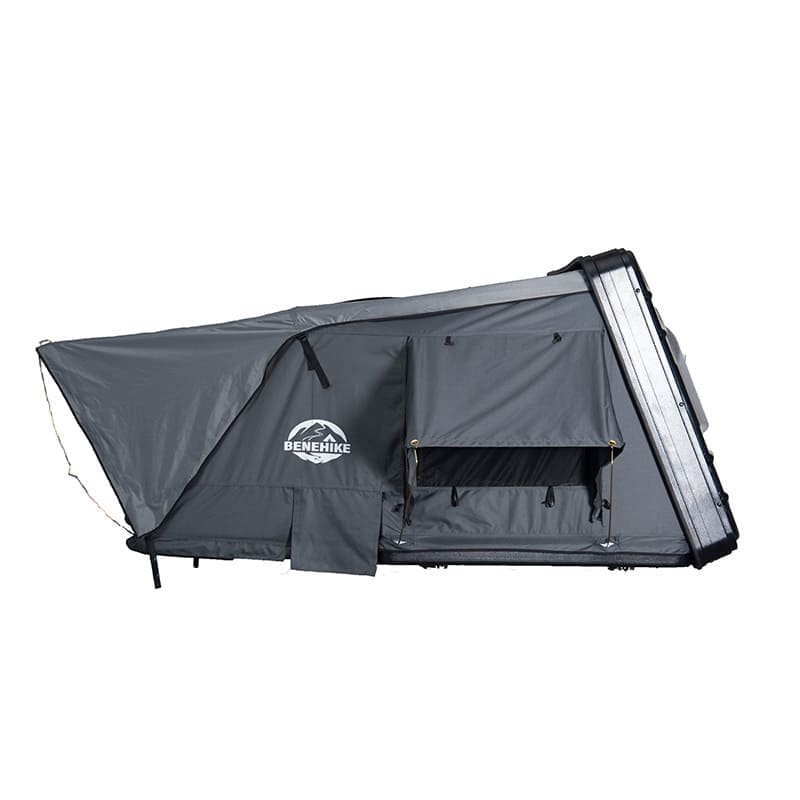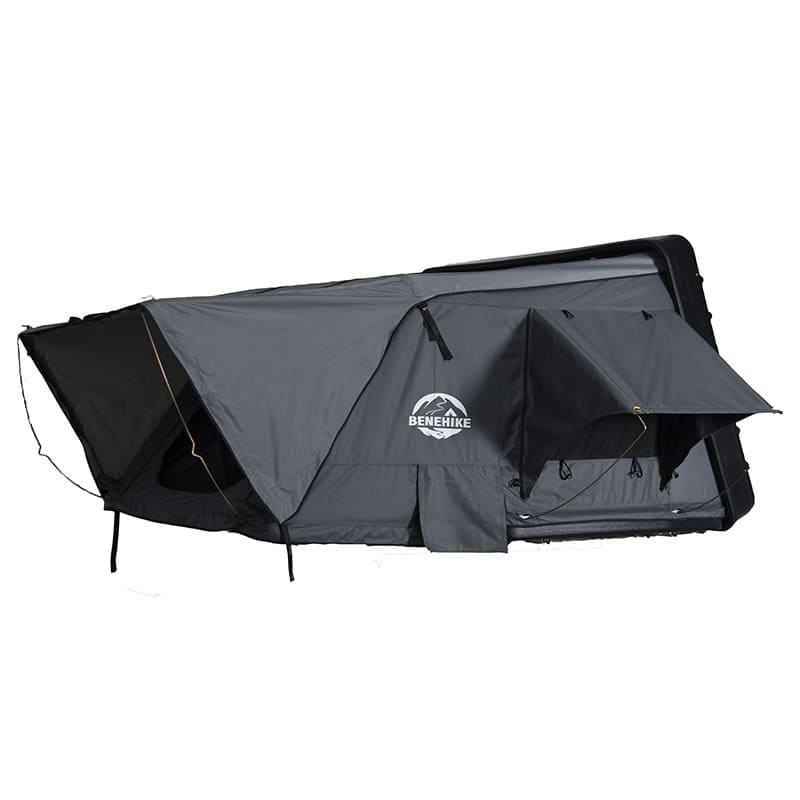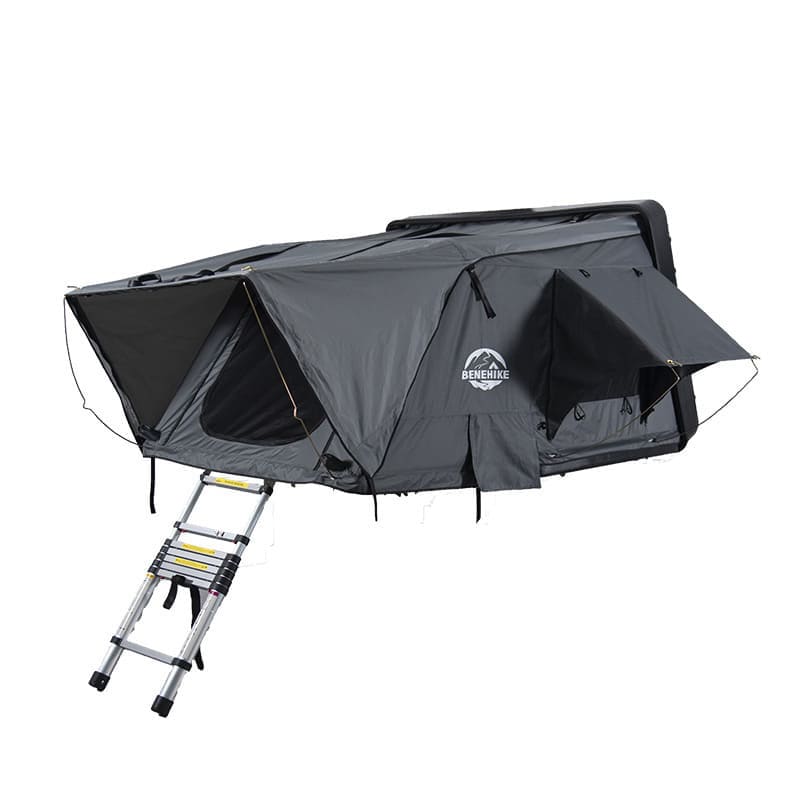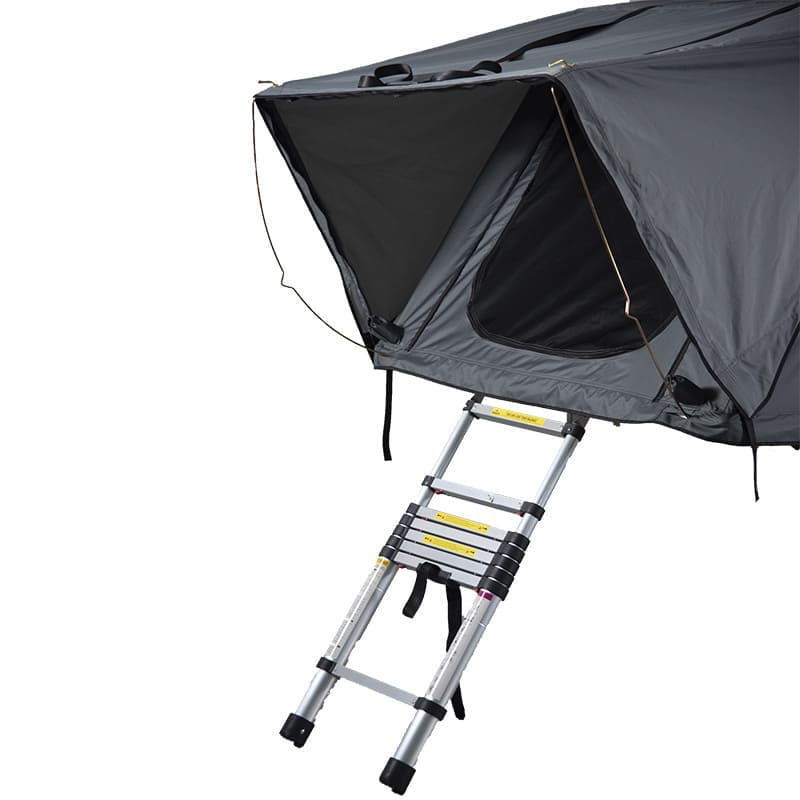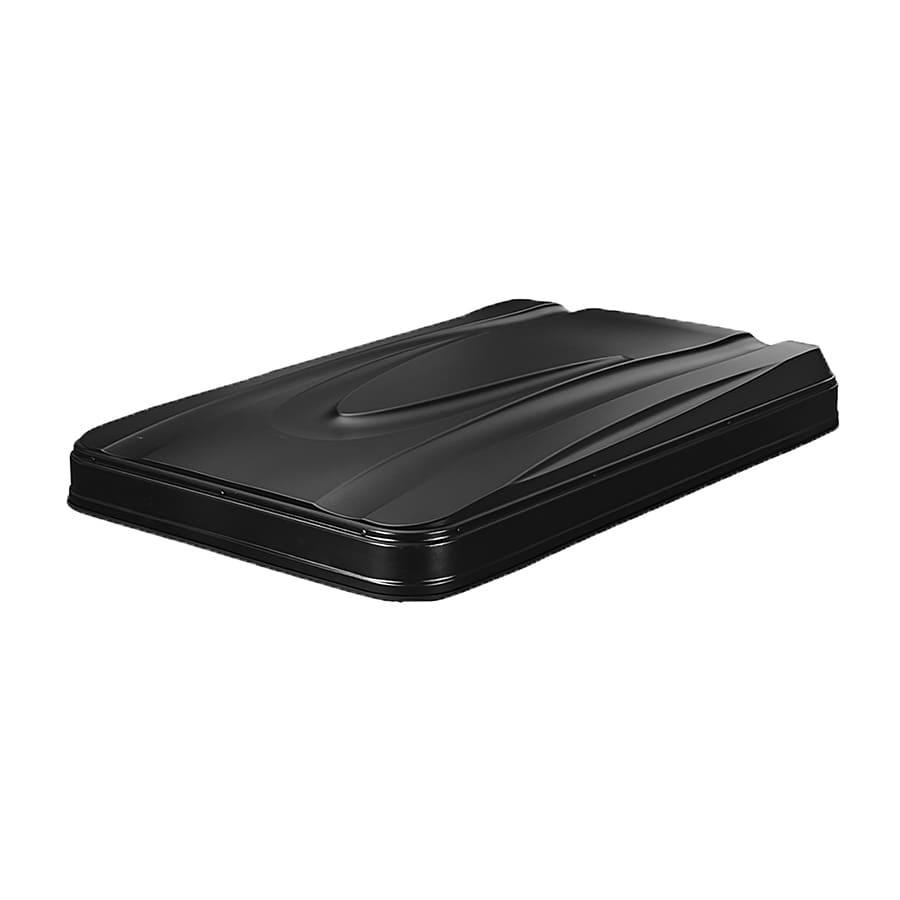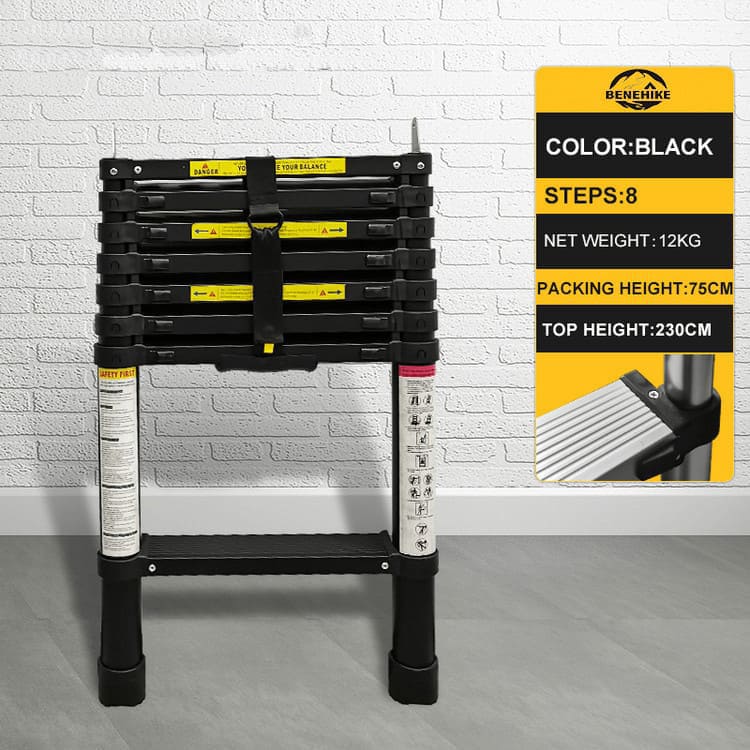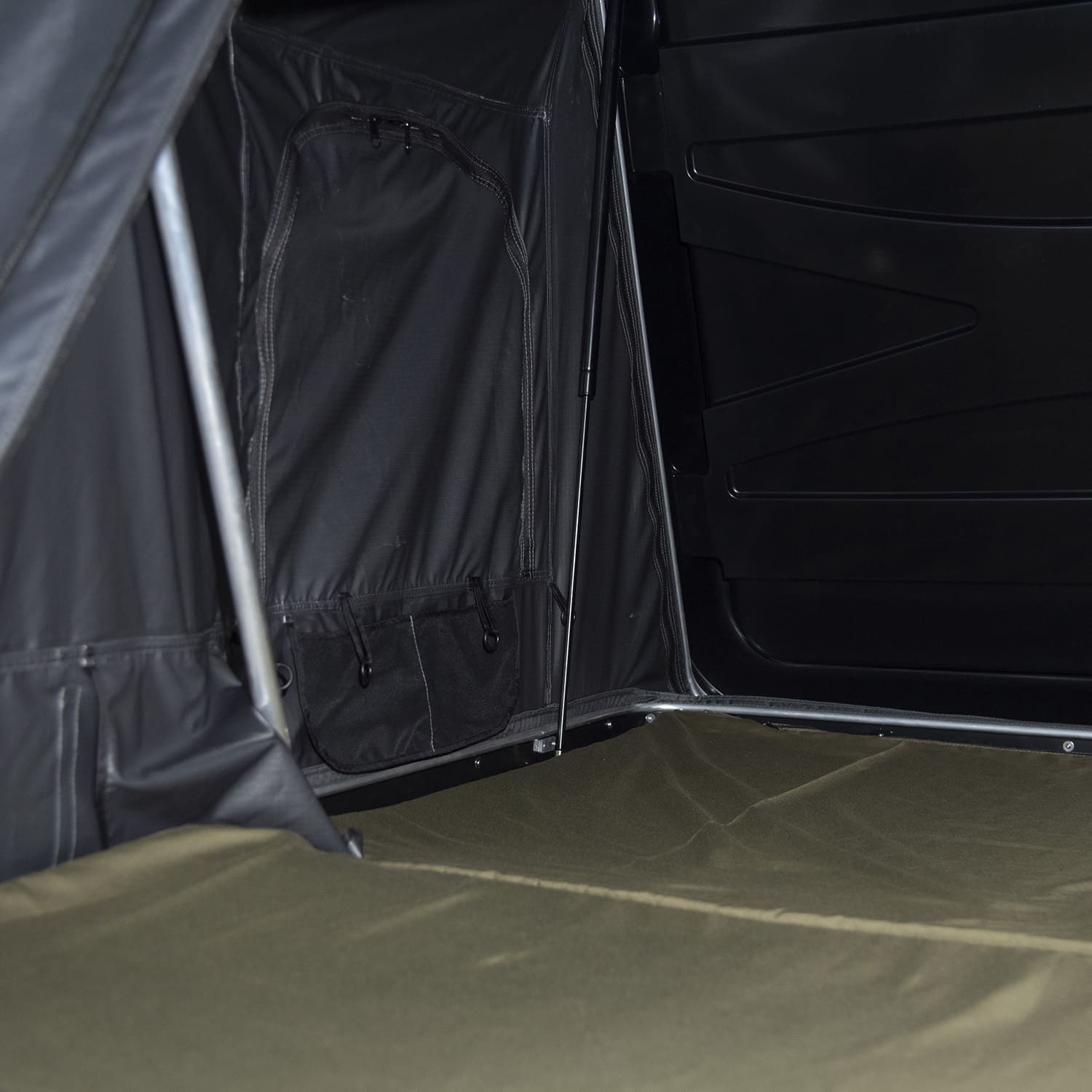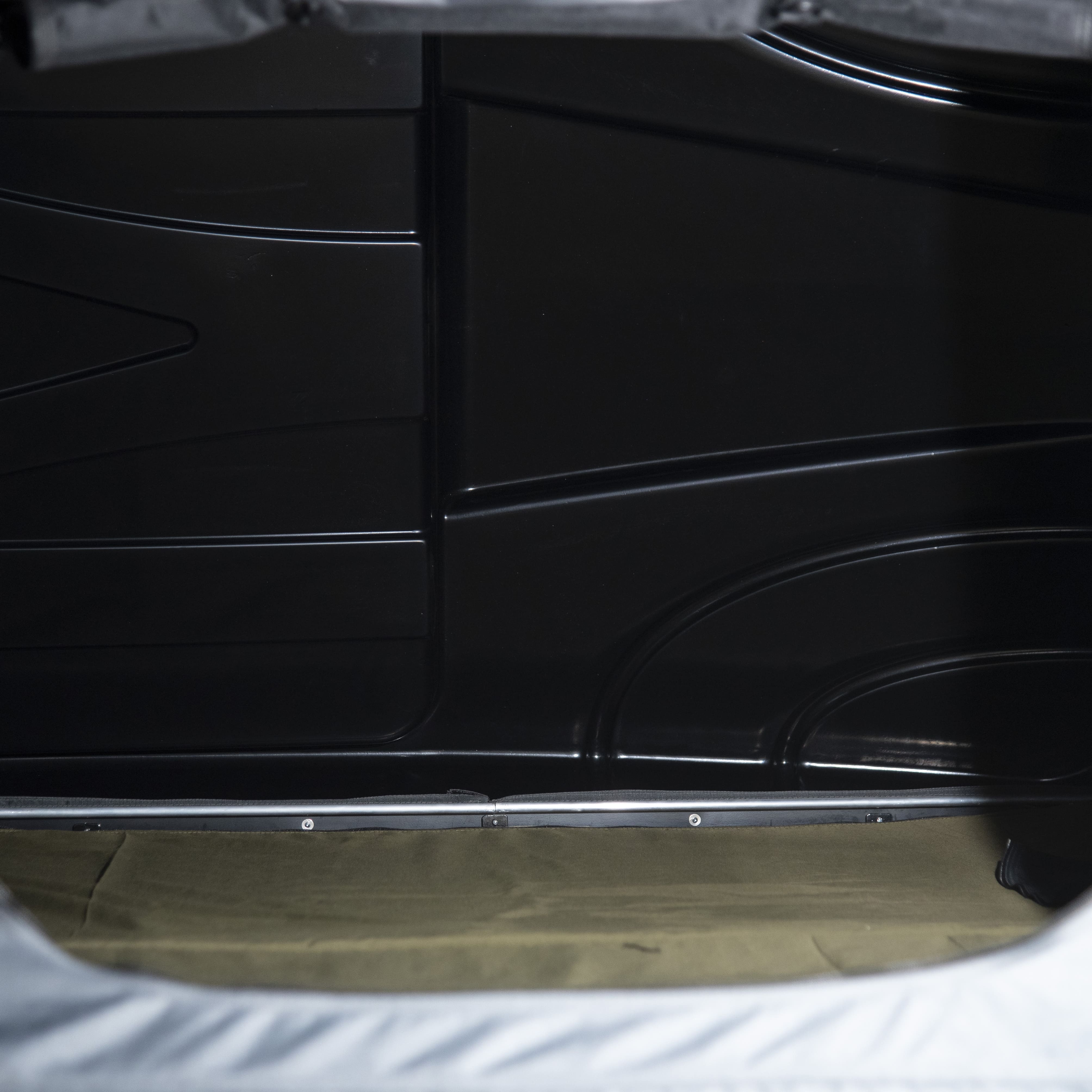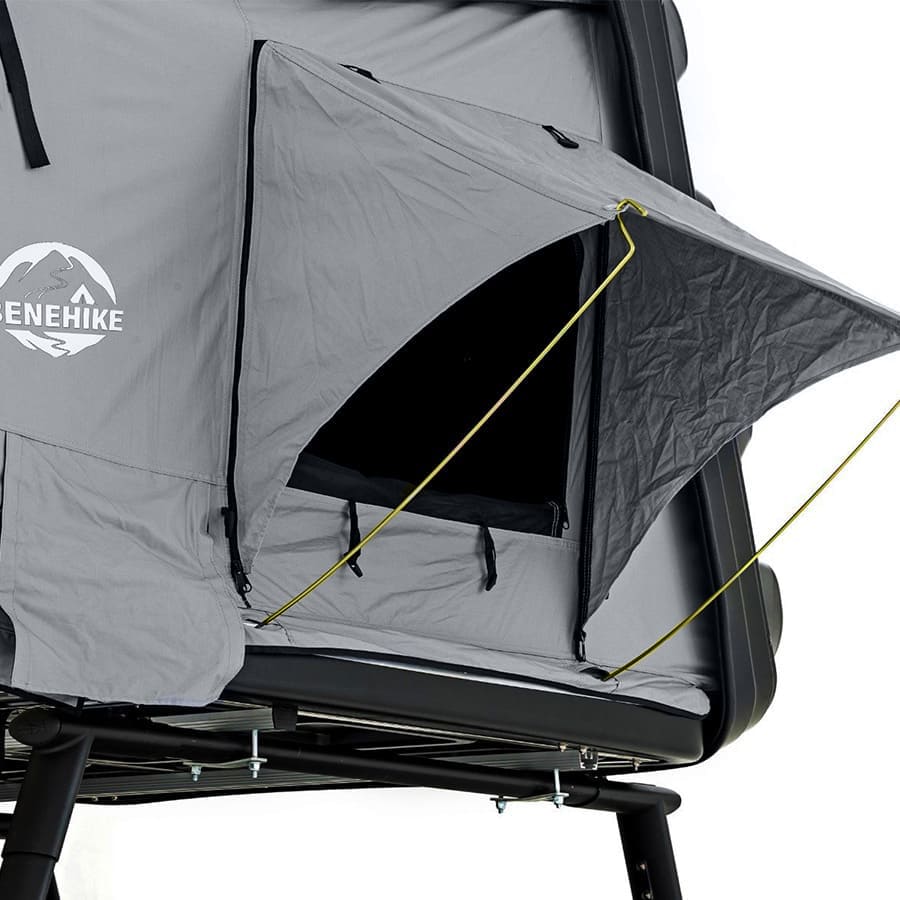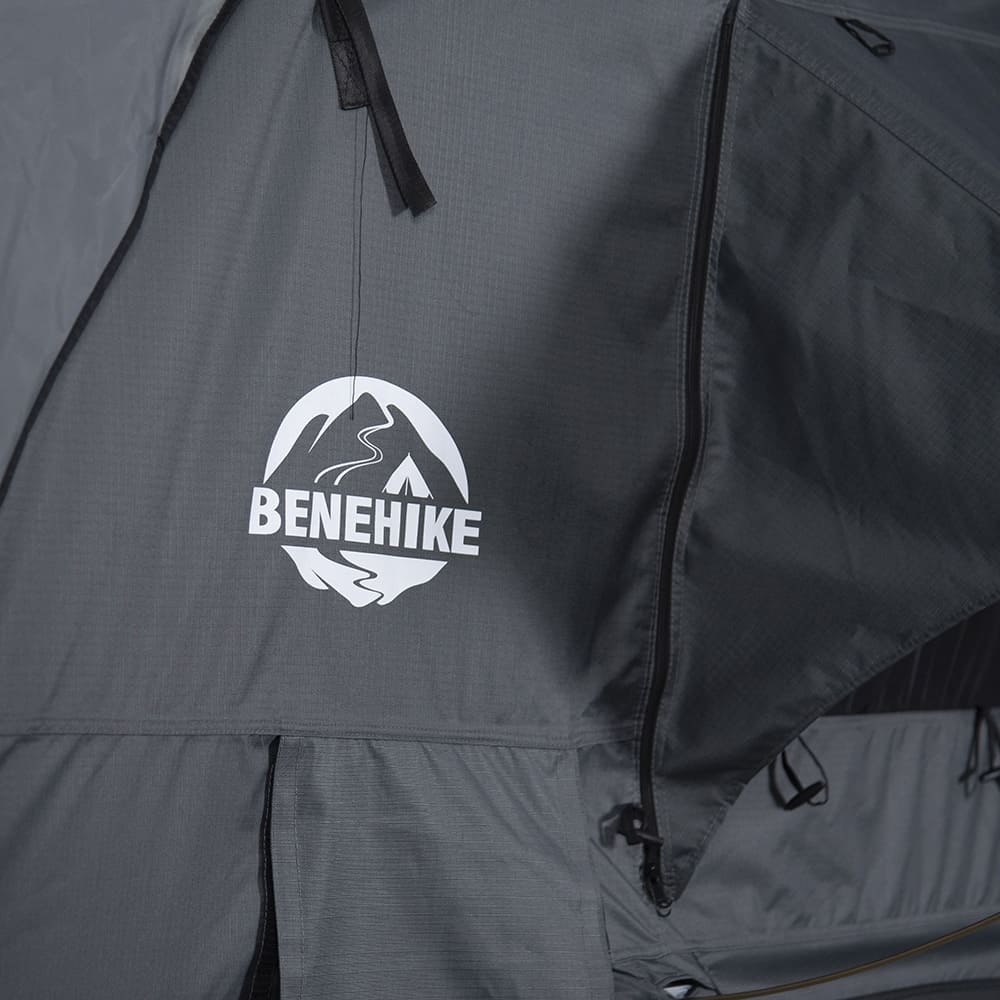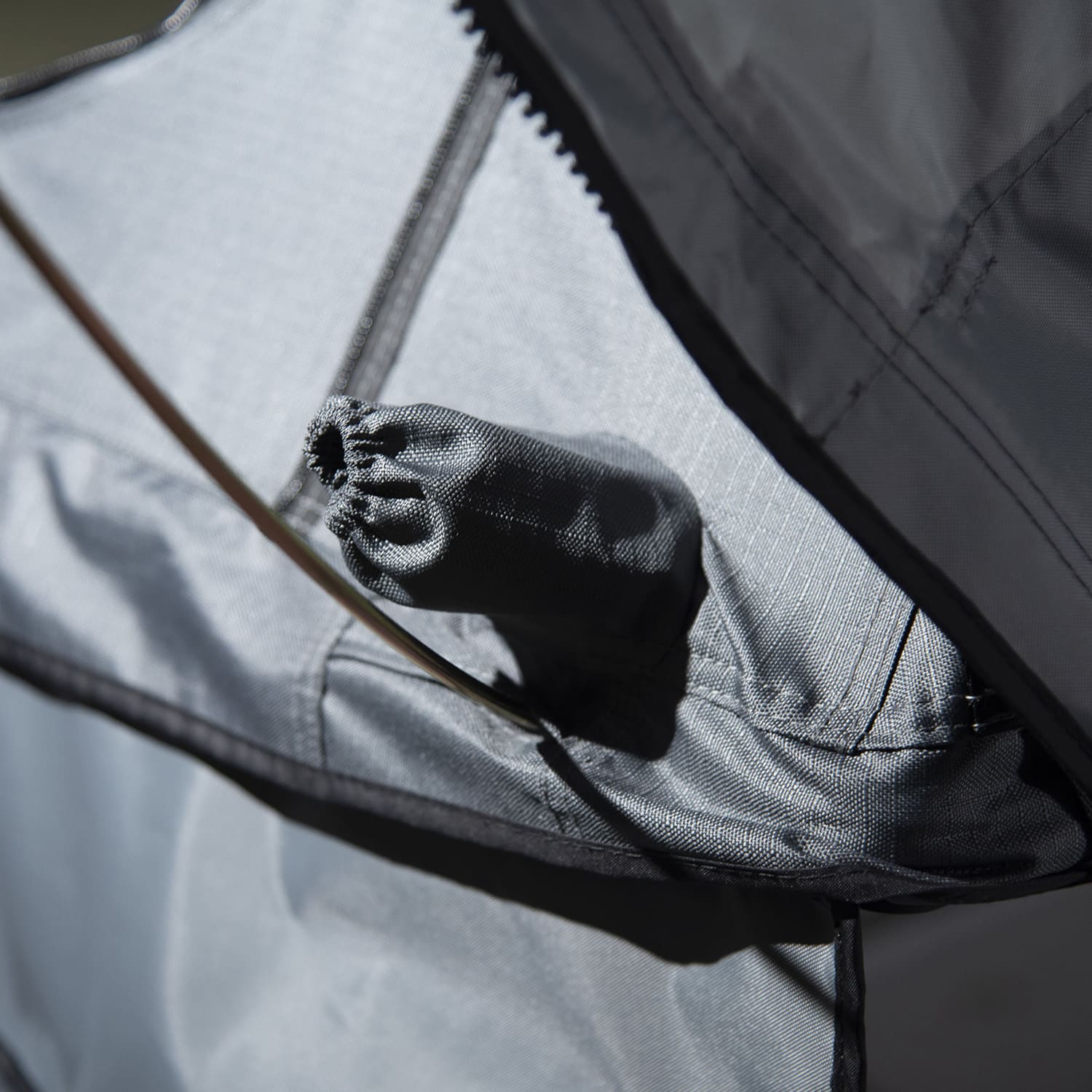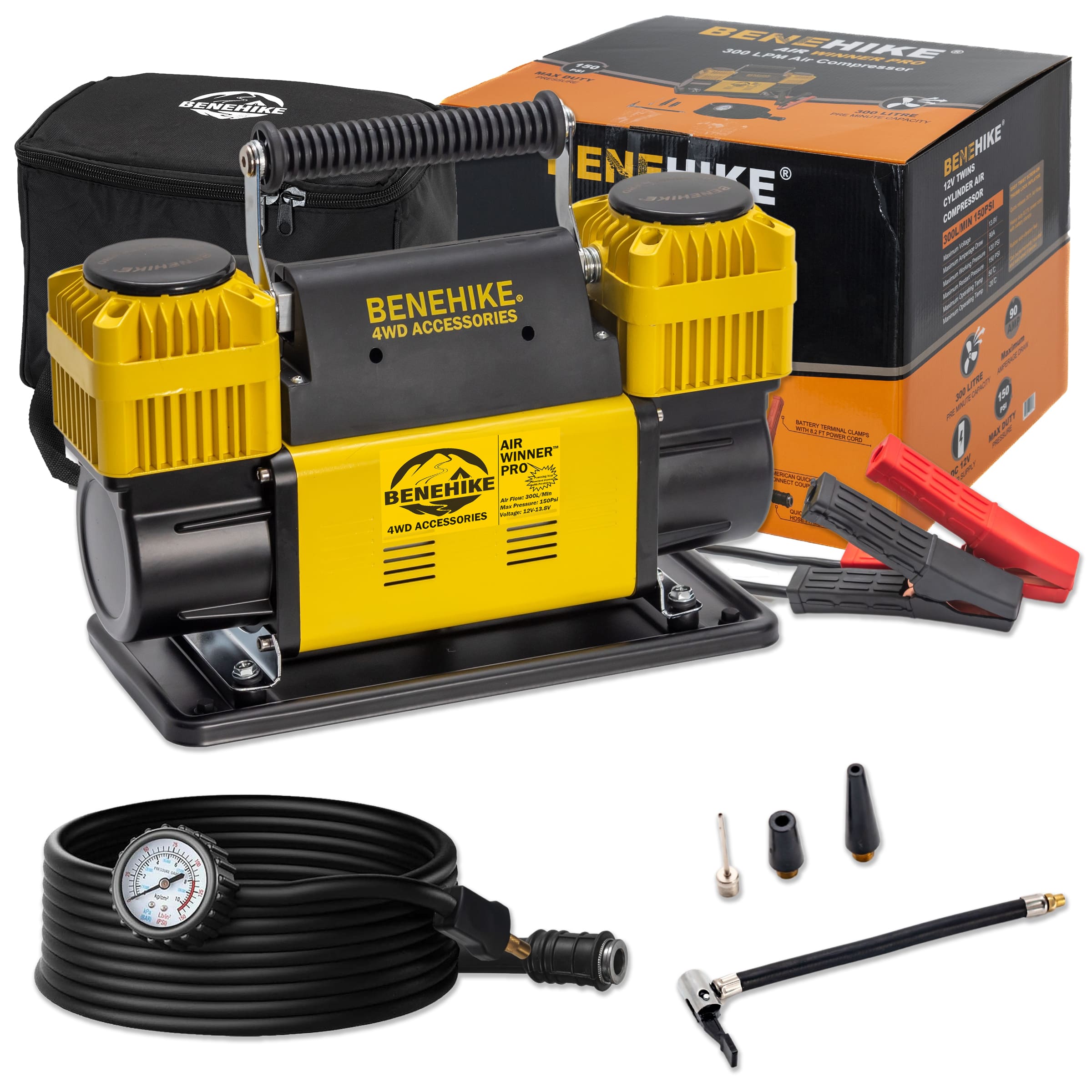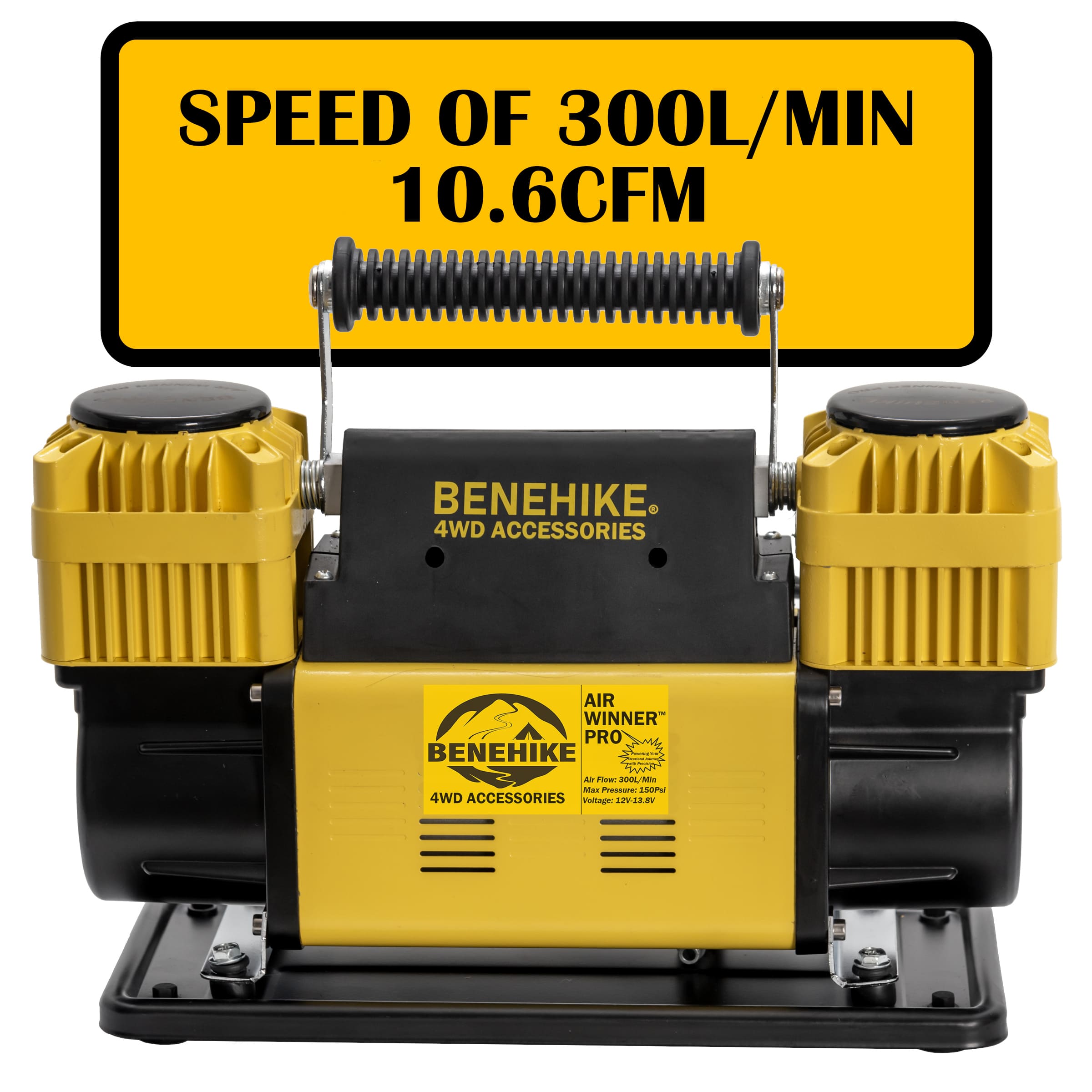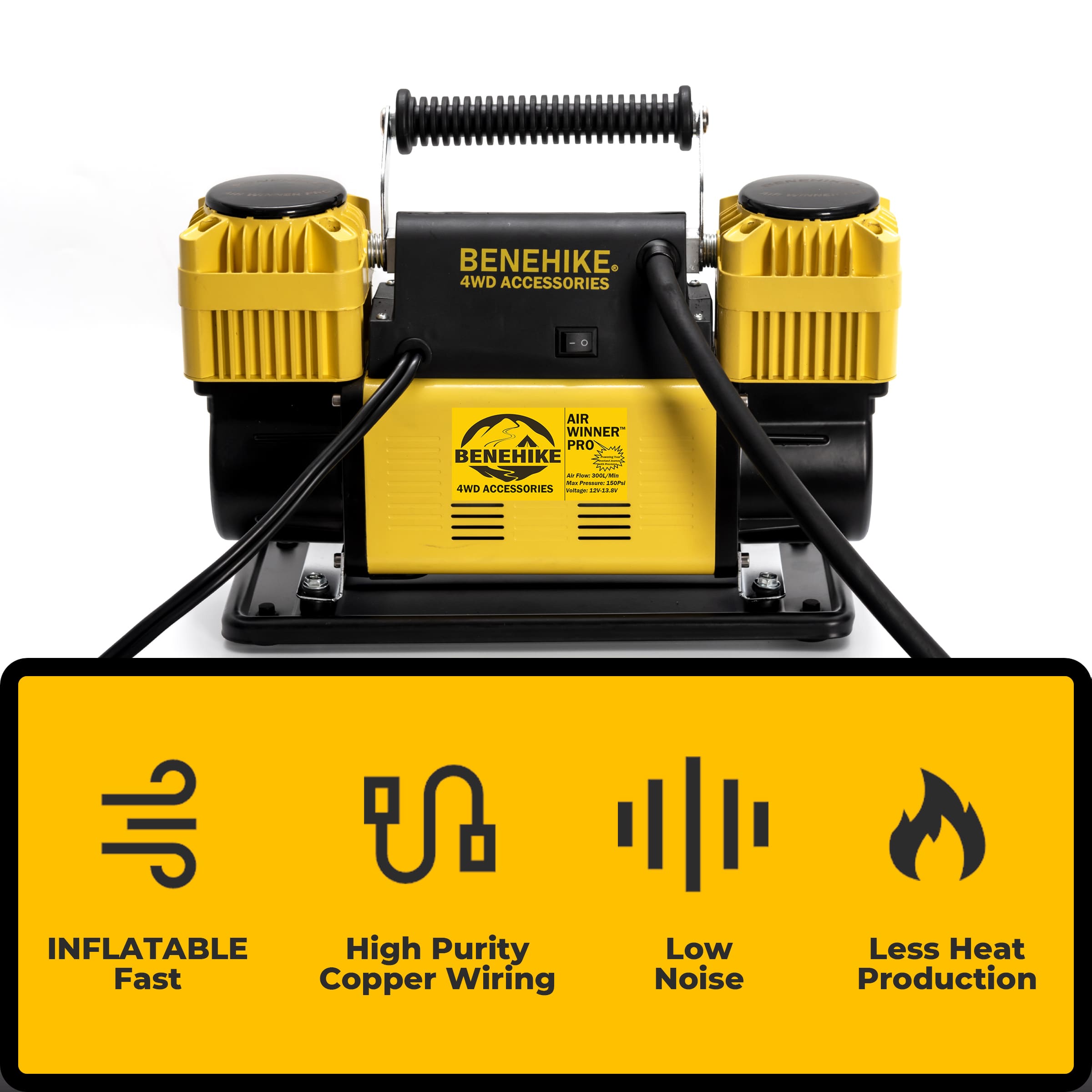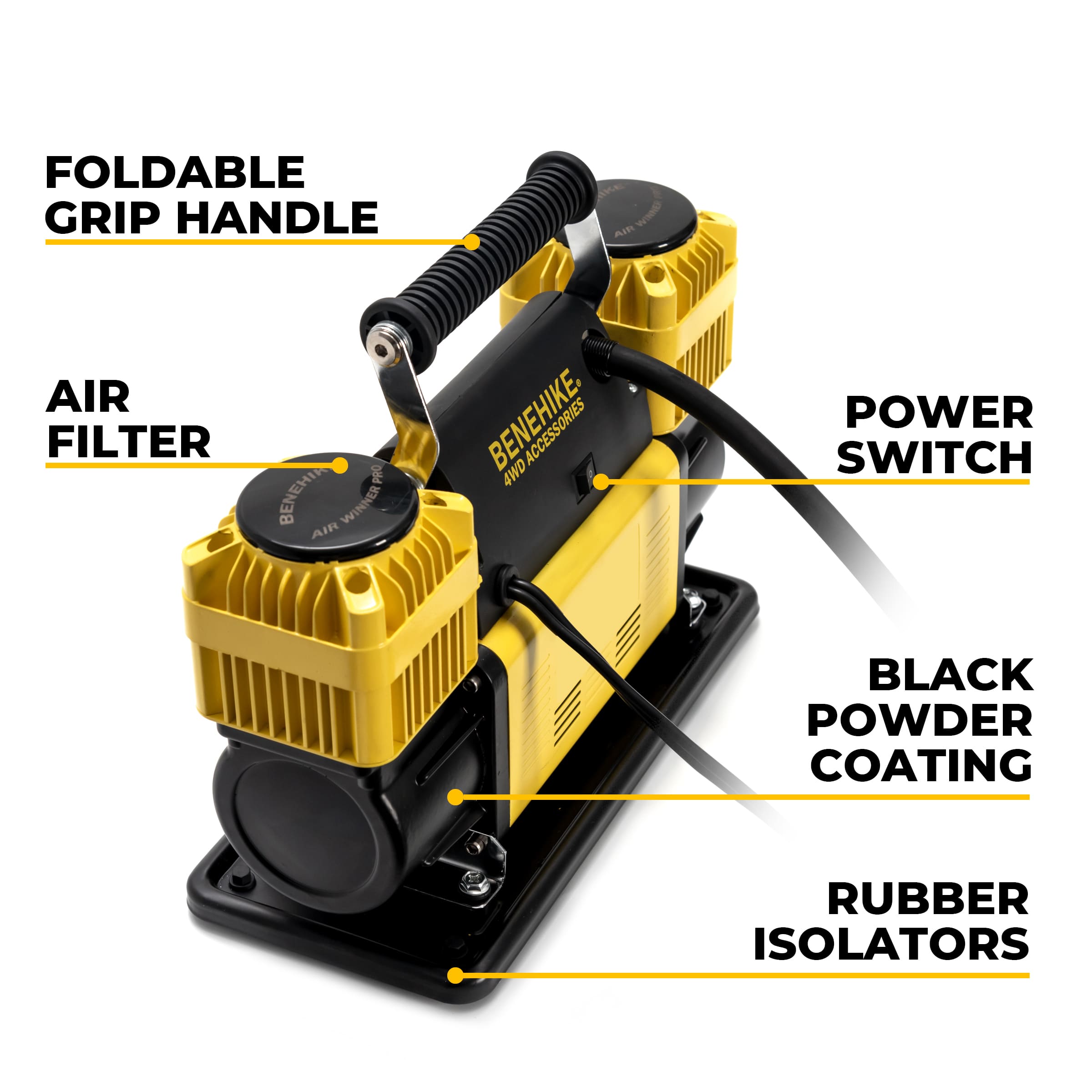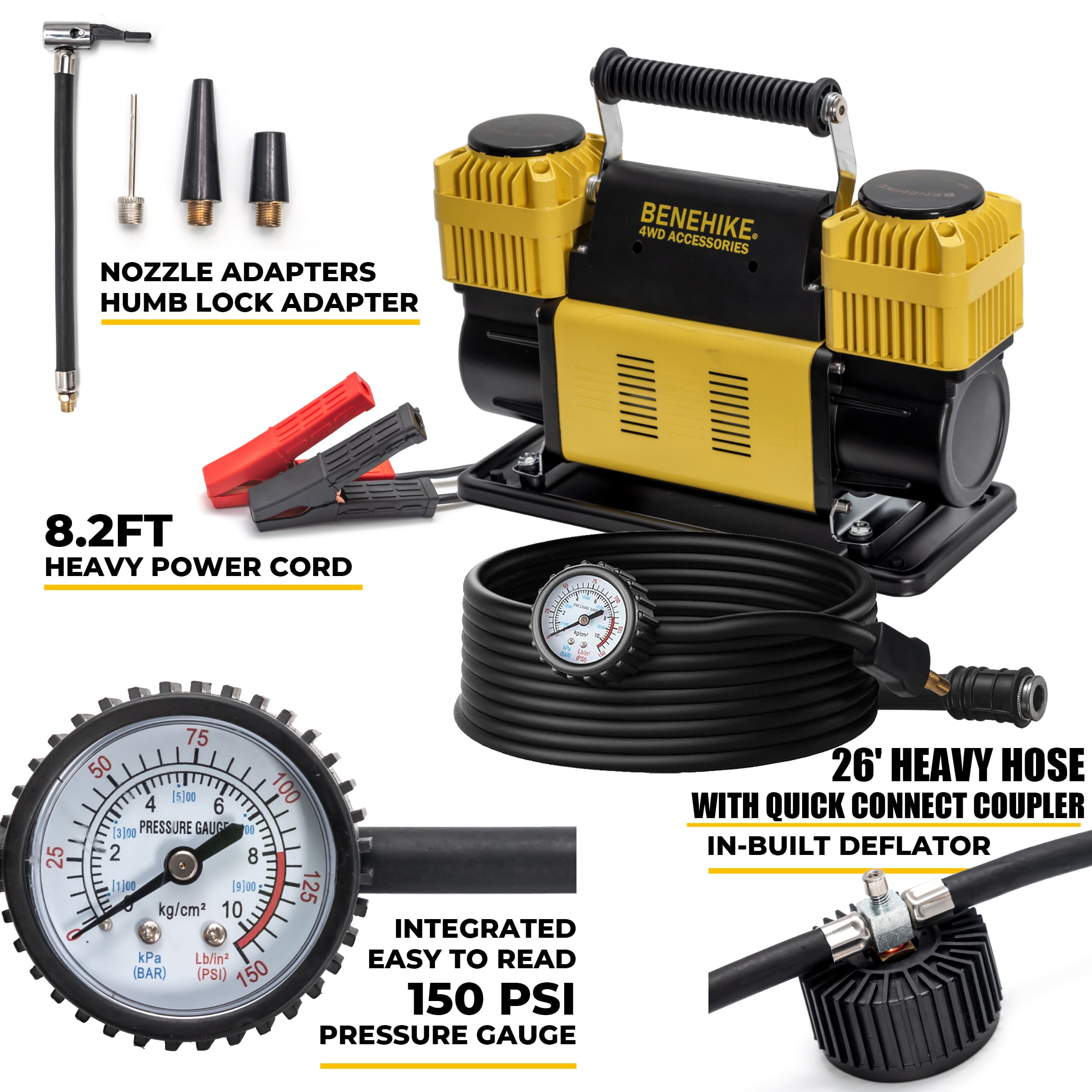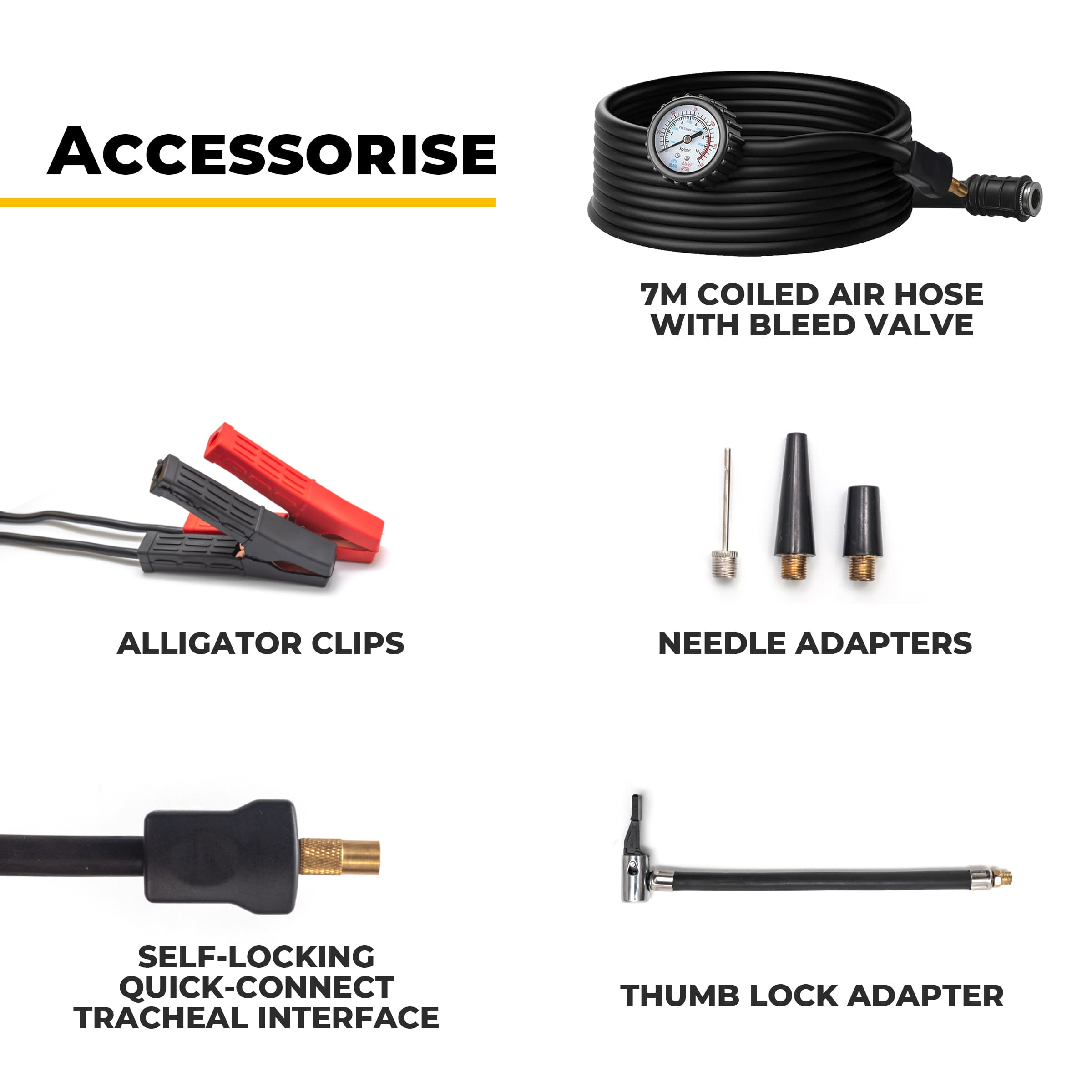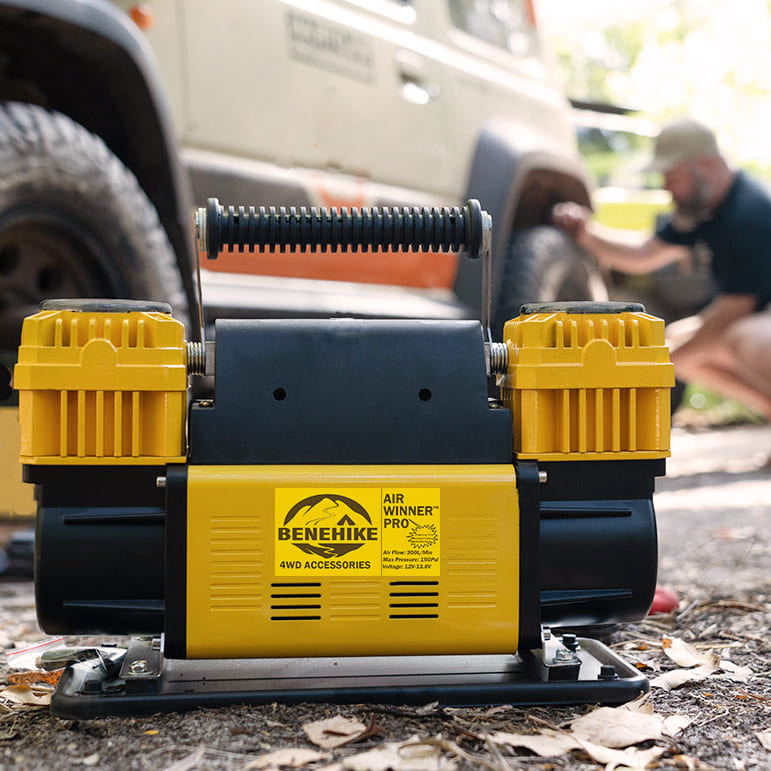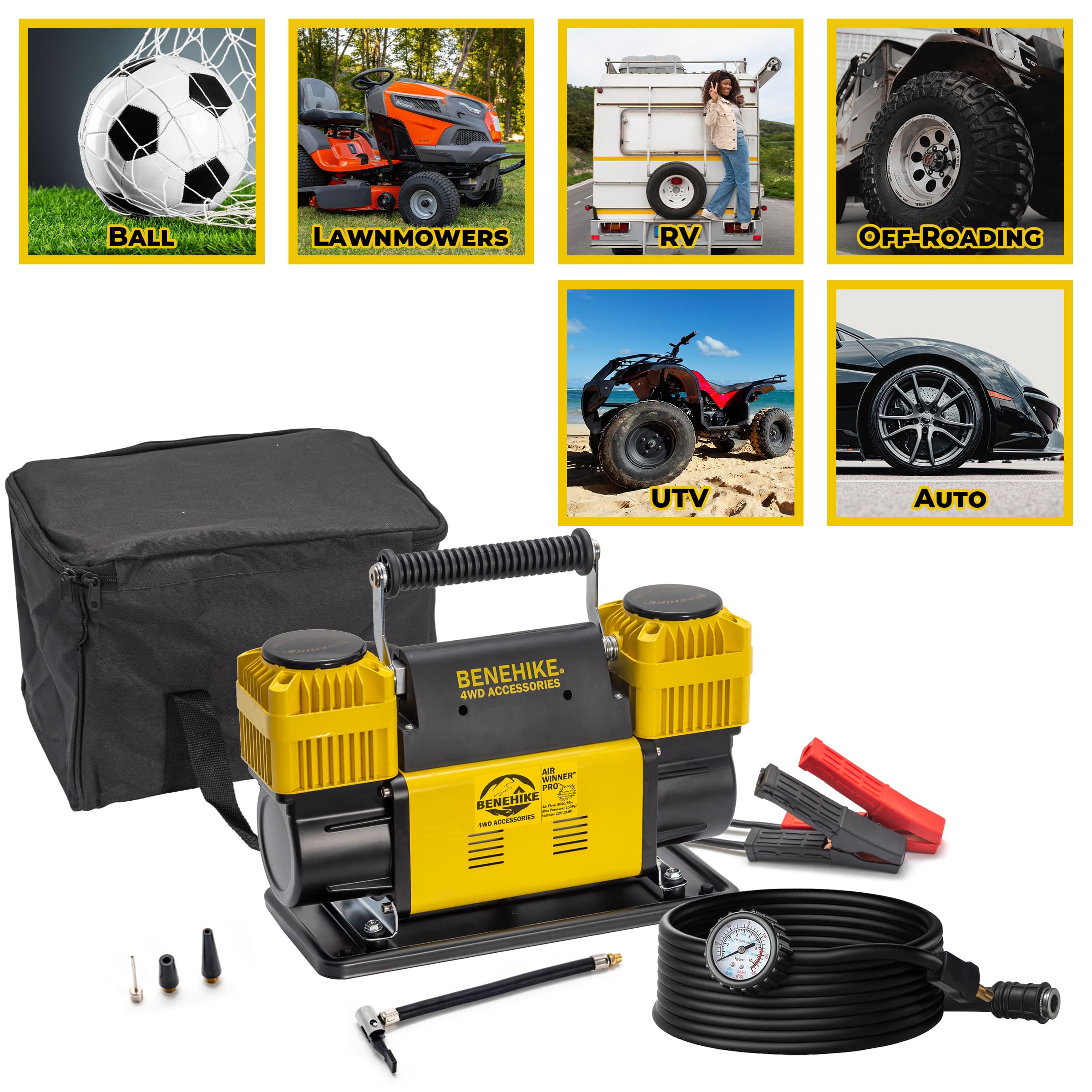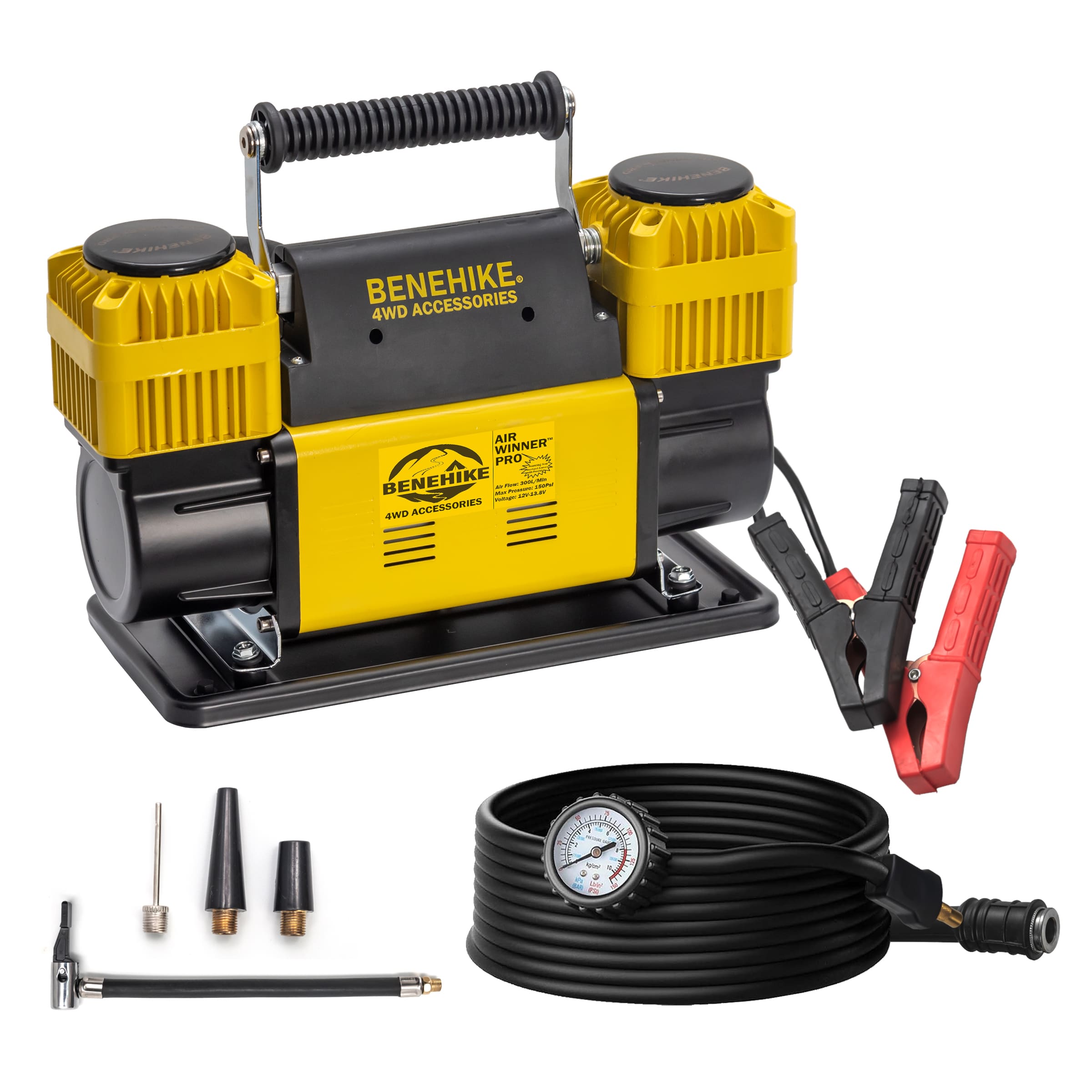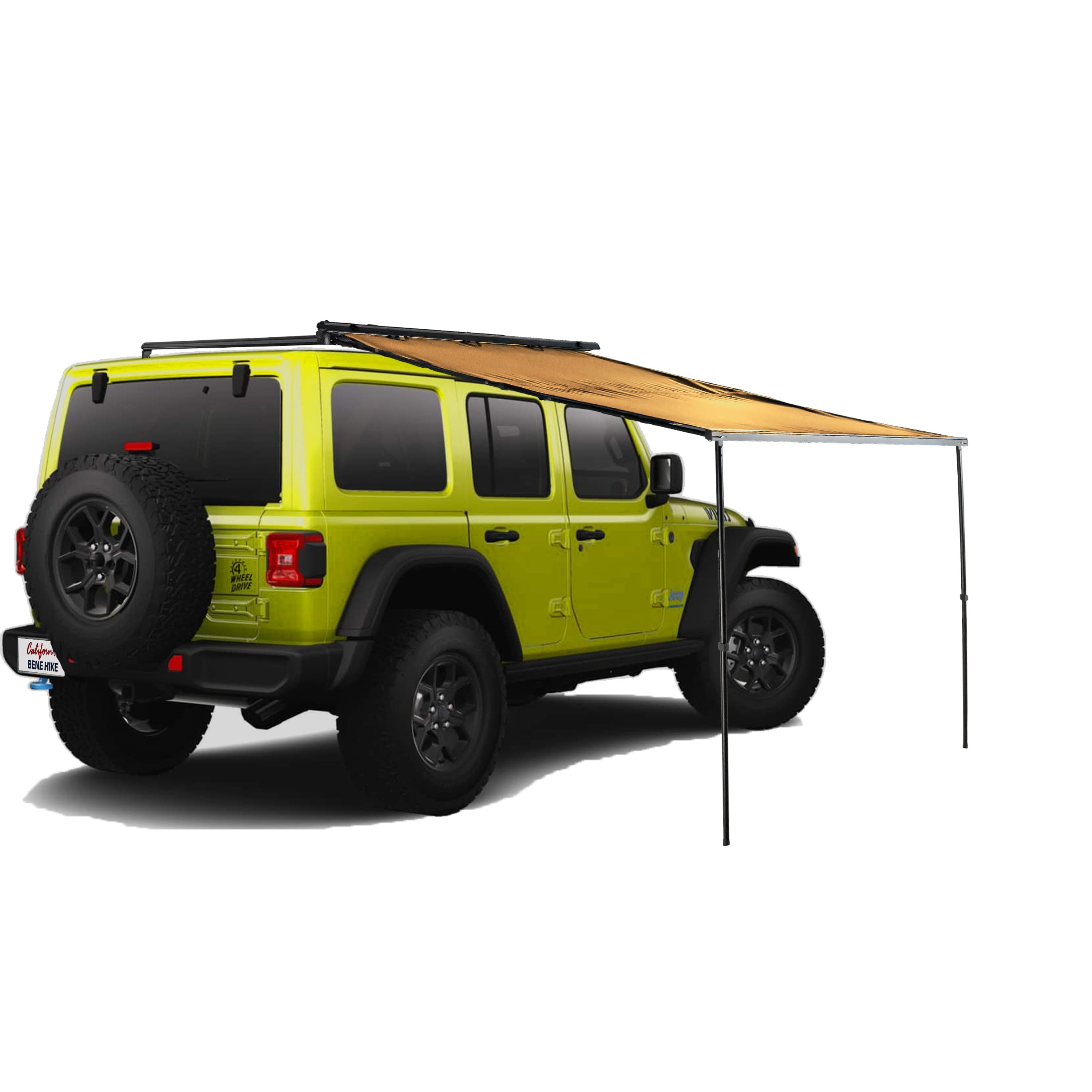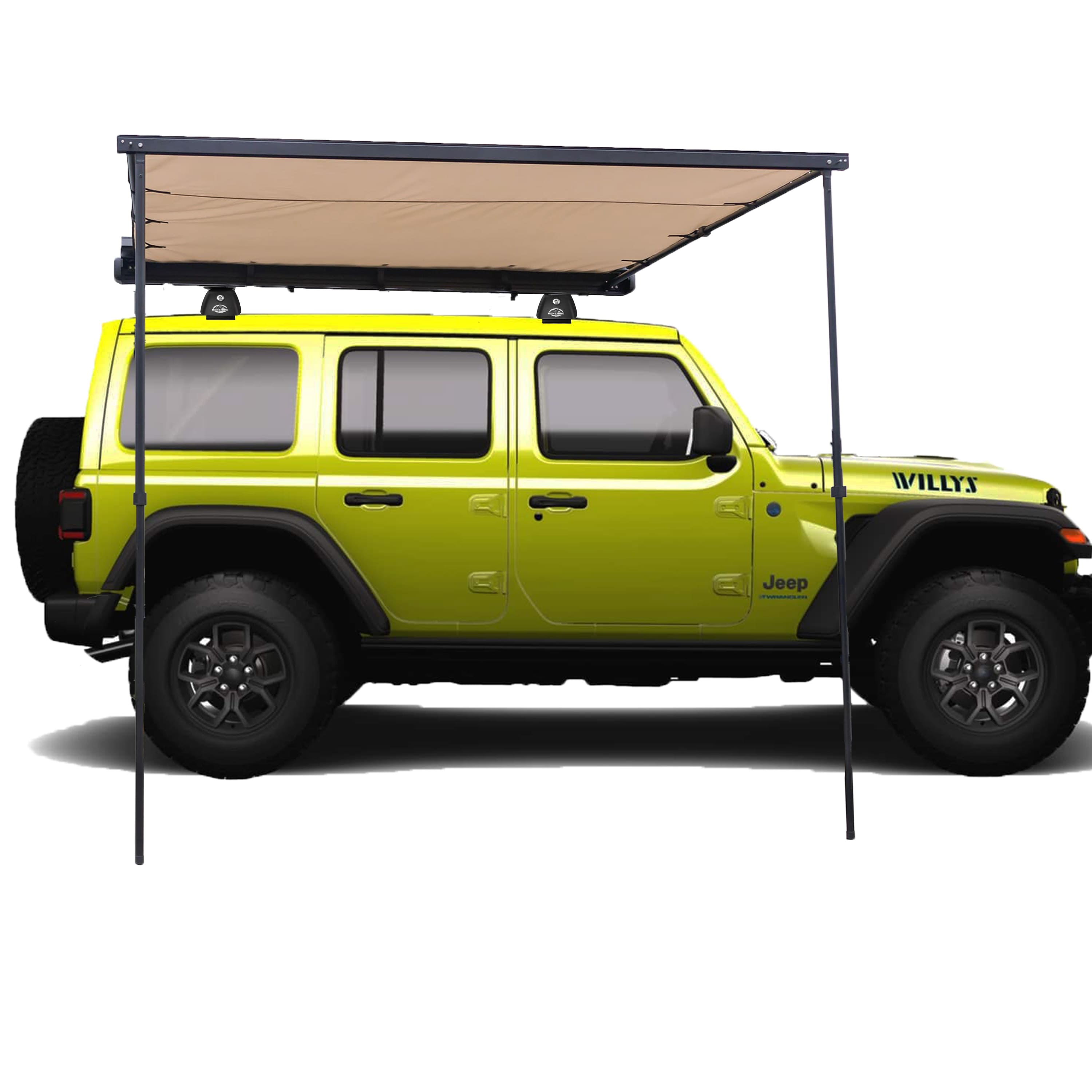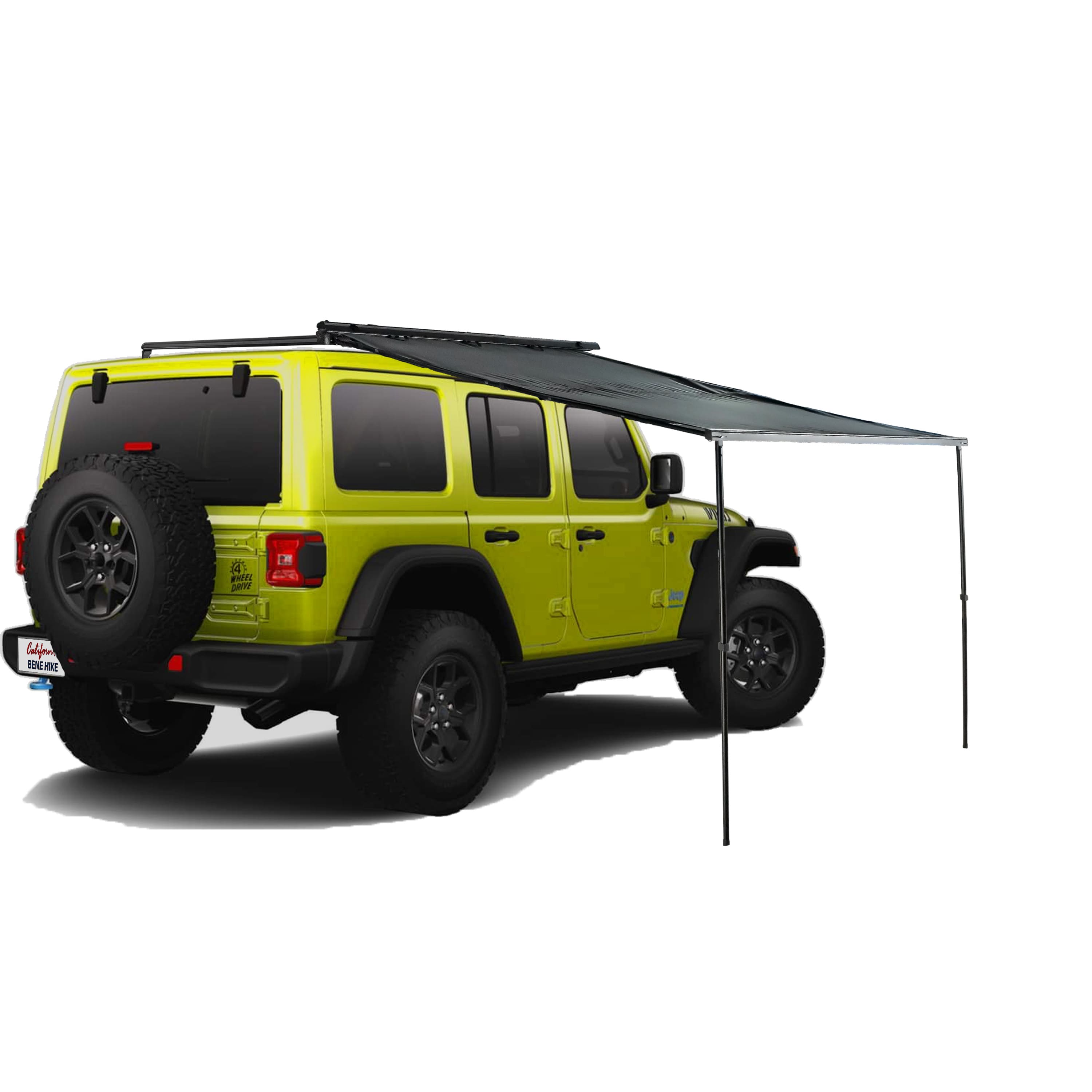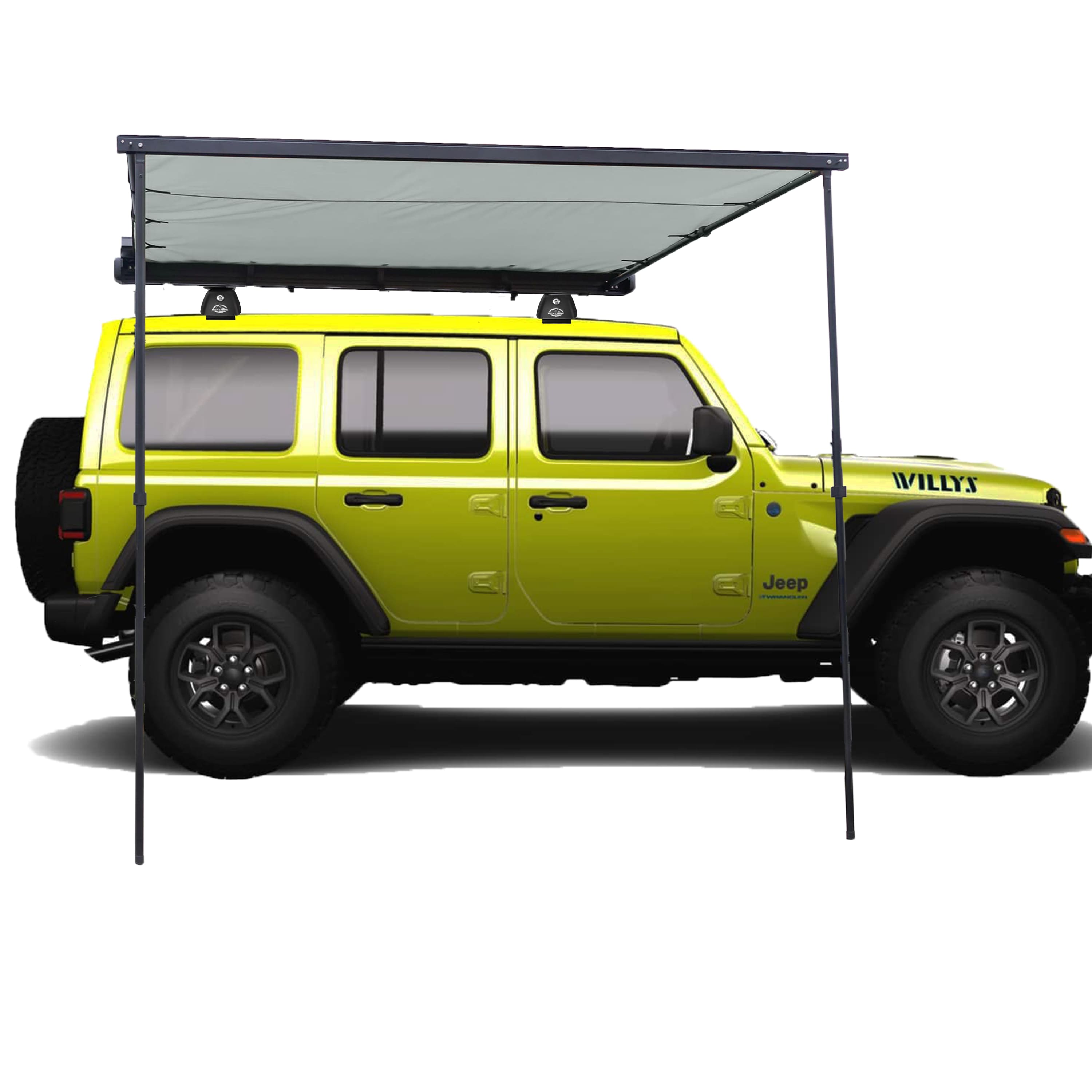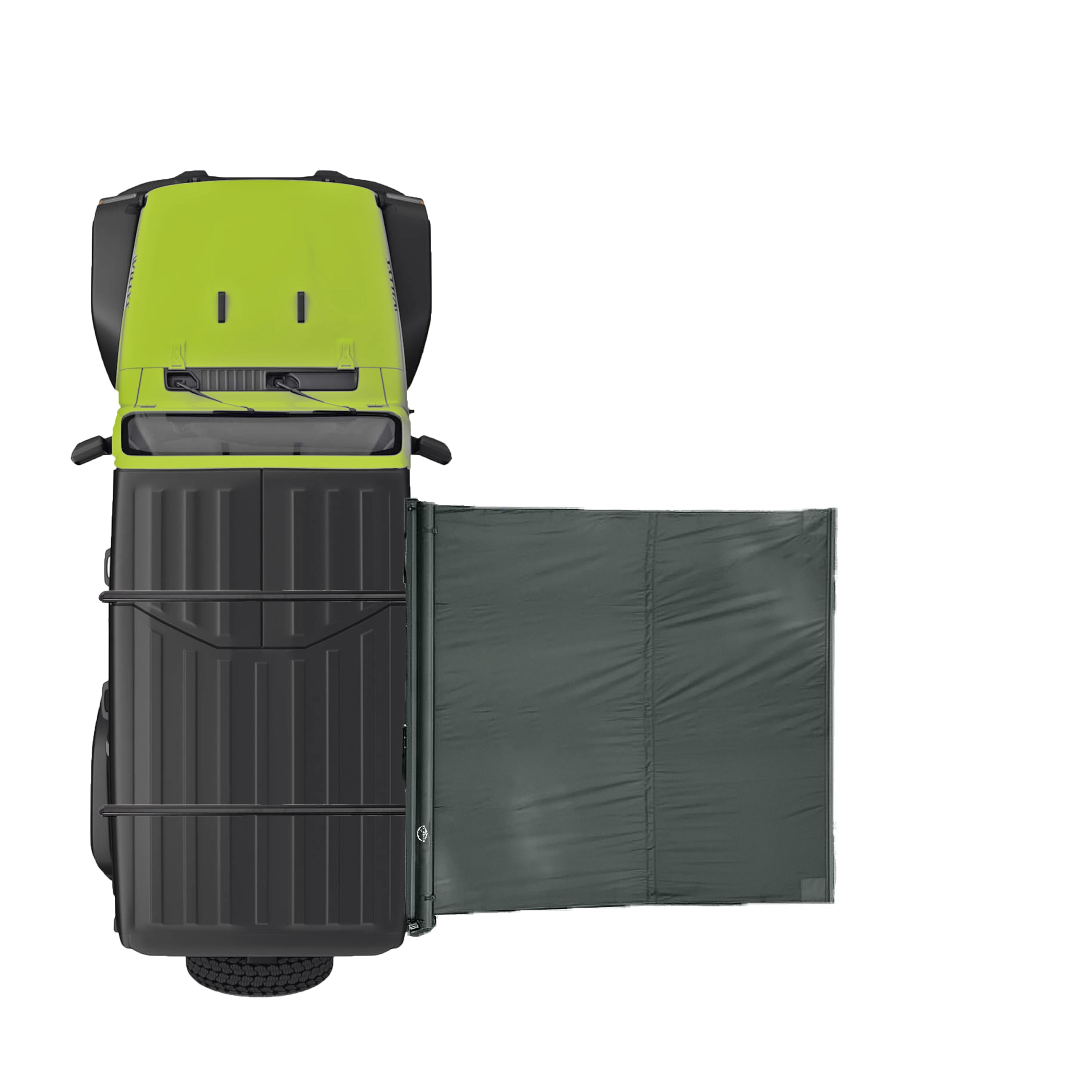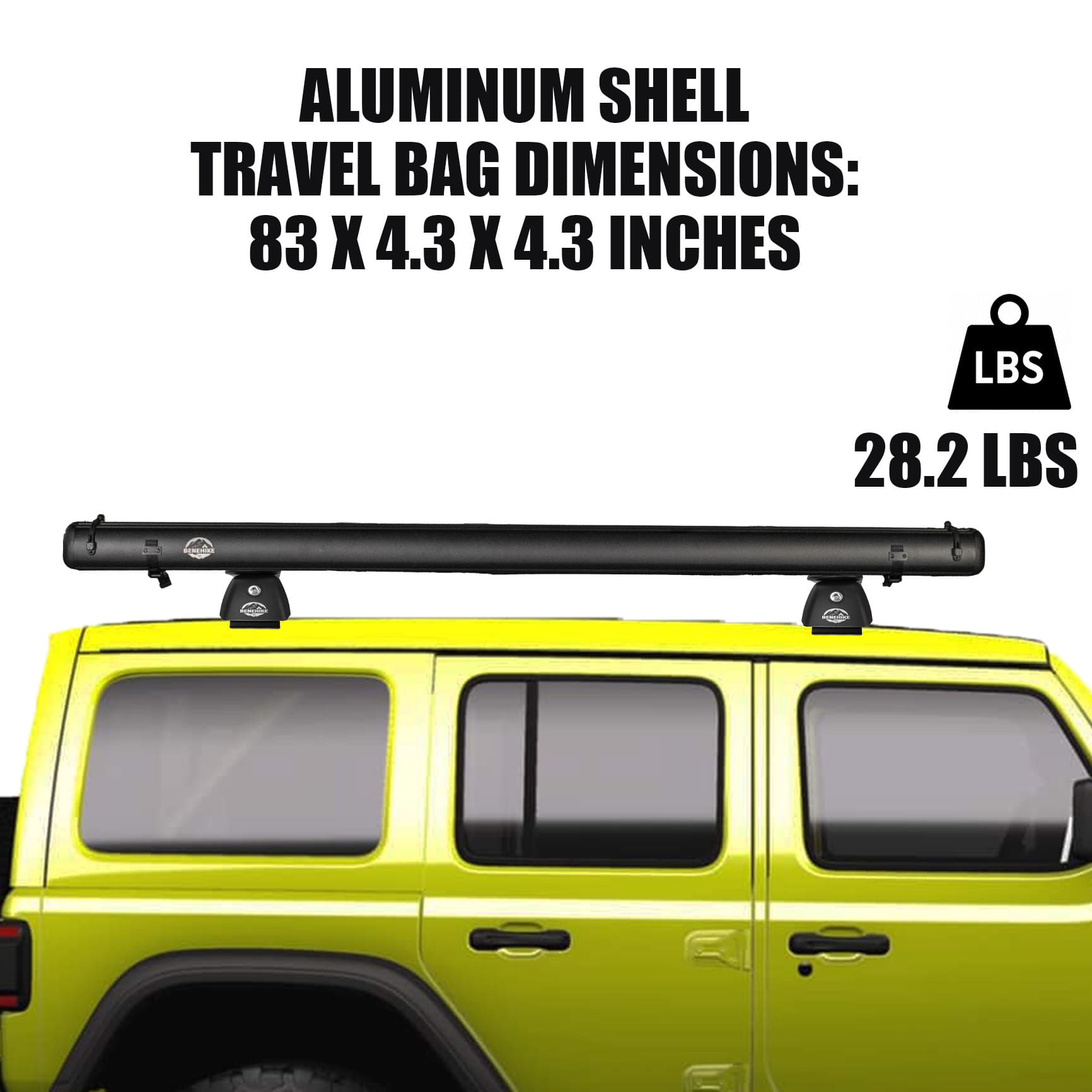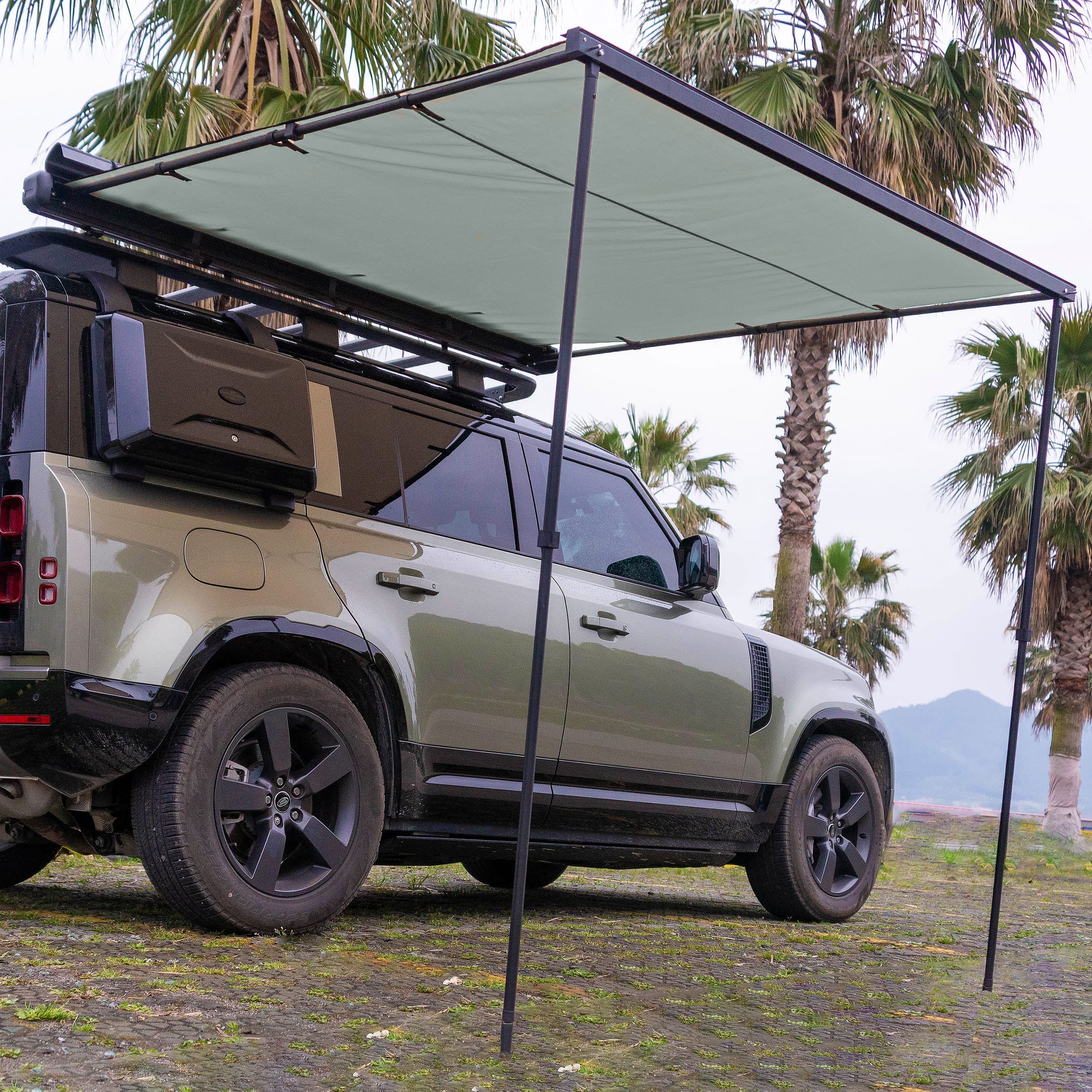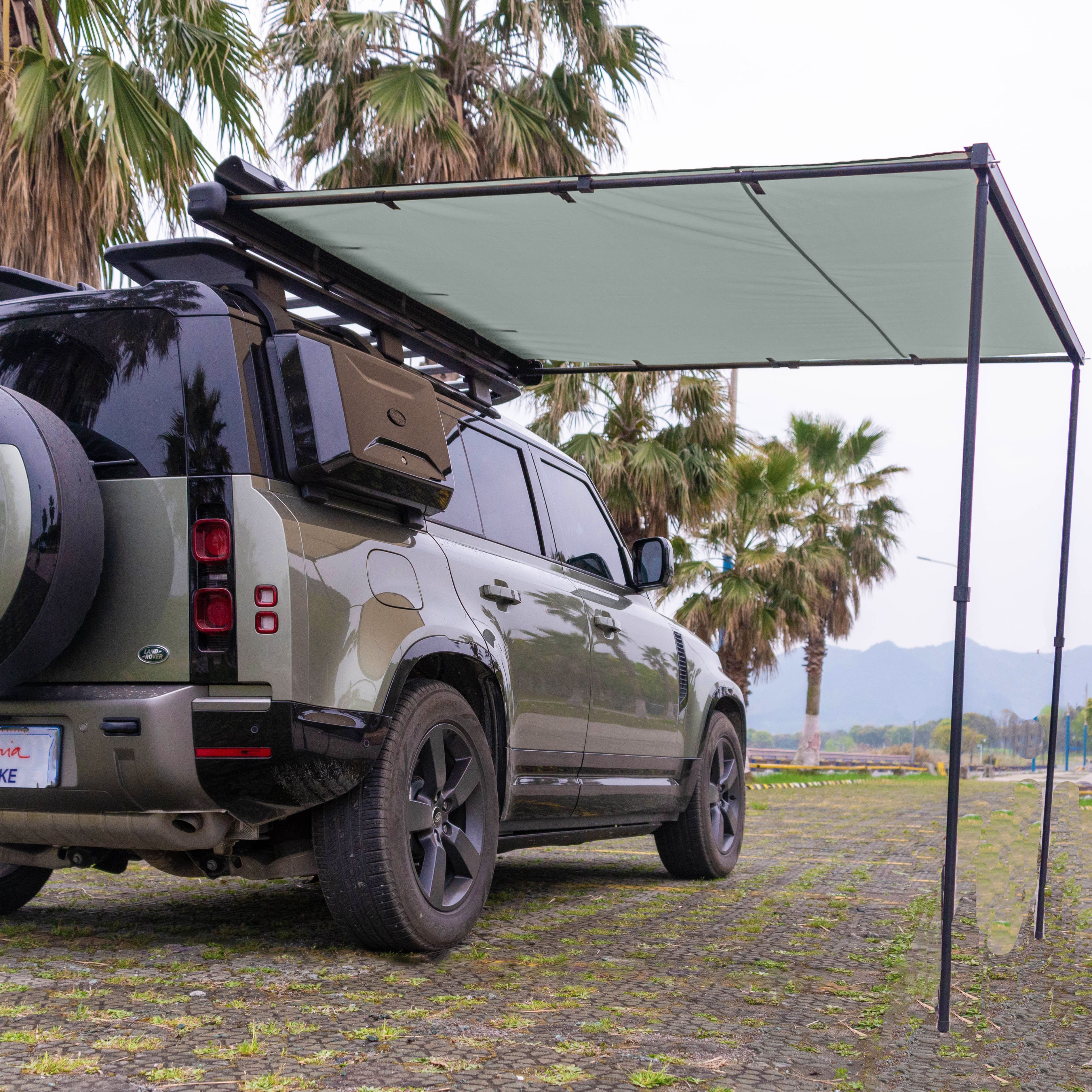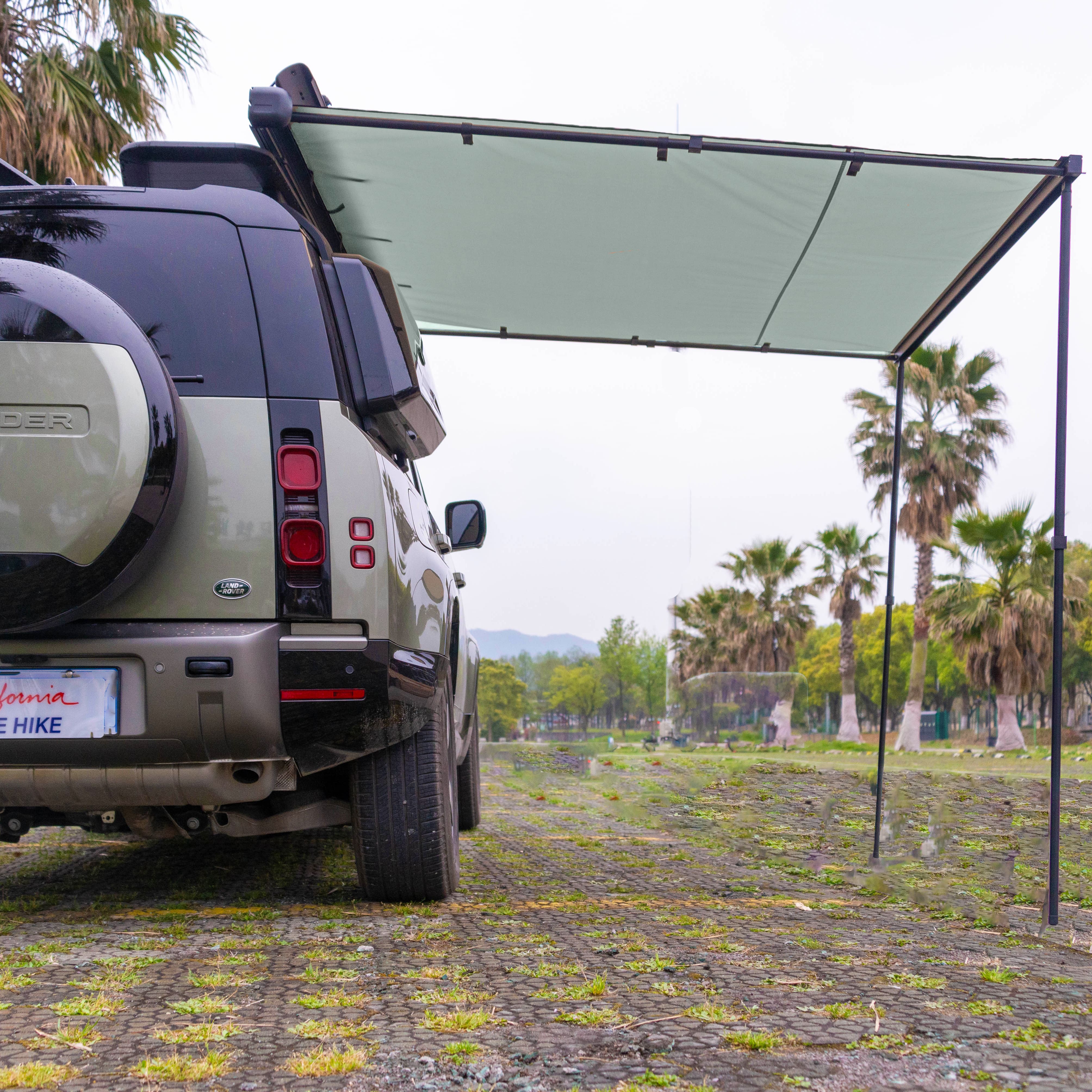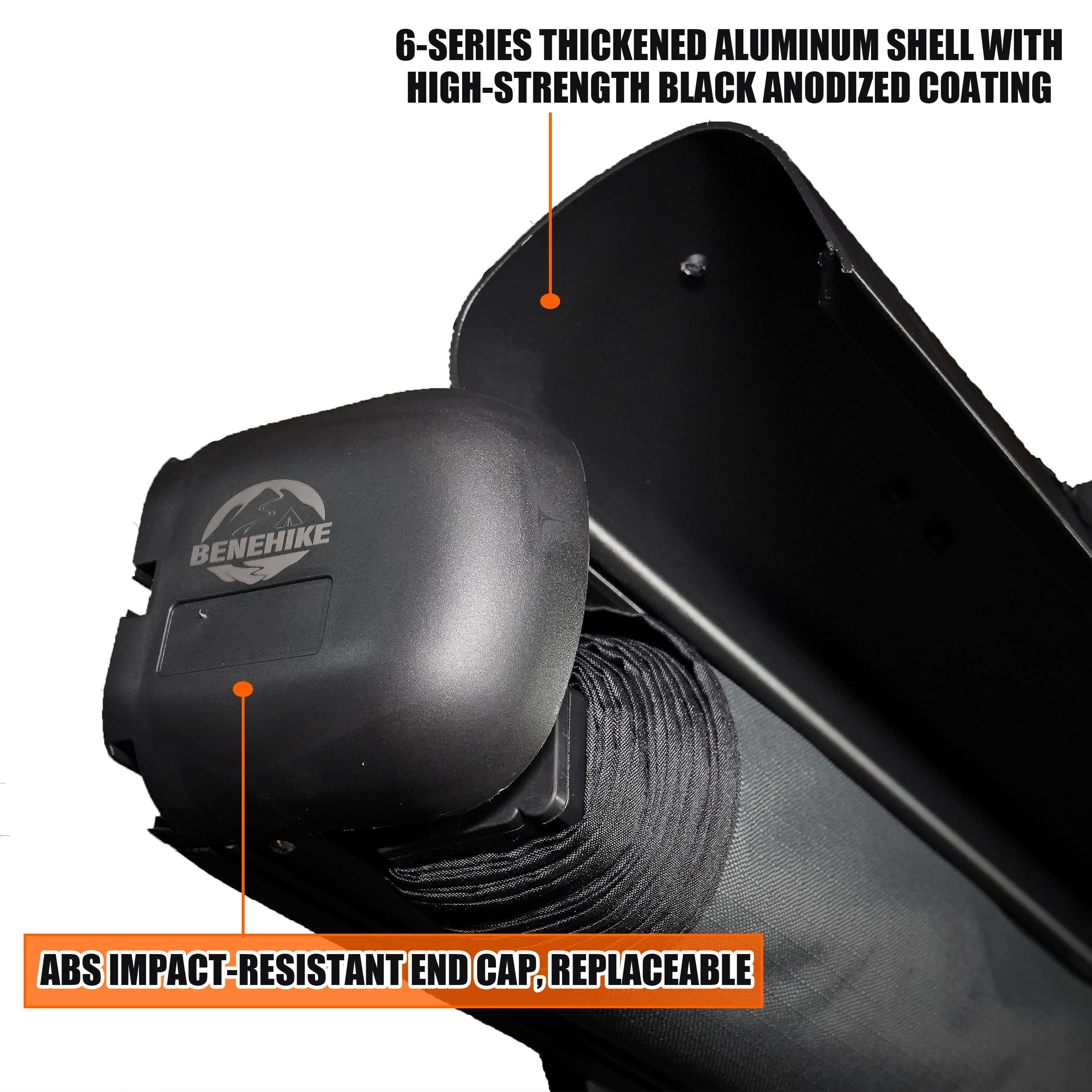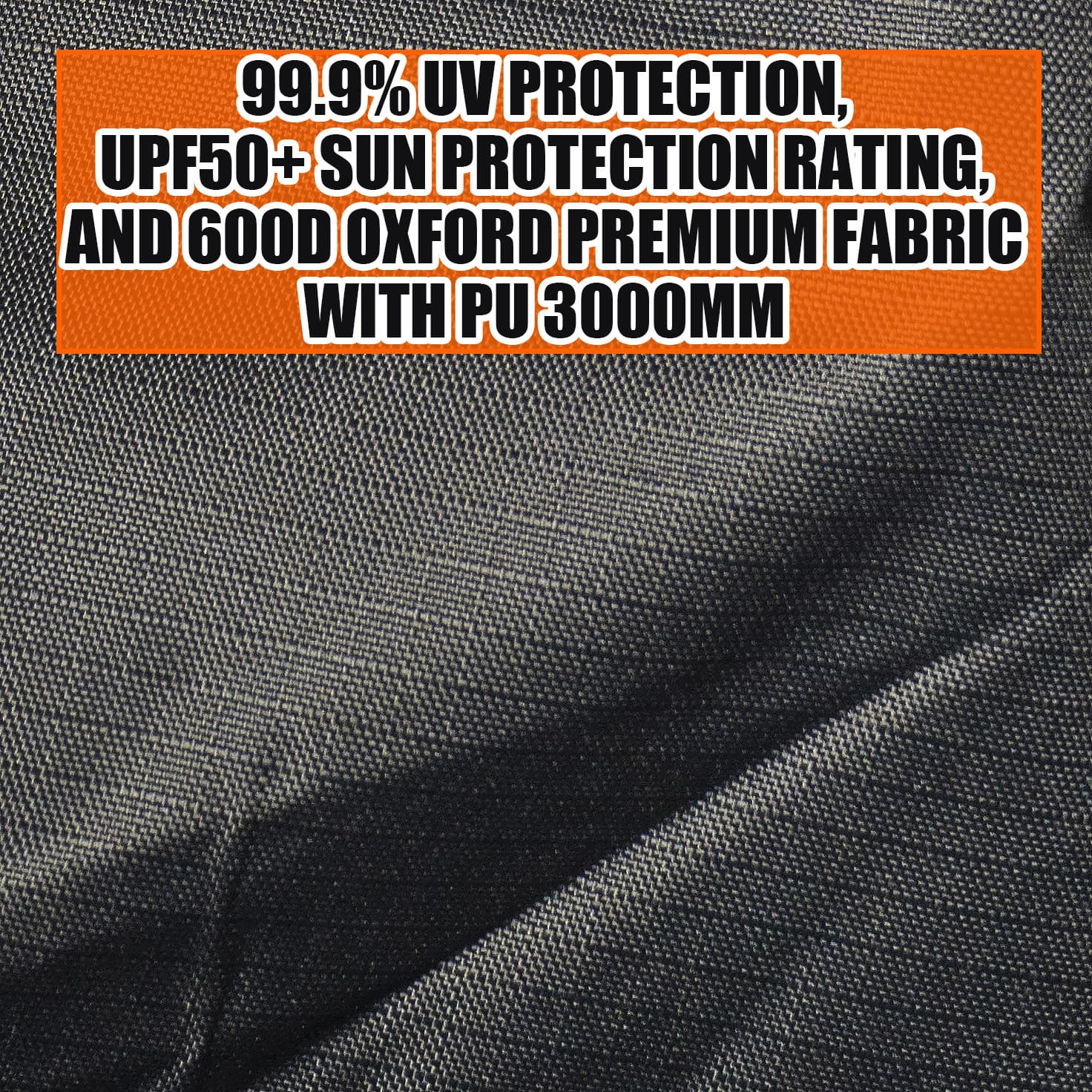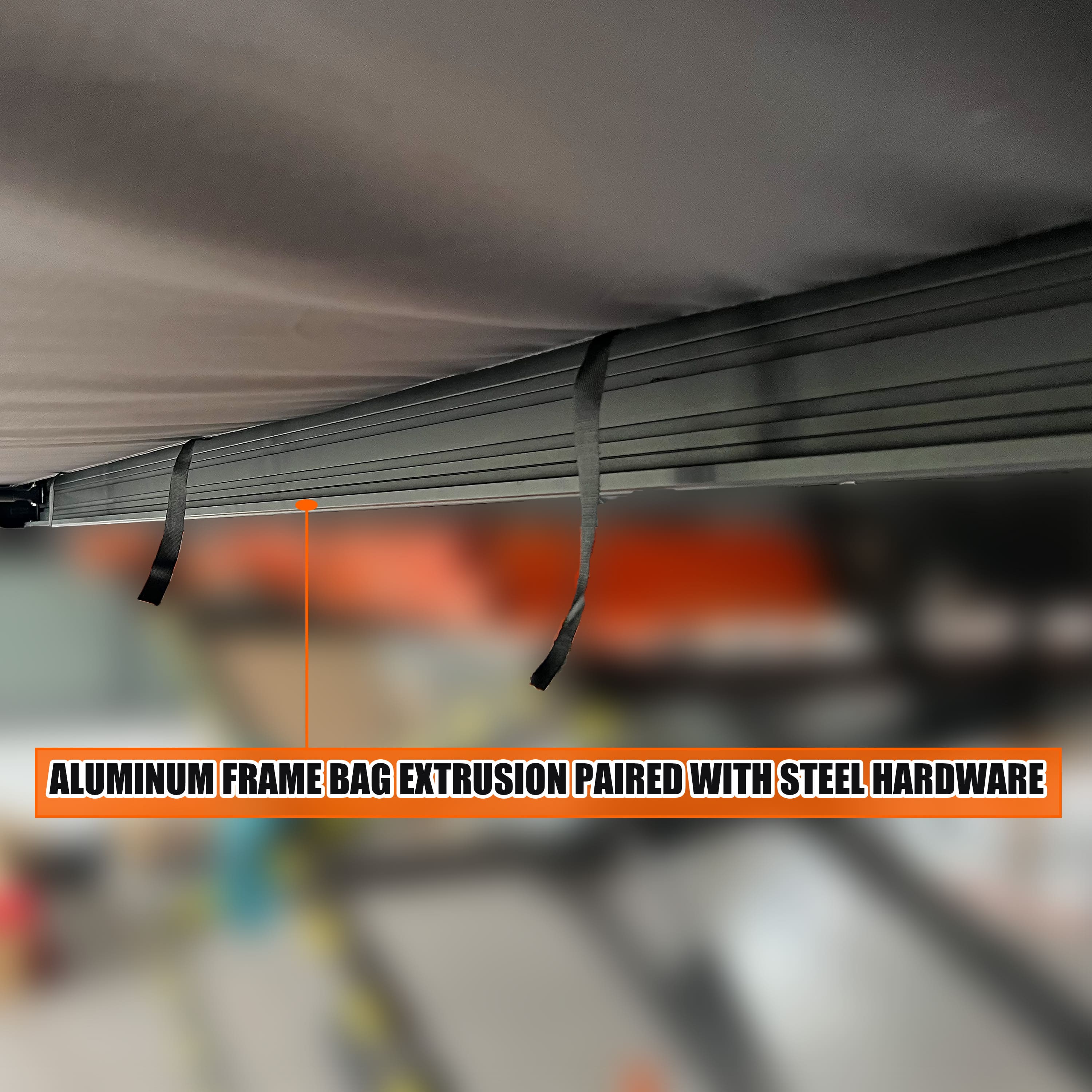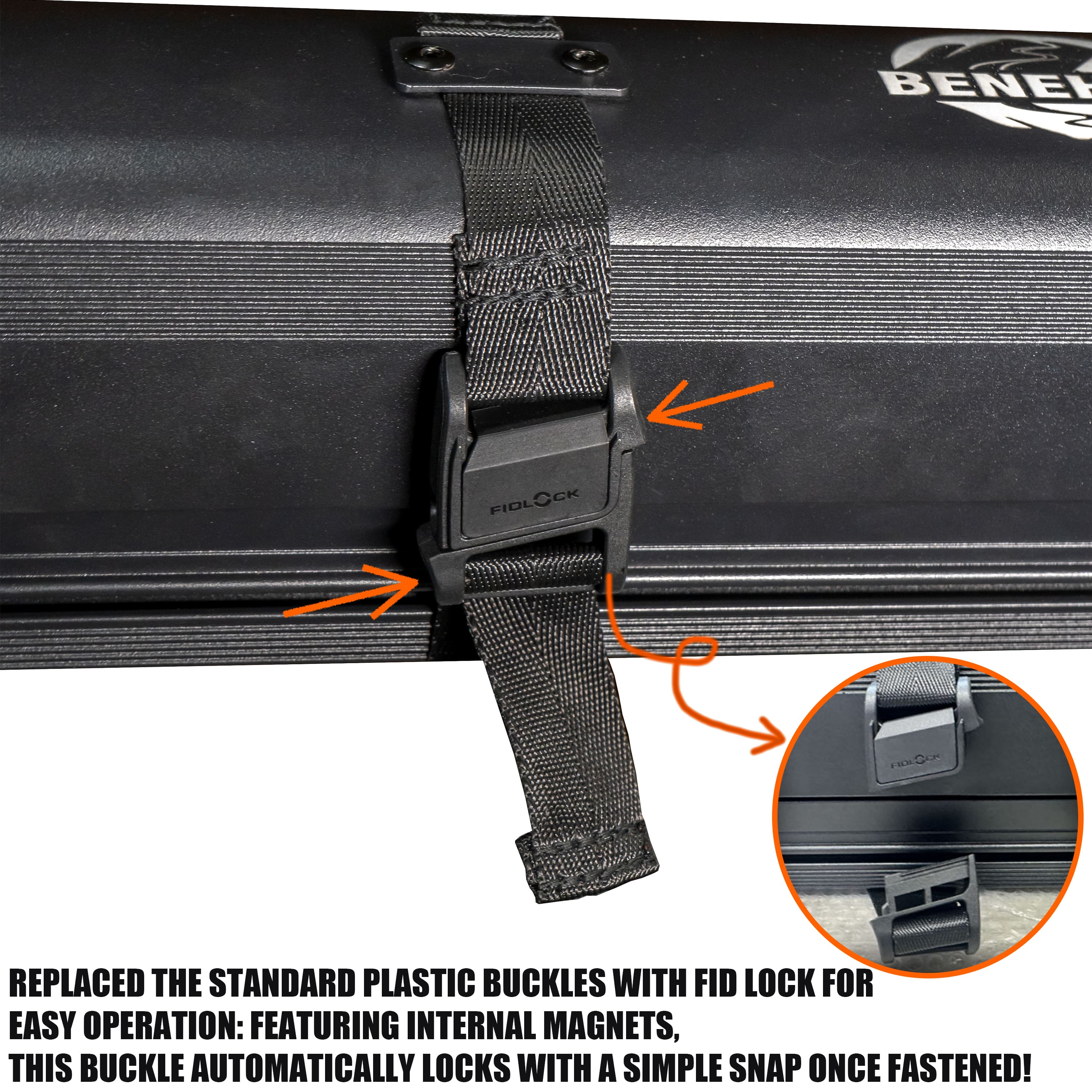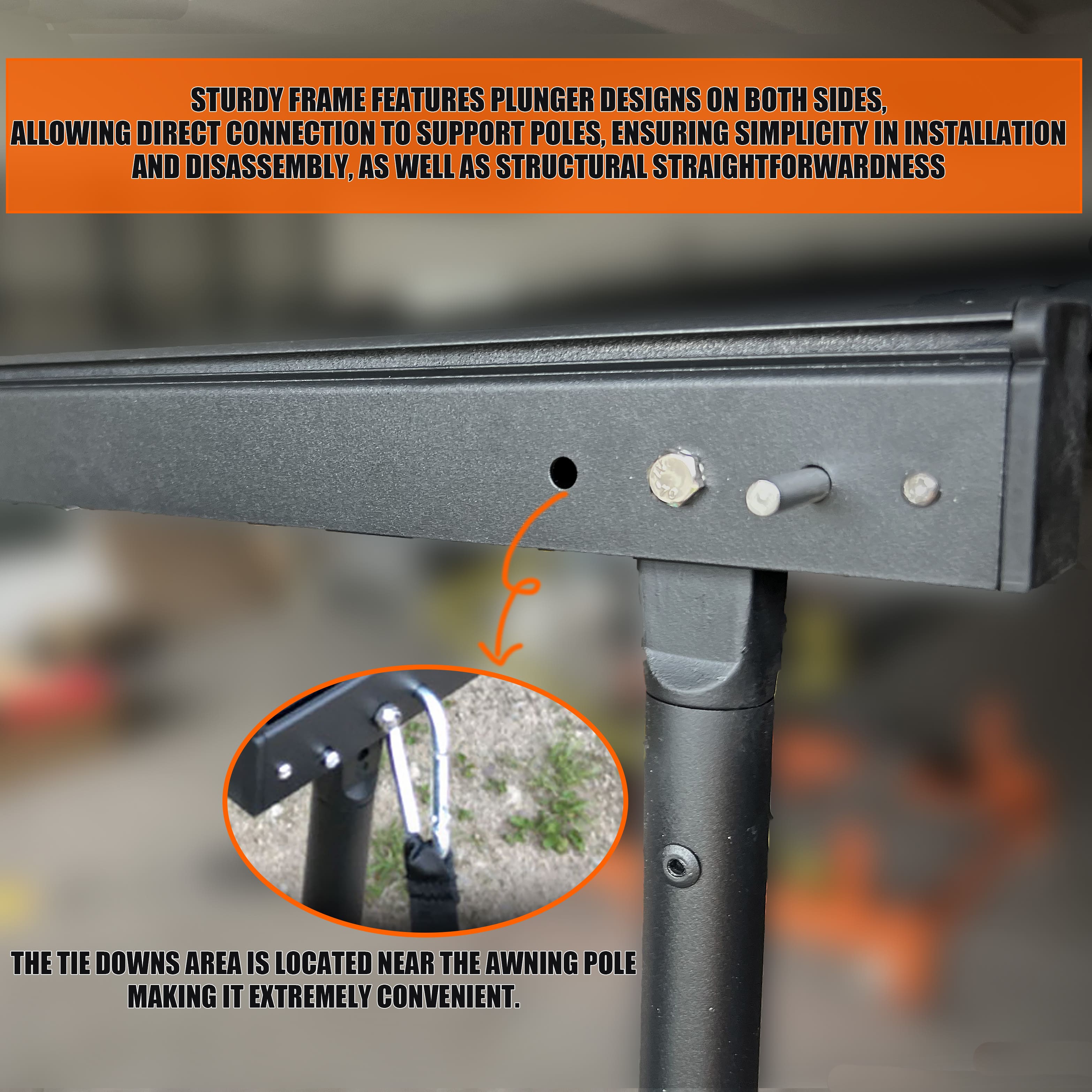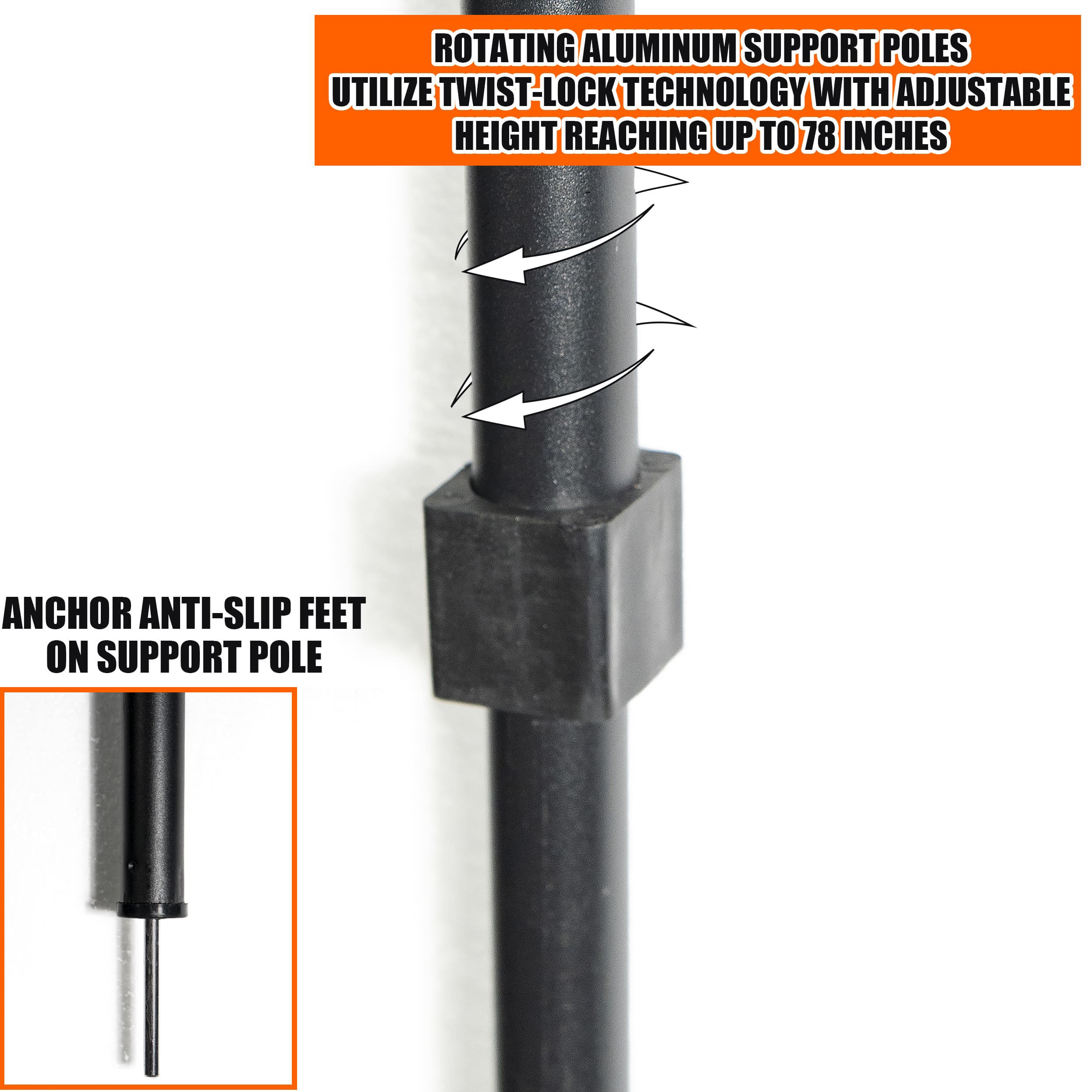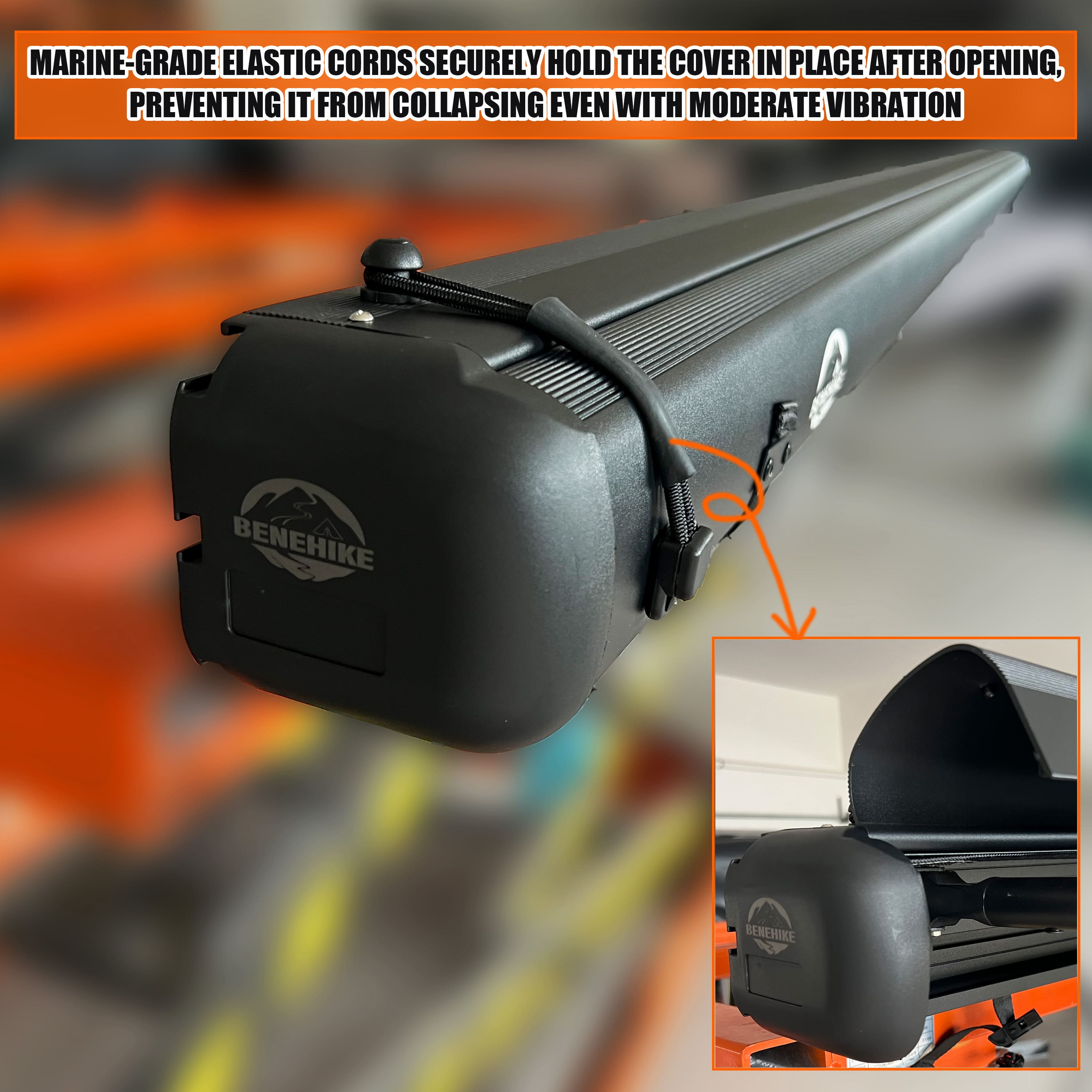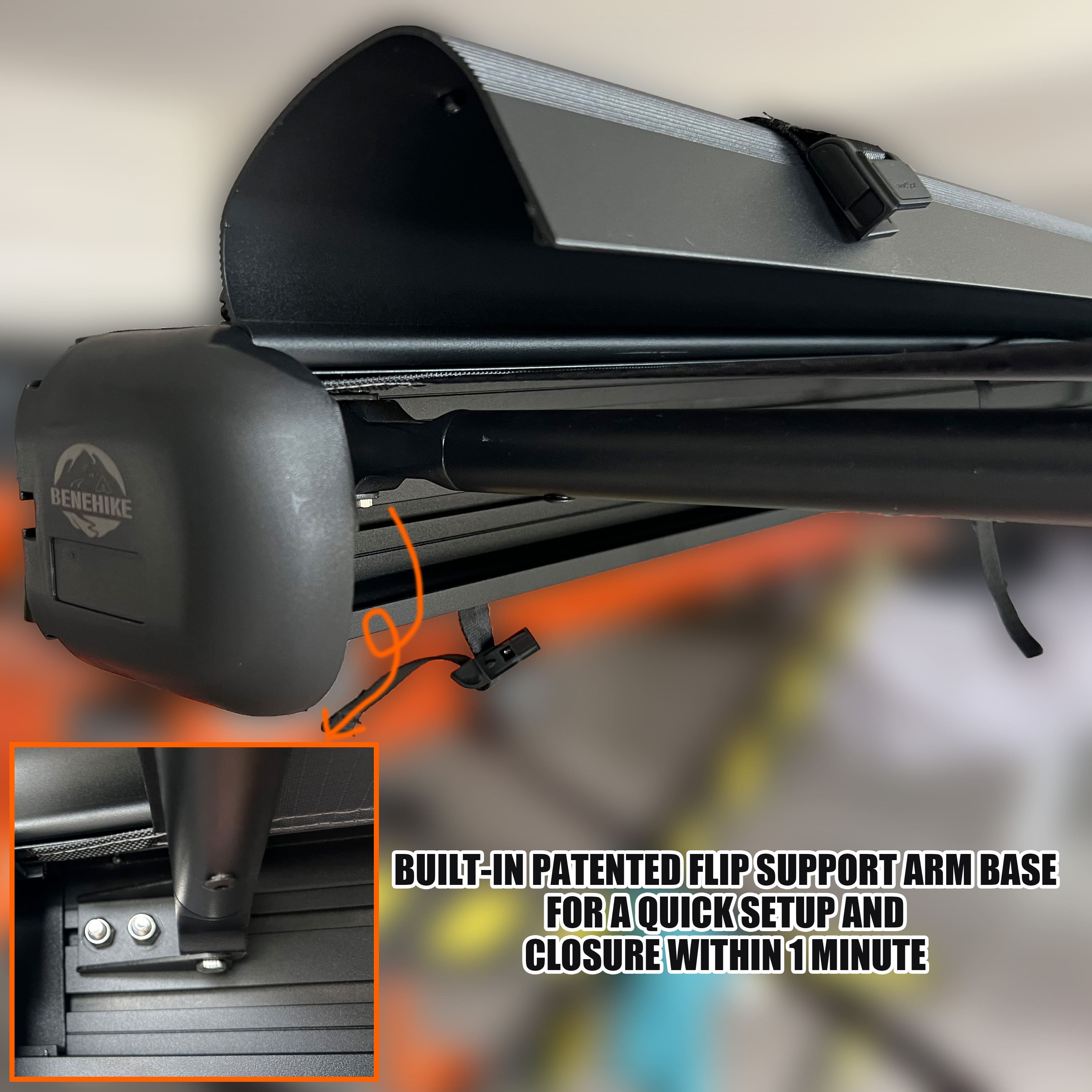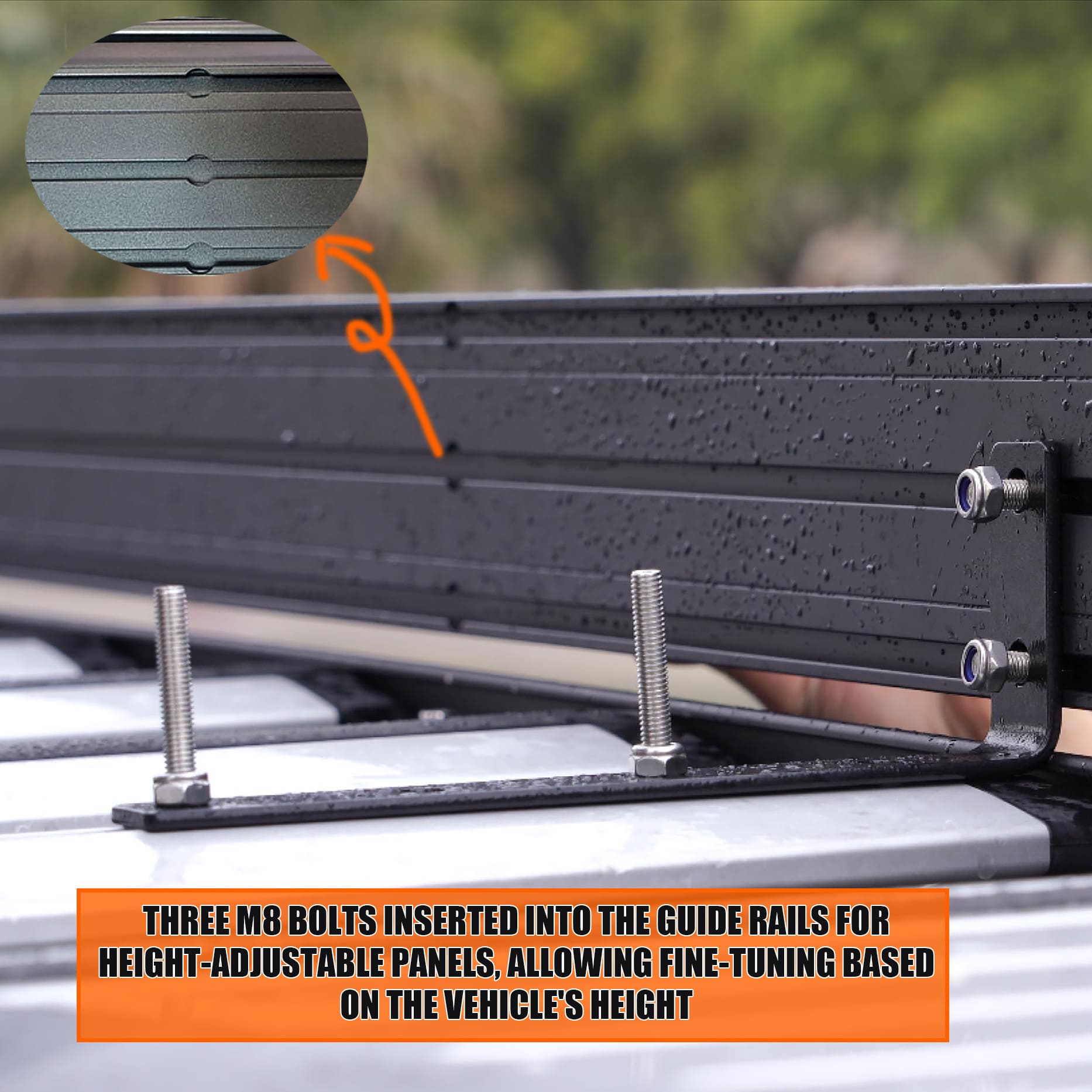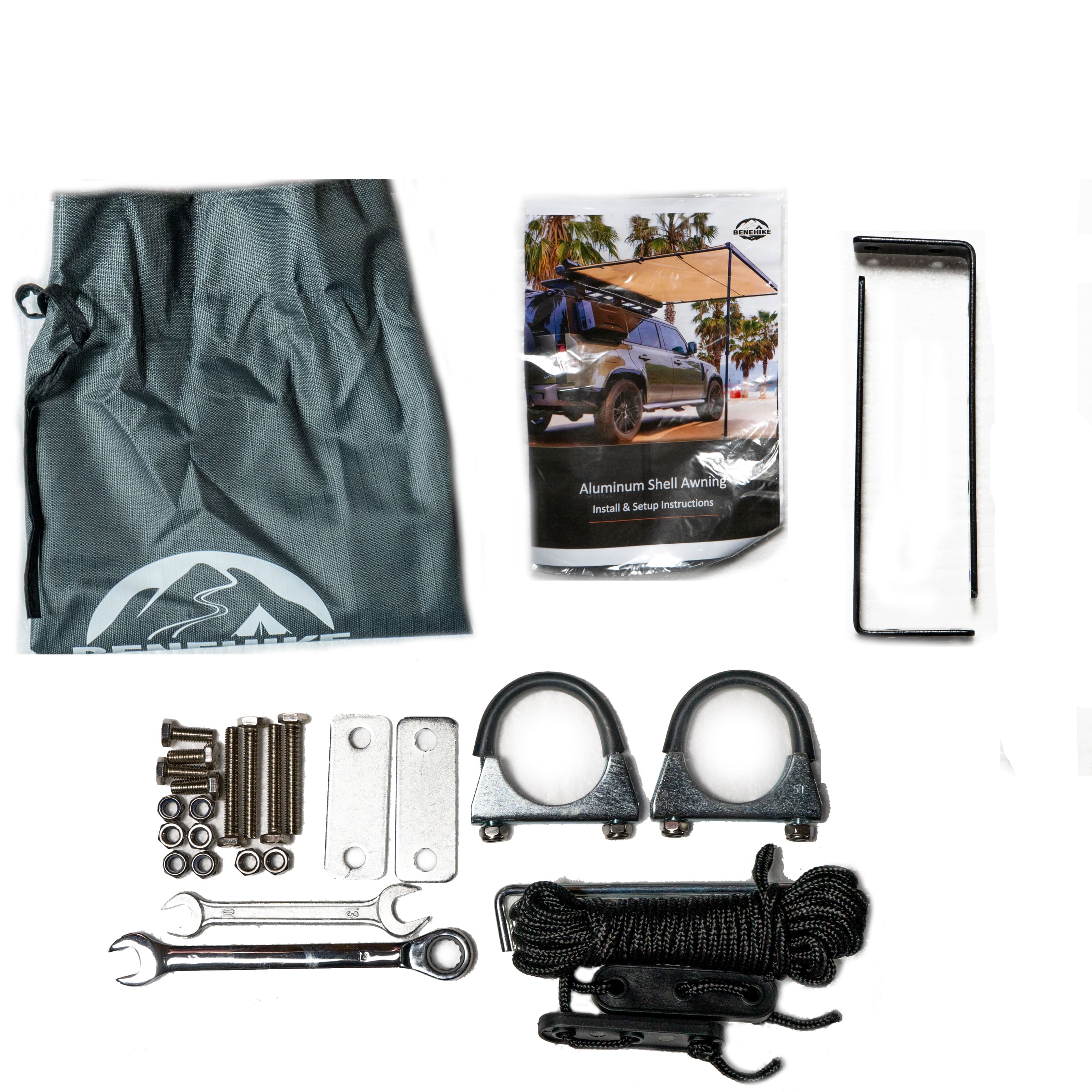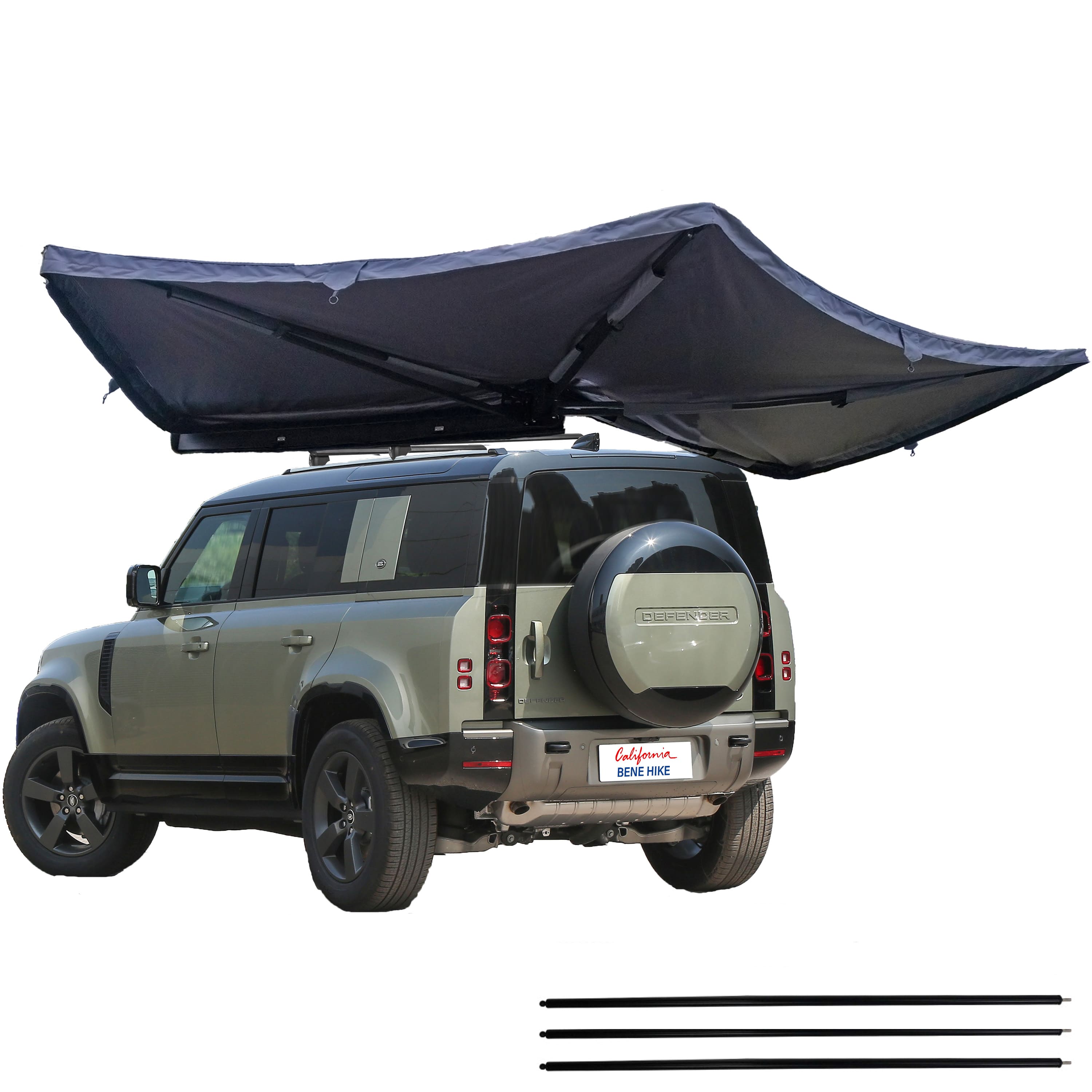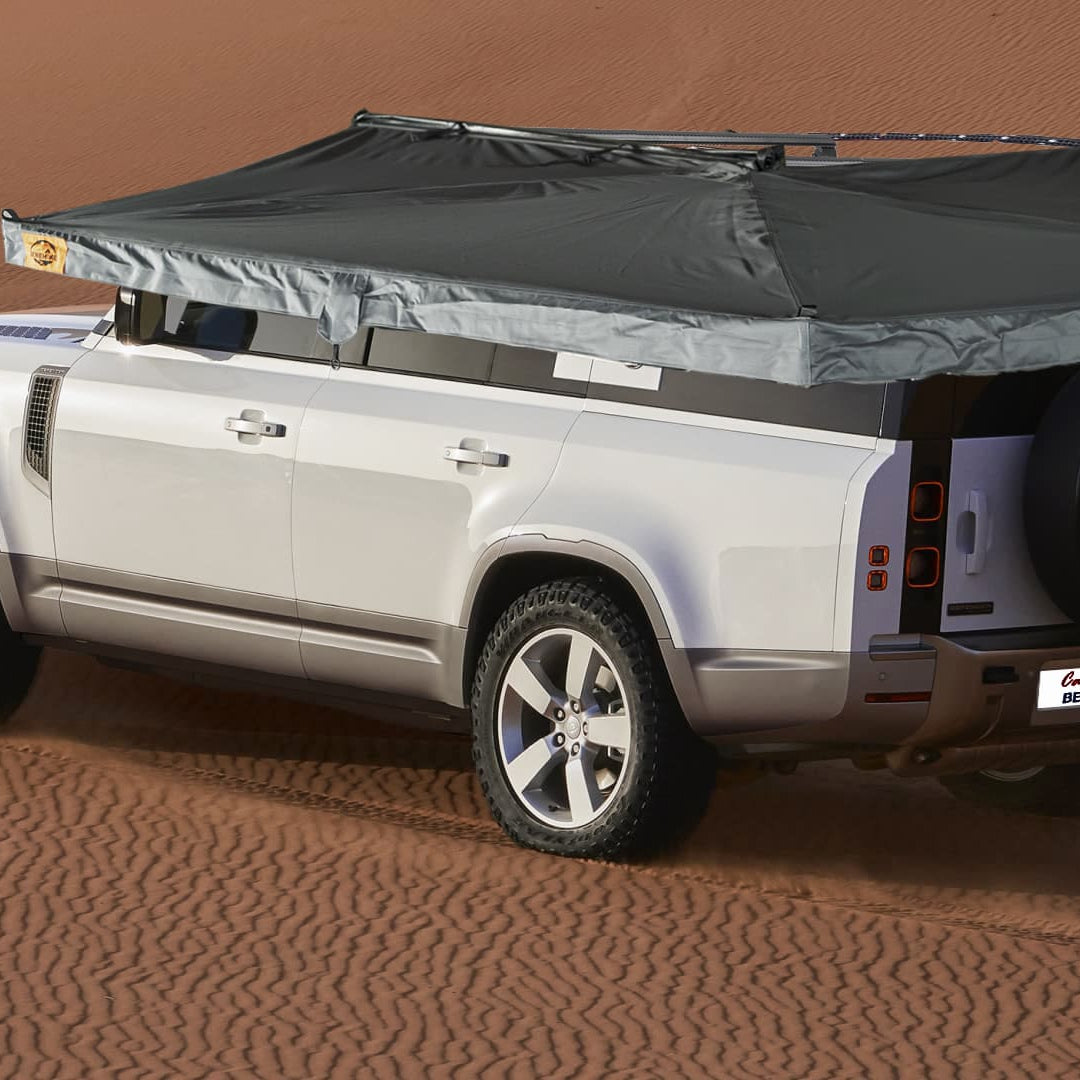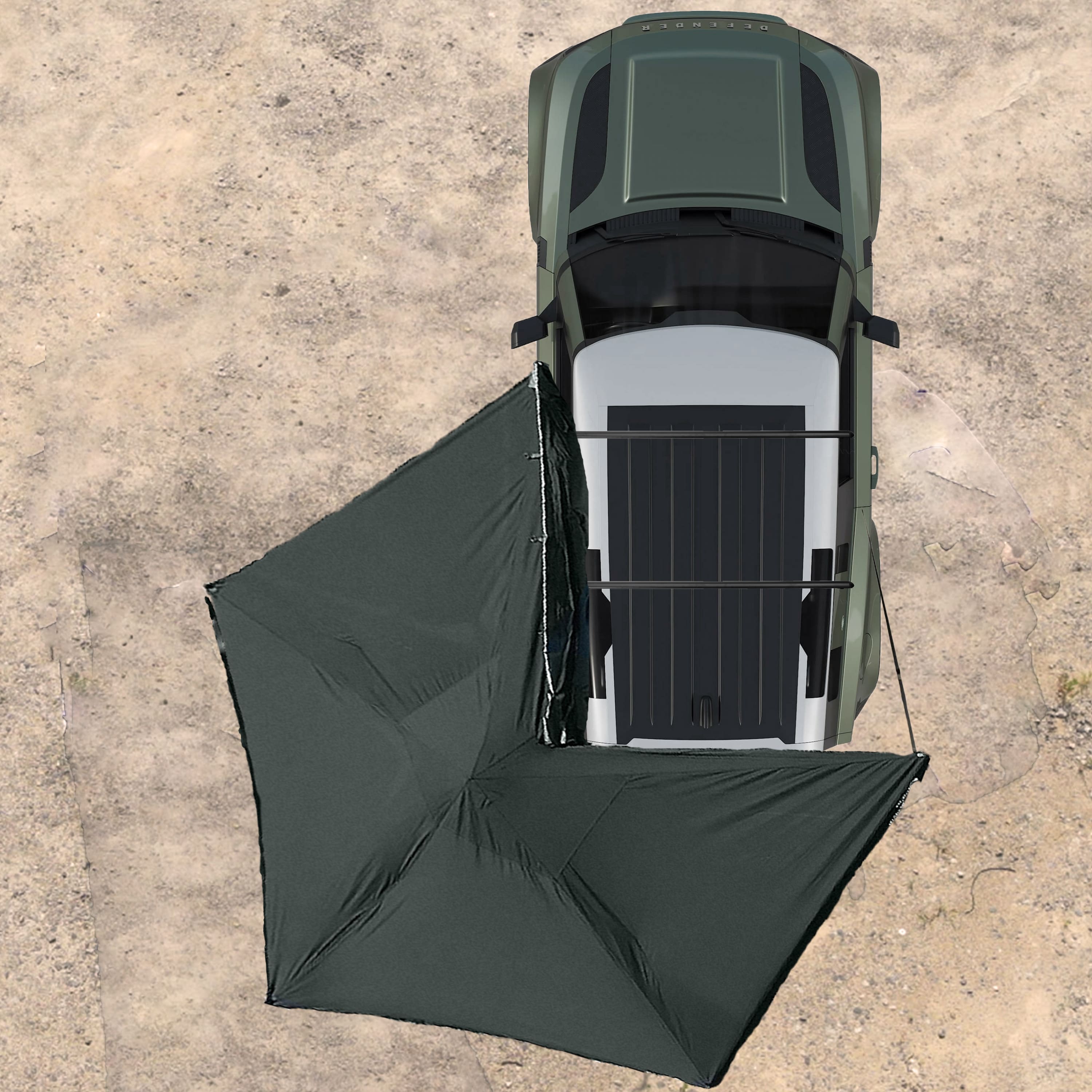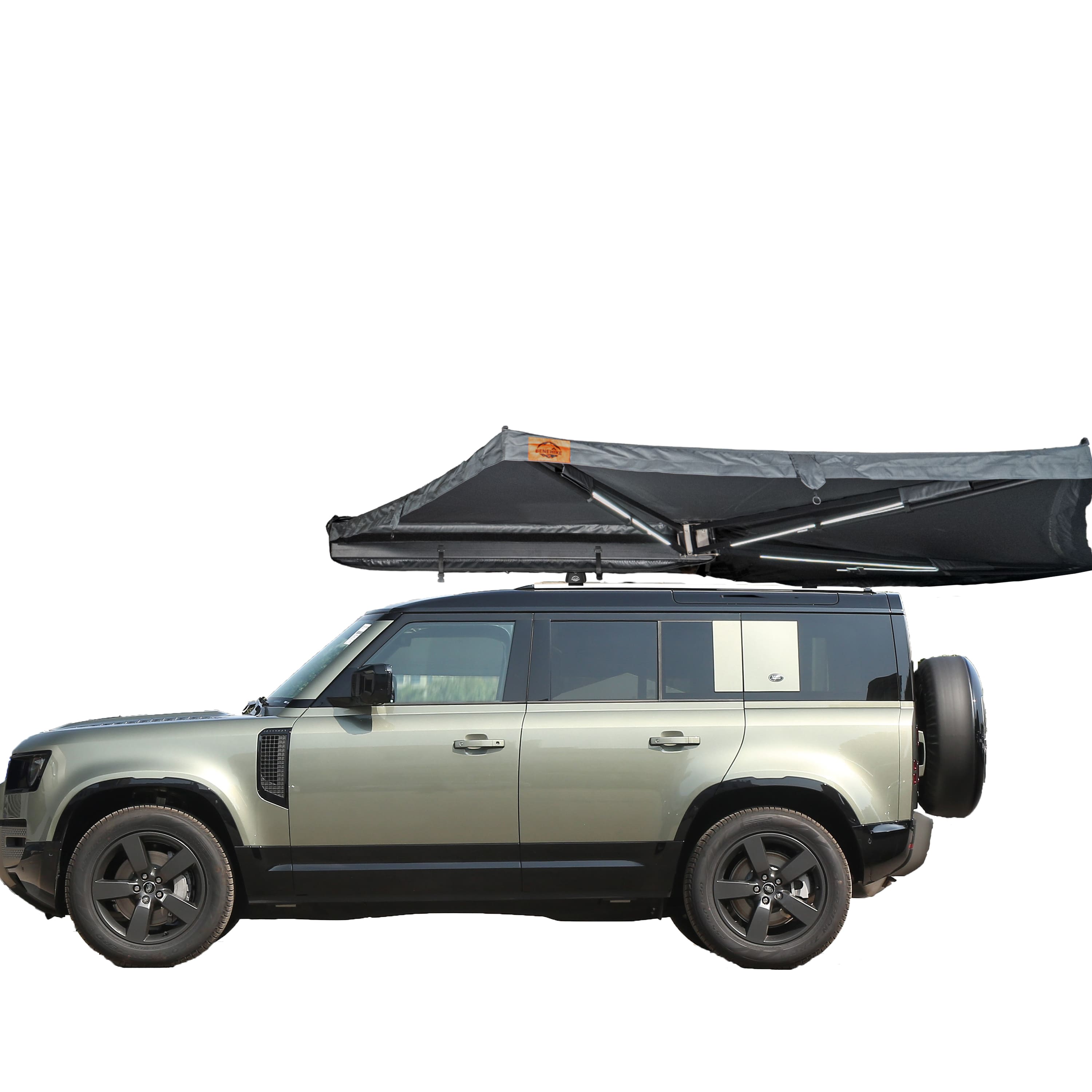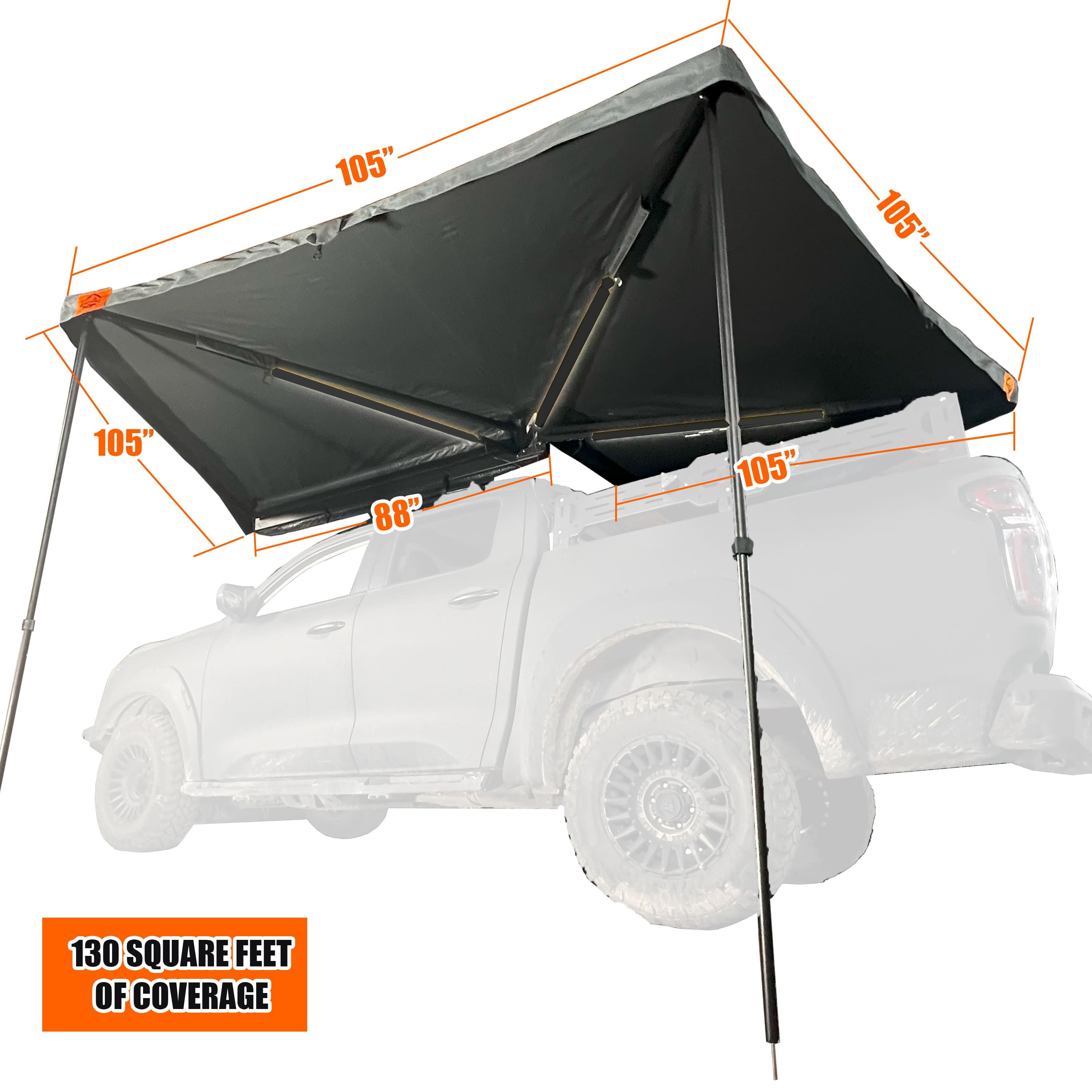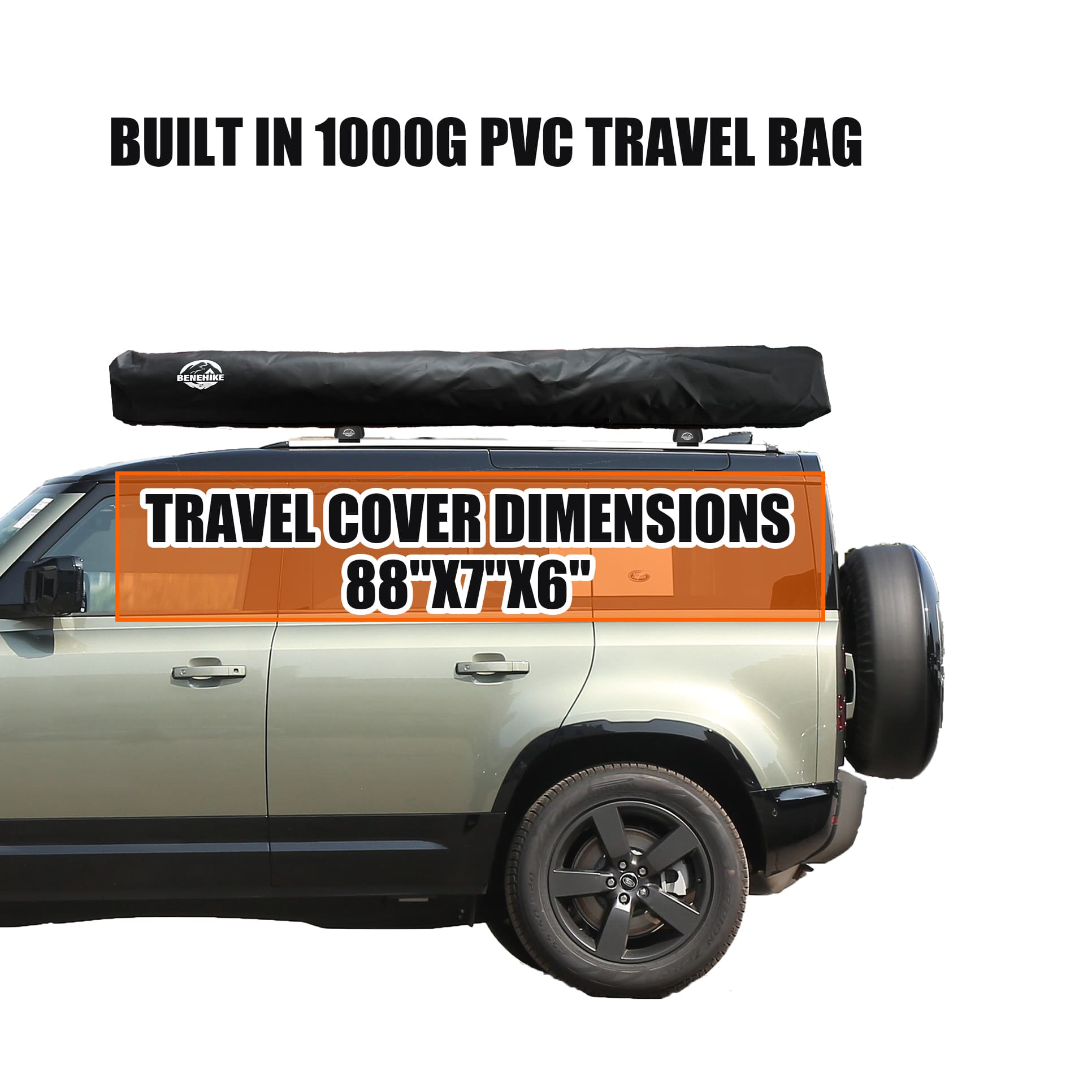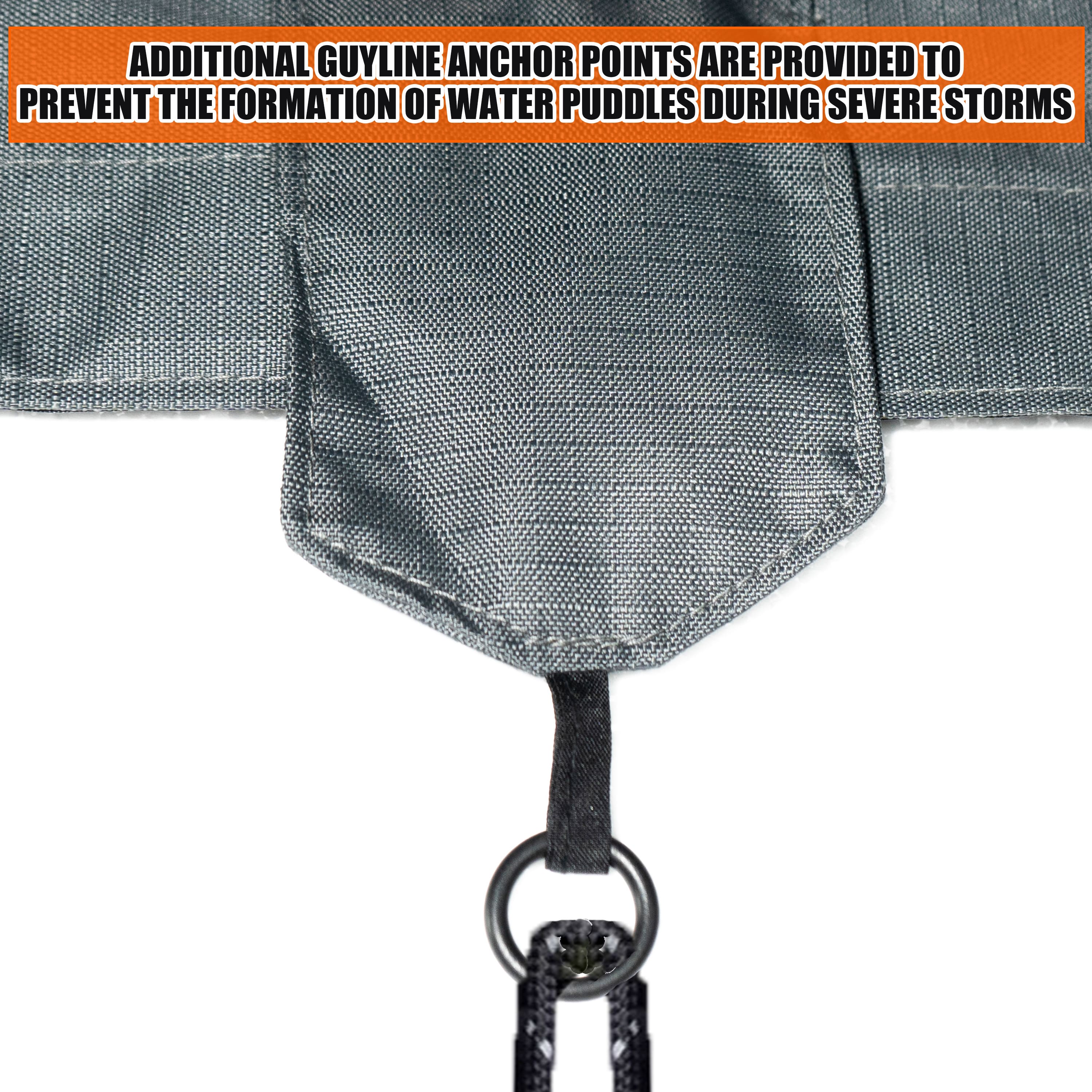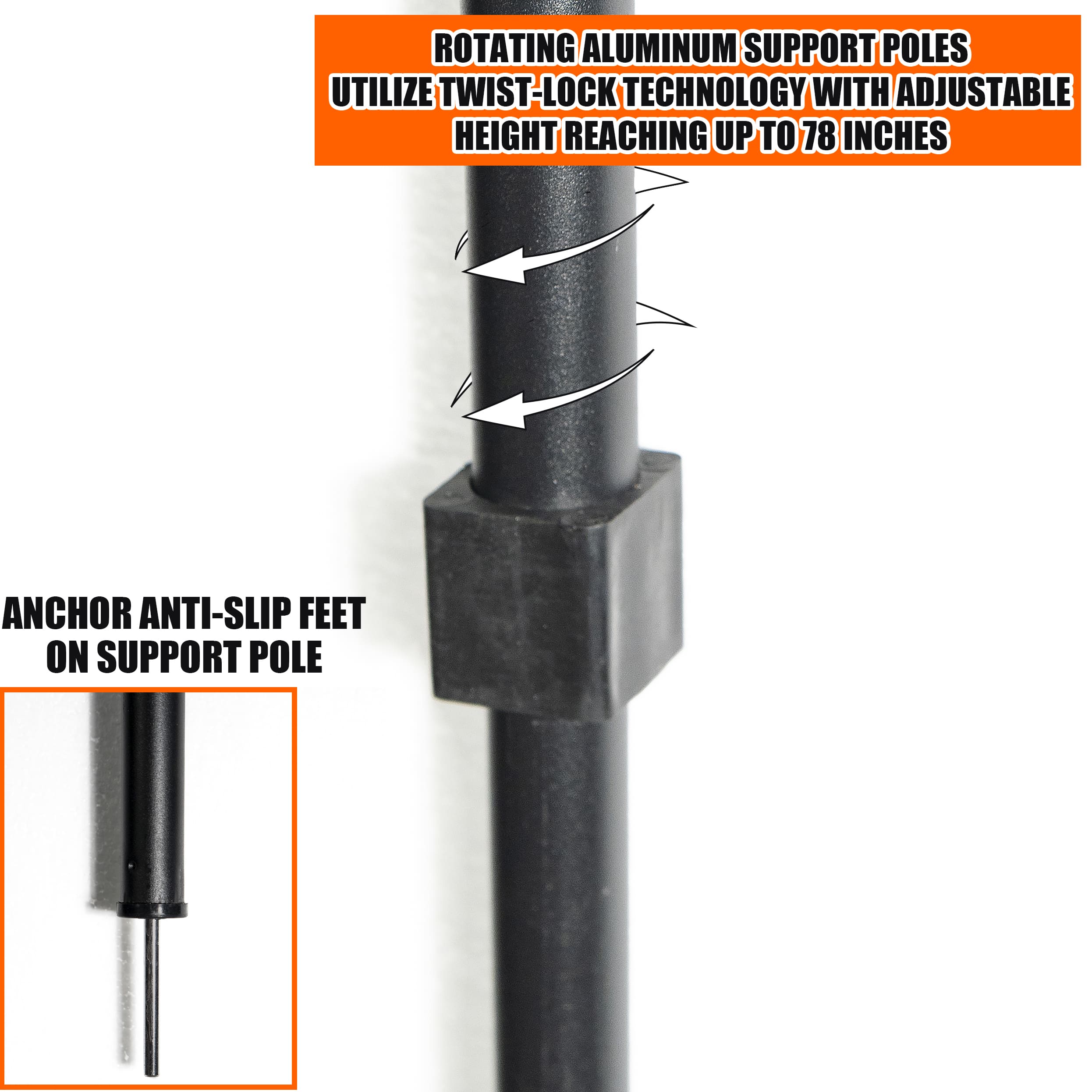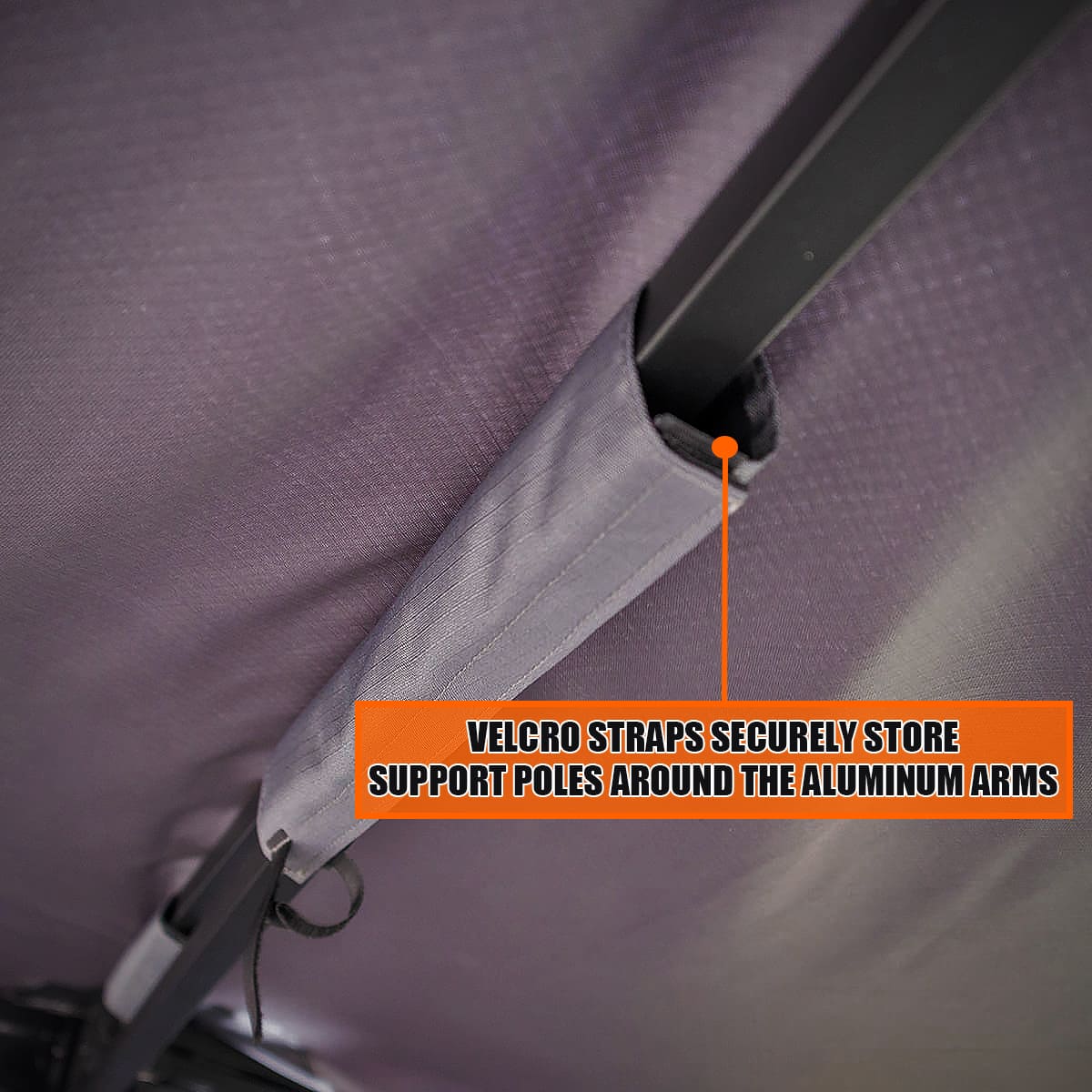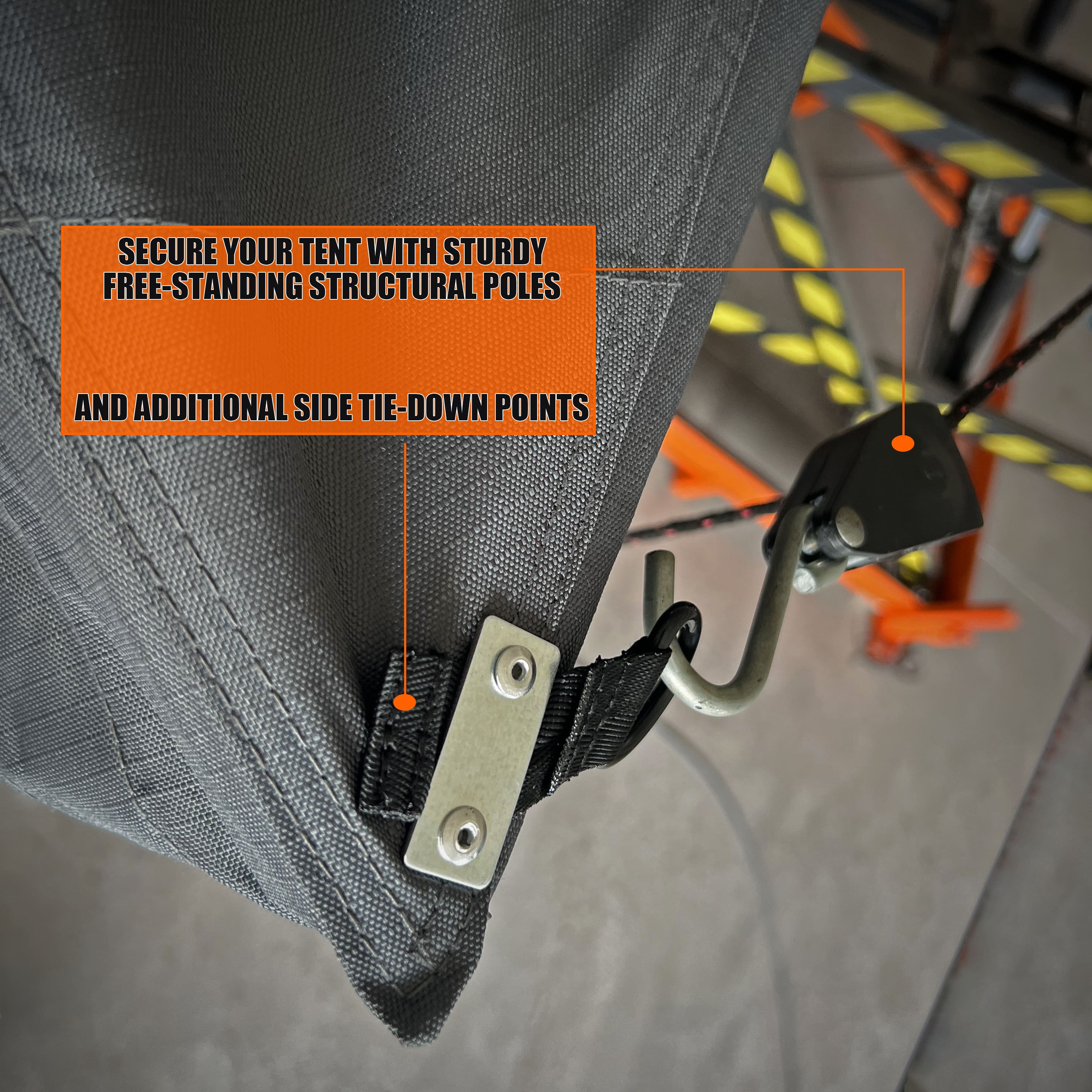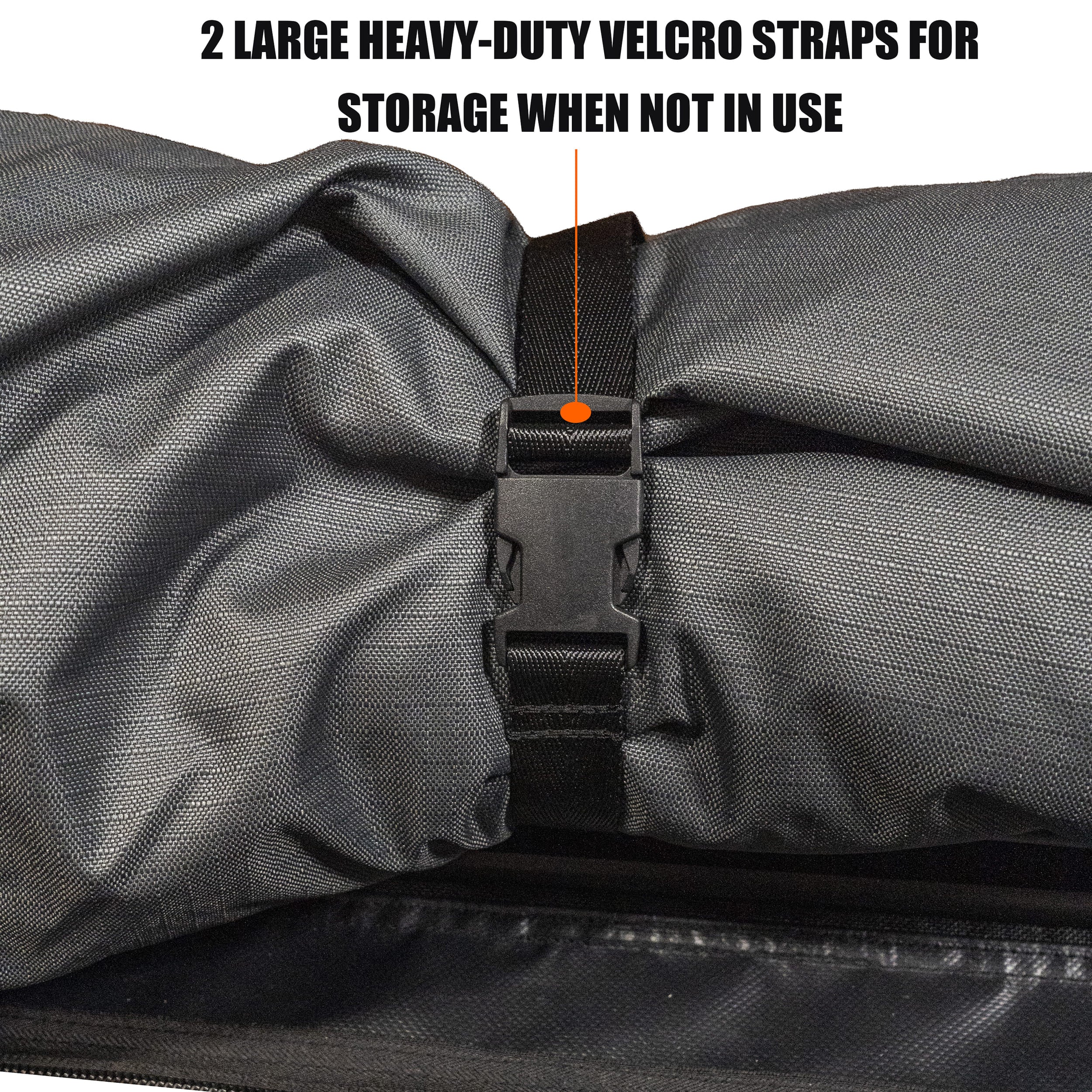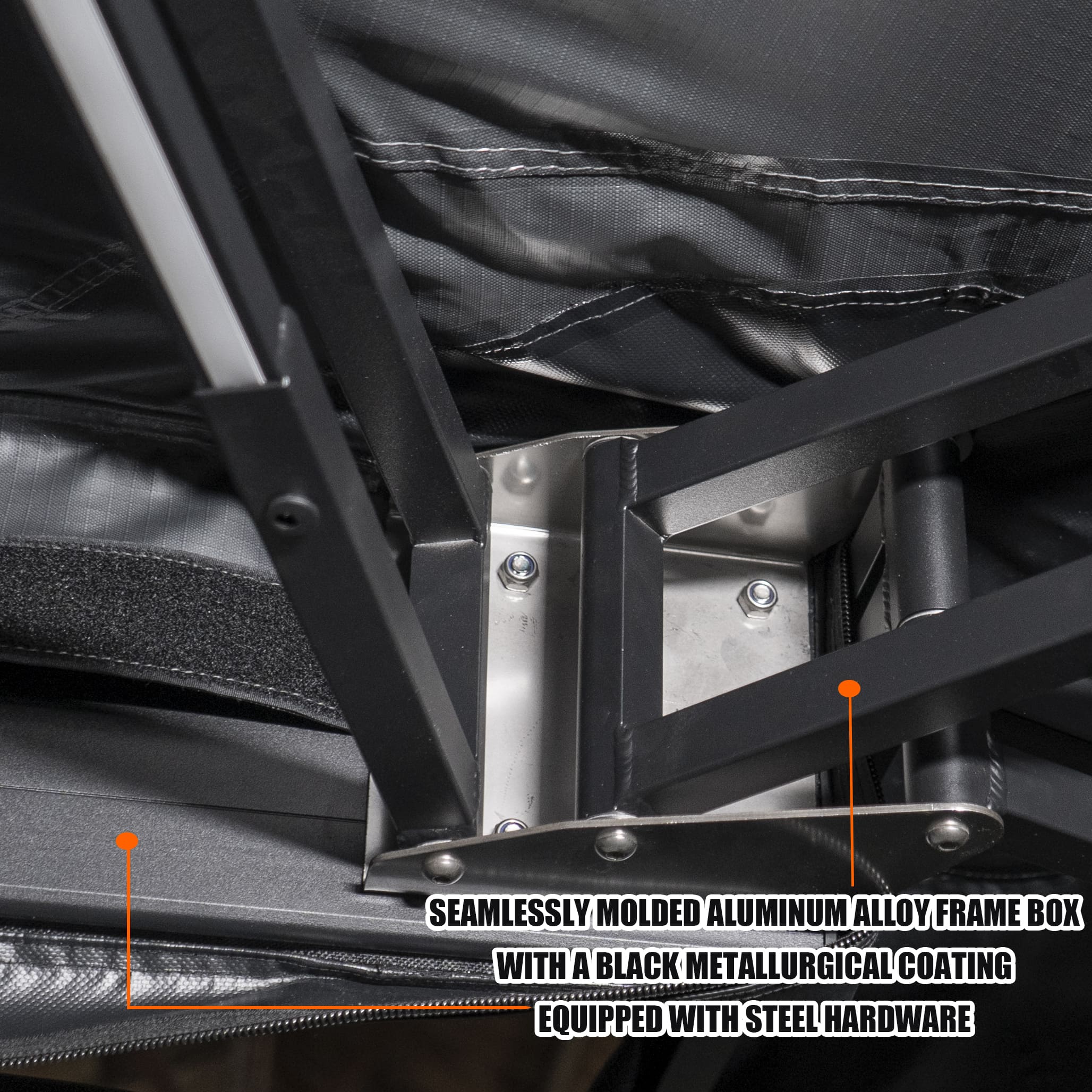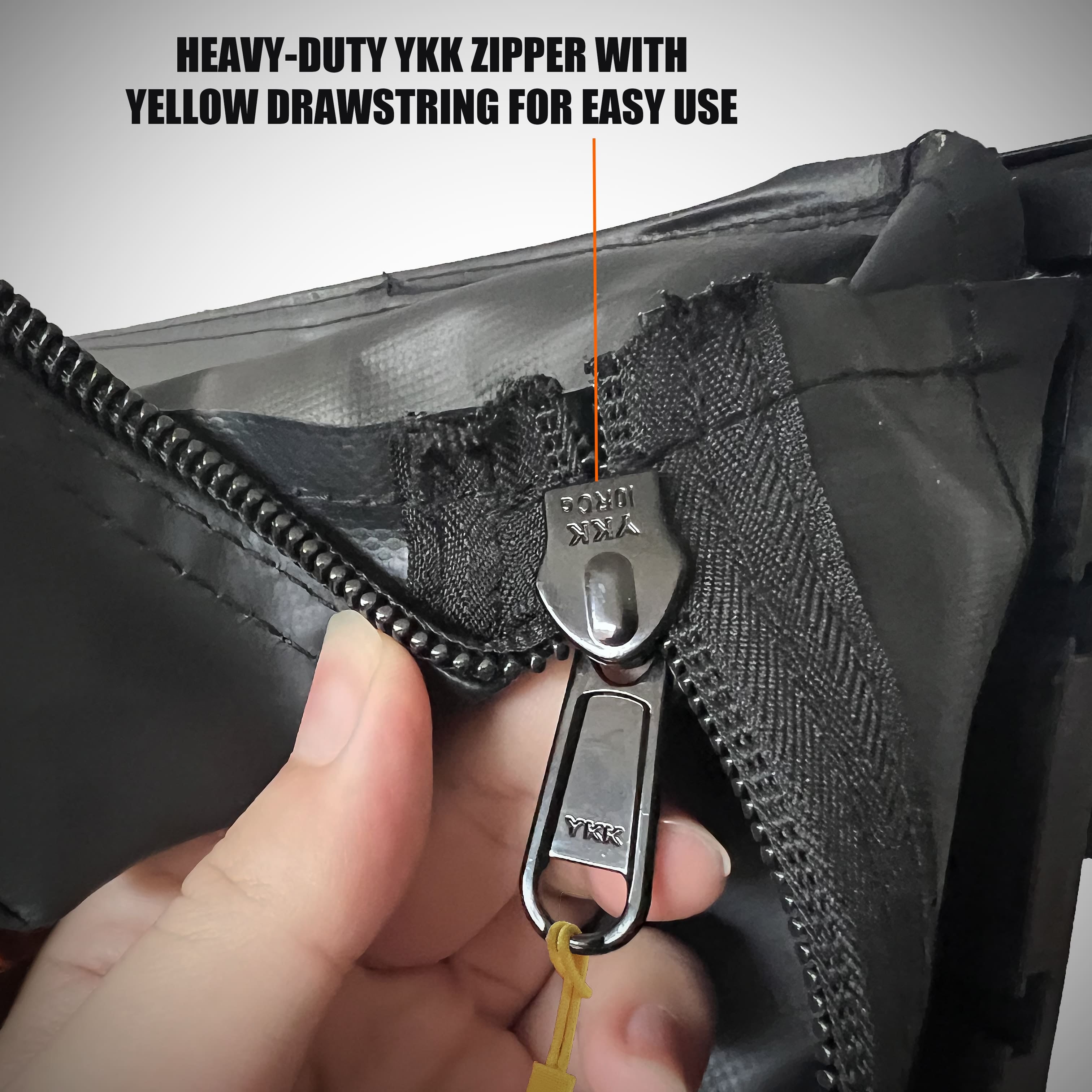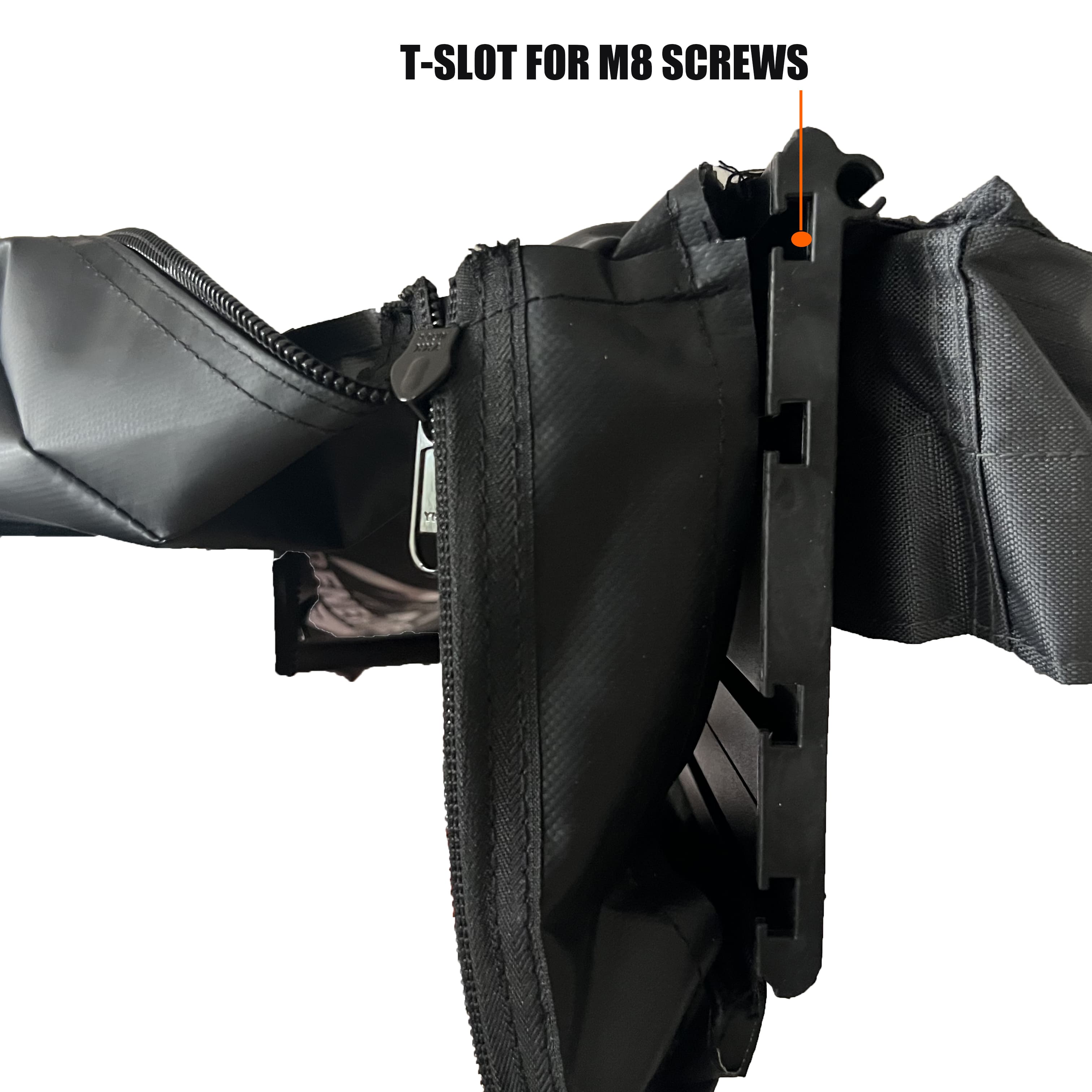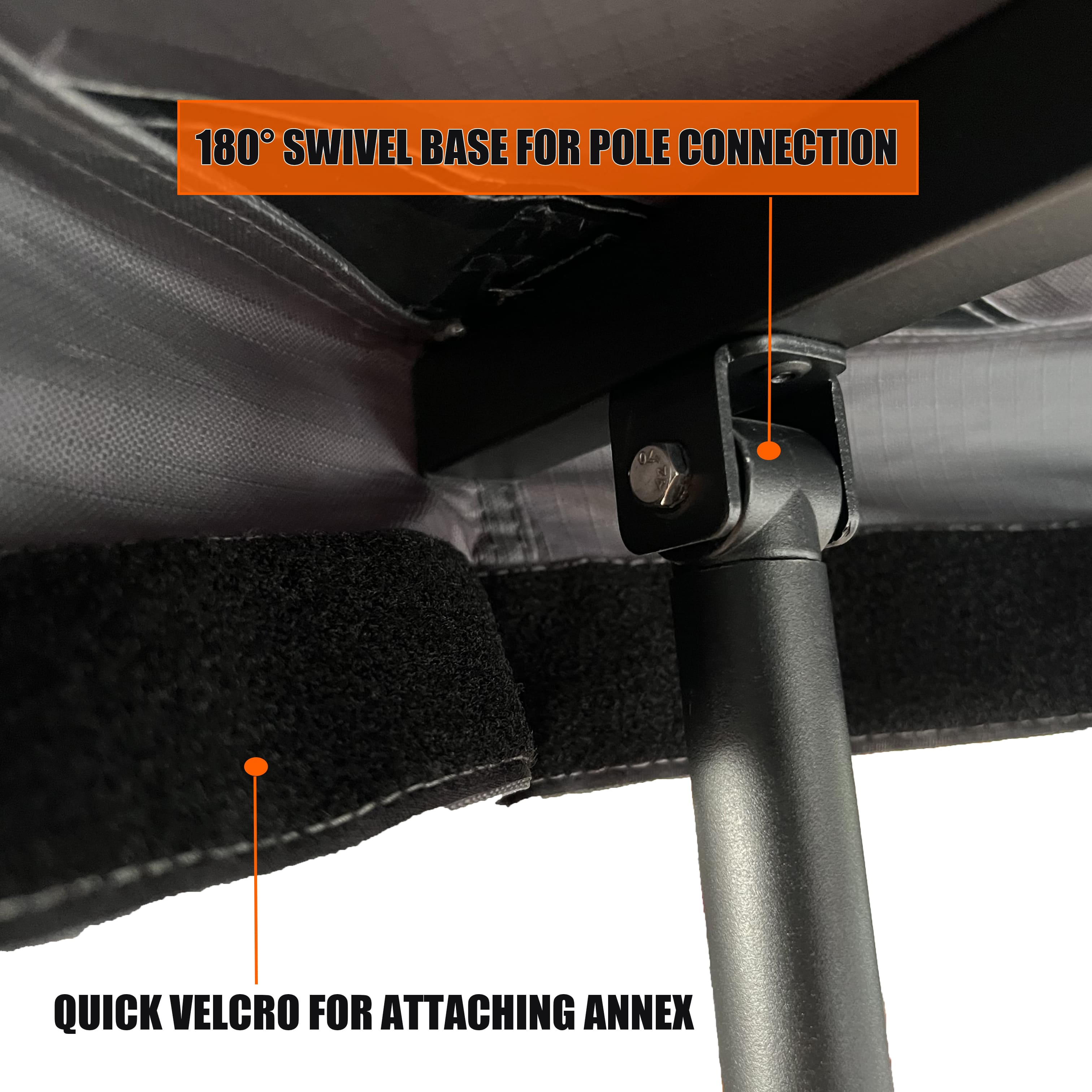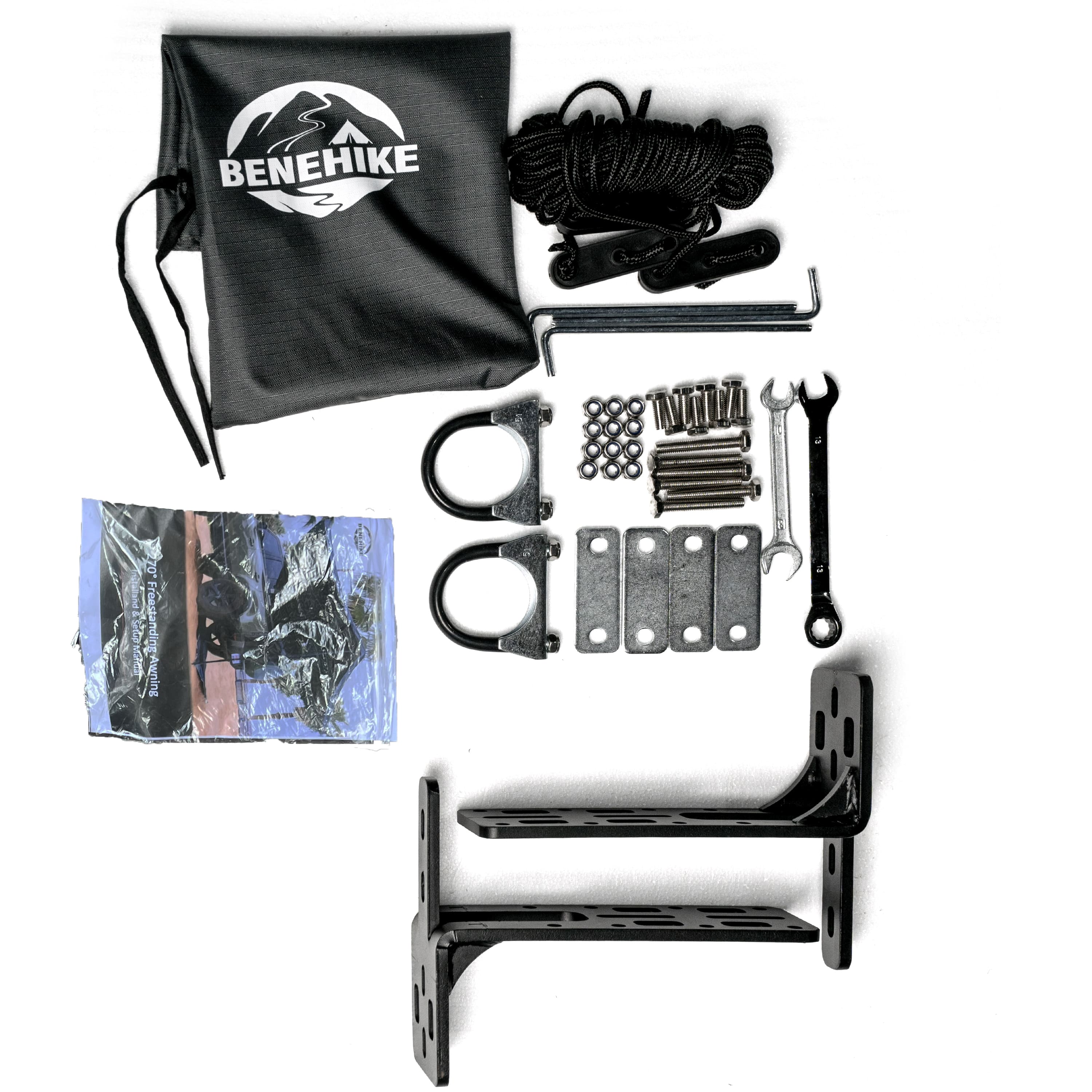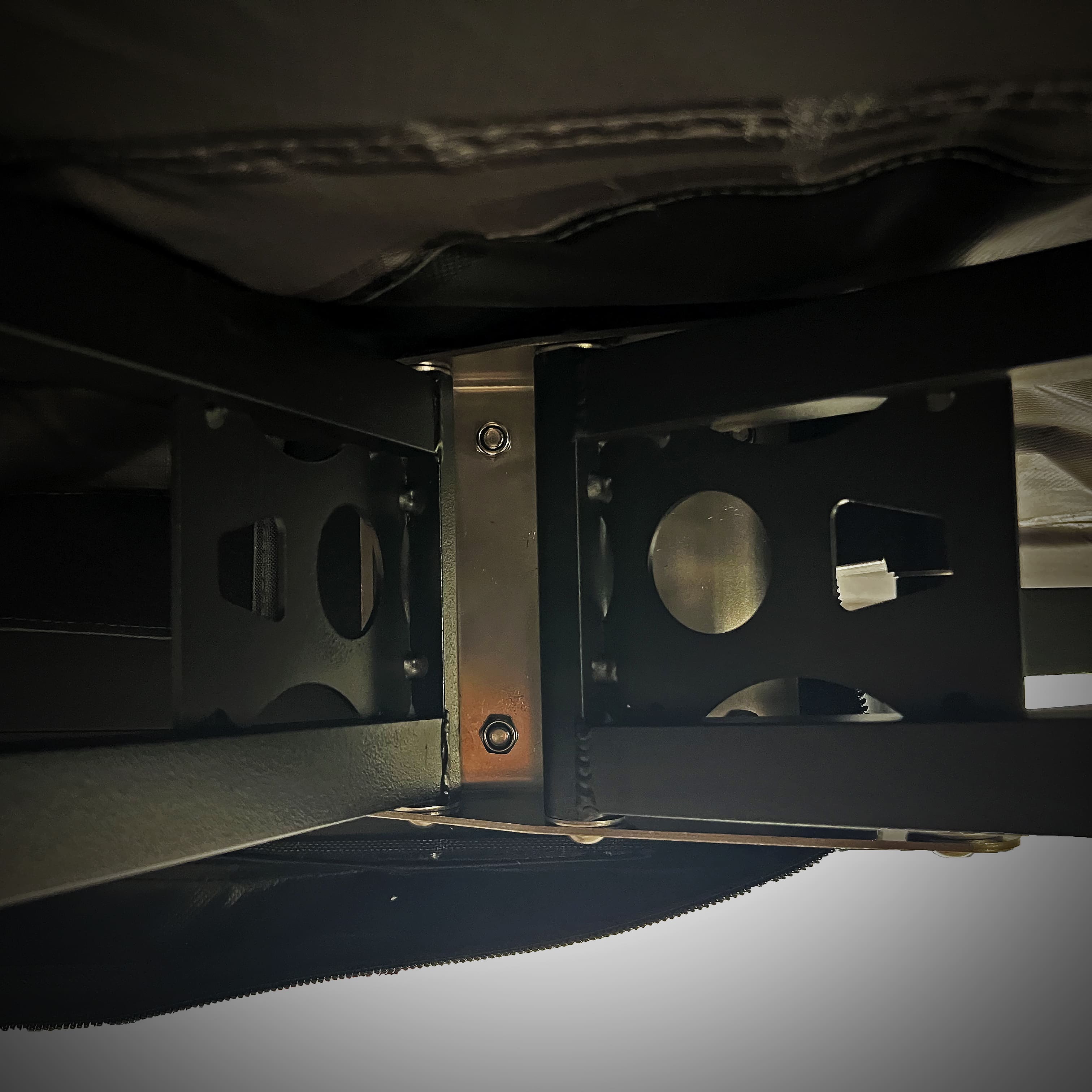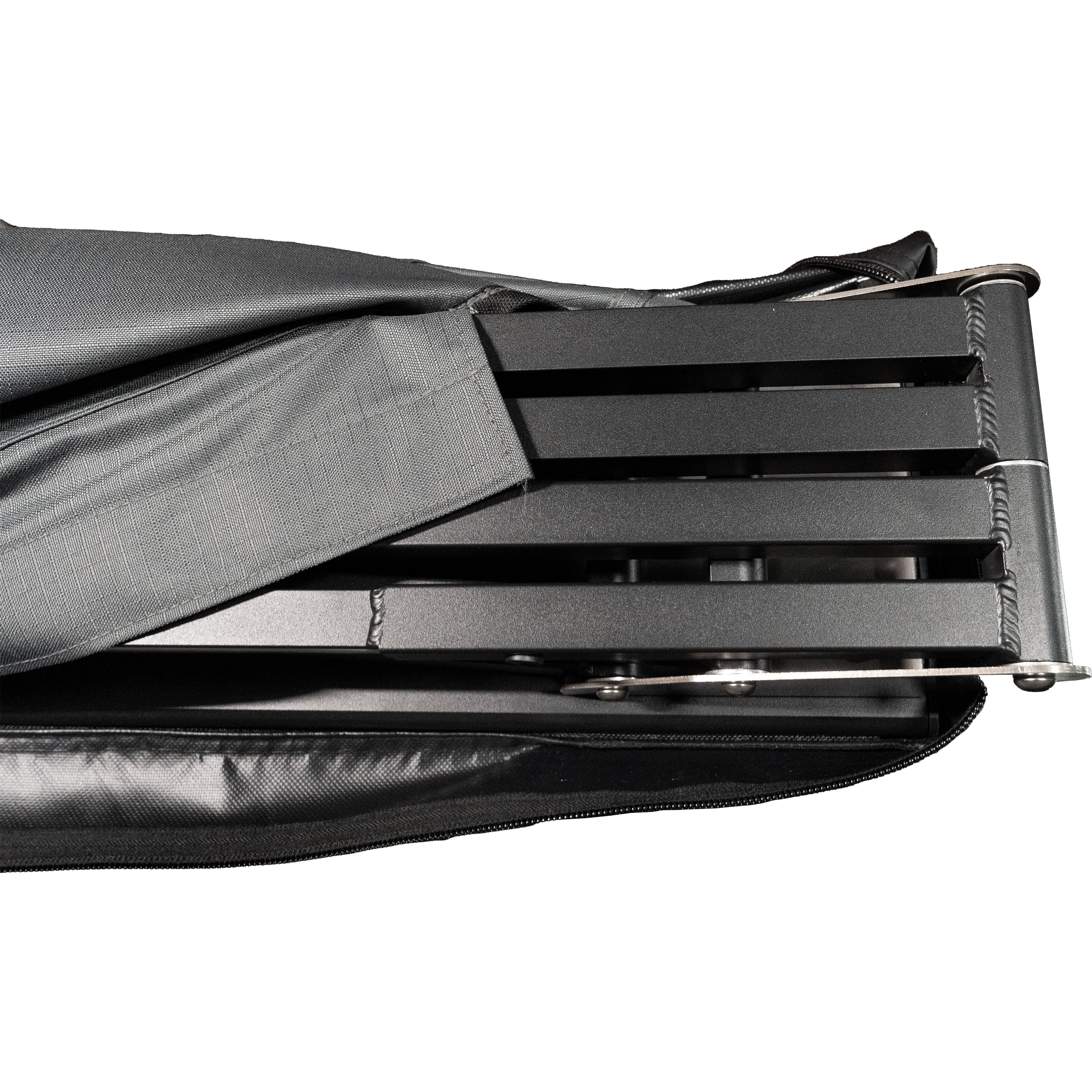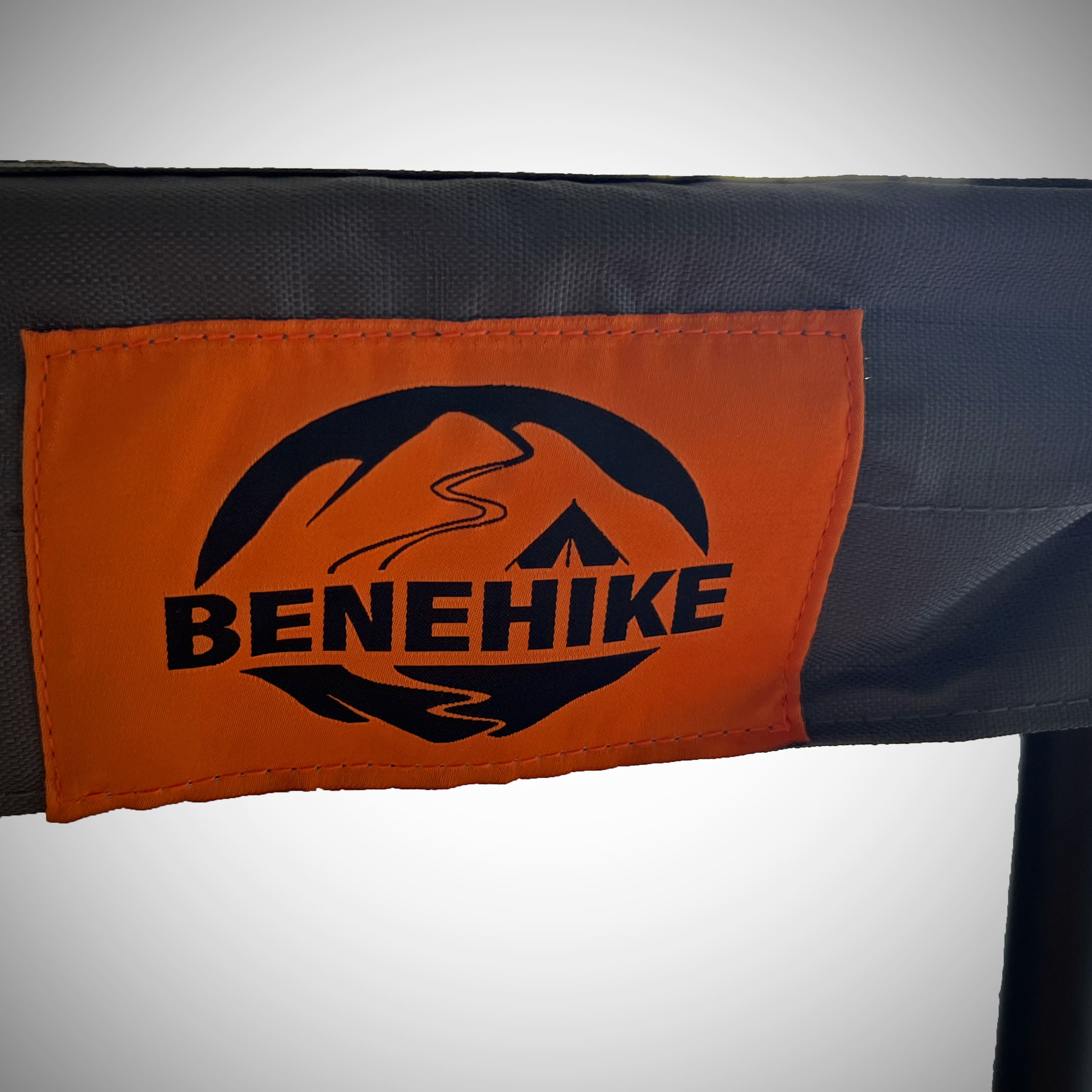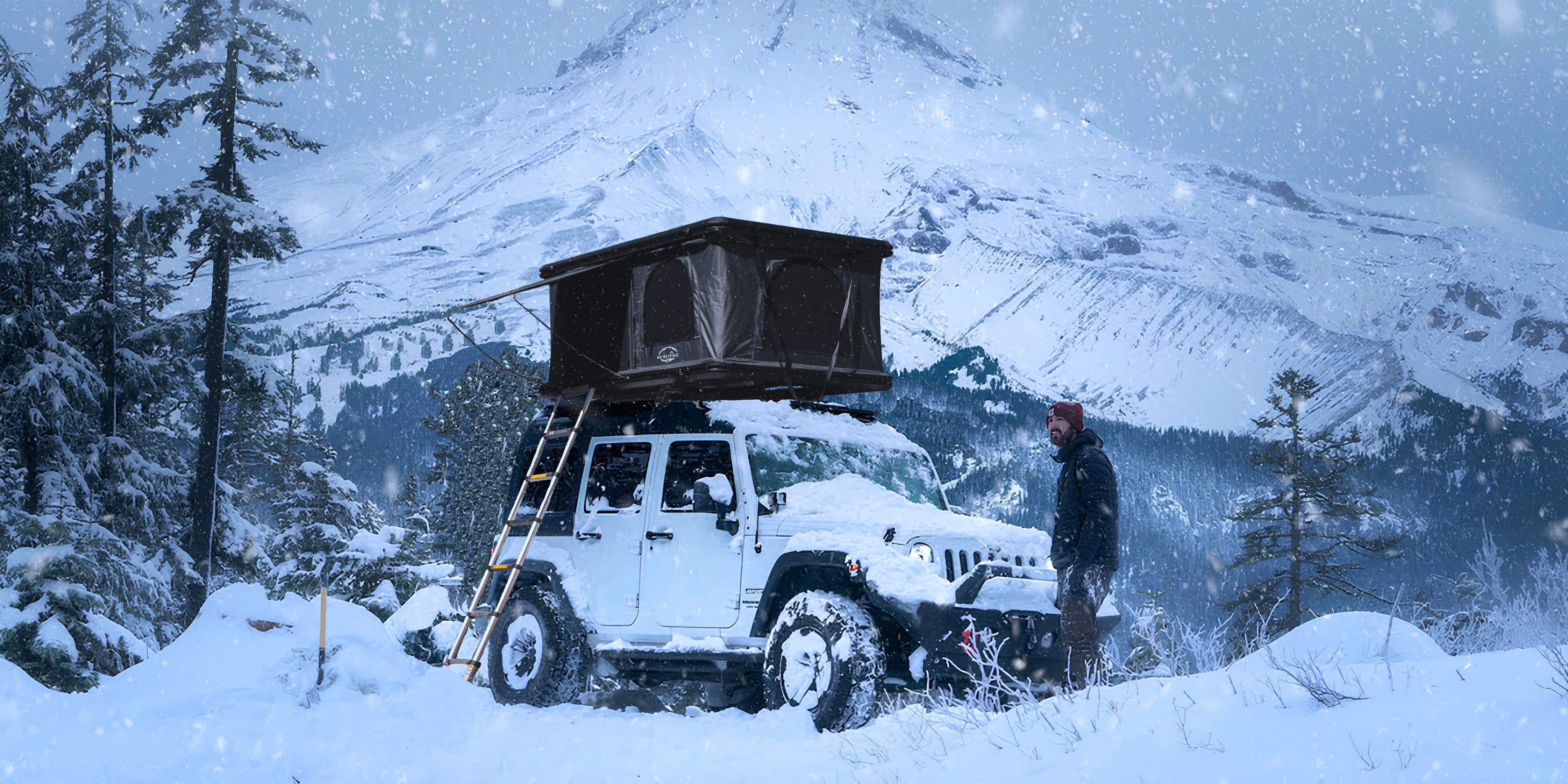Navigation
- Feature 1: Size and Capacity
- Feature 2: Ease of Setup and Takedown
- Feature 3: Durability and Weather Resistance
- Feature 4: Ventilation and Comfort
- Feature 5: Portability and Storage
If you are considering investing in a rooftop tent to transform your vehicle into the ultimate camping setup, choosing the right tent with the features that matter most can be key. There are many options on the market today with a wide variety of specs and qualities. Rooftop tents vary in size, weight, weather resistance, comfort features and more. To cut through the clutter and zero in on the best rooftop tent to fit your needs, consider focusing on these 5 top features: weight, weather protection, ease of use, sleeping comfort and storage capacity. A quality rooftop tent with the right combination of these essential specifications will deliver years of outdoor adventures and joyful nights under the stars.
Feature 1: Size and Capacity
One of the most important things to consider when choosing a rooftop tent is the size and capacity you need to accommodate your needs. Are you mainly looking for a single-person retreat, or do you want enough space for your whole family? The size and capacity of the rooftop tent should match the number of occupants and amount of available space on your vehicle.
Rooftop tents come in a wide range of sizes from one-person tents up to 6 or even 8-person family-sized tents. The sleeping capacities vary accordingly, generally between 1 and 6 or 8 people. Larger tents will take up more space on your vehicle's roof rack as well as add more weight. However, if you often camp with multiple people, a roomier tent will be worth it for the extra sleeping area and storage.
Evaluating how many people you typically want to accommodate while camping and checking the dimensions and weight specifications of the various rooftop tent sizes will help you zero in on the capacity that is right for you. Choosing the optimally sized tent will balance functionality with practicality for your needs and setup.

Feature 2: Ease of Setup and Takedown
The second factor to consider is how easy the rooftop tent is to set up and take down. A tent that is simple and quick to deploy and stow away will save you time and hassle, allowing you to get back to enjoying the outdoors sooner.
Look for features and design aspects that make setup and takedown easy and intuitive. Things like quick-release buckles, levers and pull cordsinstead of complex fastening mechanisms can speed up the process. An ergonomic design with poles that slot easily into place and fabric that hangs properly are also helpful.
User-friendly instructions and illustrations in the manual are important, especially for a first-time setup. But the best tents are largely self-explanatory in their design.
Aiming for a rooftop tent that can be set up and taken down in 10 to 15 minutes will keep the whole process hassle-free. You'll spend less time wrestling with your gear and more time relaxing under the stars. Some of the higher-end tents advertise deployment times of just 3 to 5 minutes, making them a good option if ease of use is a high priority for you.

Feature 3: Durability and Weather Resistance
If you plan to use your rooftop tent for years of camping adventures, durability and weather resistance should be high on your priority list. You'll want a tent that can withstand the elements and stand the test of time.
Selecting a tent made with durable, high-quality materials is key. Waterproof and UV-resistant fabrics will keep you dry during rainstorms and resist fading and deterioration from sun exposure. Look for laminated polyesters and PVC-coated materials rated for long-term use. Reinforced stitching, sealed seams, sturdy poles and quality zippers will also contribute to the tent's longevity. These interior features help create a well-built overall structure that can resist wear and tear.
Additional weather-resistant features like sealed flooring, removable fly sheets, taped poses and guy lines help the tent perform well in various conditions. They protect the fabric and seams from water, wind and debris.
Overall, rooftop tents made with high-end, long-lasting materials and secure internal reinforcement offer the best combination of durability and weather resistance. Though they tend to cost more, they are designed to perform well for many camping seasons to come, saving you money in the long run. A durable tent will perform as promised year after year, protecting you from the elements and harsh outdoor conditions.

Feature 4: Ventilation and Comfort
Ventilation and comfort features are essential for a good night's sleep in your rooftop tent. You'll want plenty of airflow to keep the interior cool on warm nights, while still maintaining insulation and comfort.
Good ventilation systems include features like mesh roof panels, zippered sidewalls that can be opened, windows with insect screens and adjustable roof vents. These allow heat and humidity to escape while keeping bugs out. The more vents and openings, the better the airflow tends to be.
The tent's mattress also plays an important role in comfort. Foam or padded air mattresses provide more cushioning and support than simple vinyl mattresses. A thickness of 4 to 6 inches is ideal for proper spine alignment and comfort.
Insulation is another factor, especially in colder weather. Tents with thicker fabrics or built-in insulation help retain heat and minimize heat loss. Removable zip-out liners, electric blankets and heater attachments can also boost warmth and comfort when needed.

In summary, evaluate each rooftop tent's ventilation systems and comfort features like mattress options, insulation and adjustment potential. Optimal airflow, proper support and adjustability for various conditions will ensure a restful night's sleep and maximize comfort during your overnight adventures. A well-ventilated yet cozy tent interior makes all the difference for enjoying your time away from home.
Feature 5: Portability and Storage
The portability and storage options of a rooftop tent are also important to consider. After all, you'll need to transport the tent to and from your camping destination, as well as store it at home.
Selecting a tent that is compact, lightweight, and easy to install on your roof rack will make transportation simpler. Lighter materials like treated canvas and aluminum poles help reduce weight without sacrificing durability. Compact folding designs minimize the tent's footprint when stowed.
Compatibility with various roof rack systems also impacts portability. Most tents are universal fit, but some are customized for specific racks. Ease of installation and removal also impact how portable a tent feels. Tents with quick-release clips and levers are easier to manage.
For storage at home, look for tents that include carry bags to keep everything organized. Larger packs can accommodate poles and accessories, while smaller packs work for just the folded tent.
In summary, considering factors like the tent's weight, compact size when folded, ease of roof rack compatibility and installation, and available carry bags will influence how portable and easy to transport the tent feels. The more compact, lightweight and simple to manage a rooftop tent is, the easier it will be to load up and hit the open road for your next outdoor adventure.
In summary, the key features to focus on when choosing your ideal rooftop tent include size and capacity, ease of setup and takedown, durability and weather resistance, interior ventilation and comfort, and portability and storage options. Selecting a tent that has the right specifications for these essential factors will ensure you get a product that perfectly meets your needs. An optimally sized tent that is simple to deploy, built to last, offers a comfortable interior, and transportable with ease will deliver countless nights of enjoyment and memories made under the stars for years to come. Focusing on these 5 top considerations will help you narrow down your options and zero in on the rooftop tent that will transform your vehicle into the ultimate camping companion.

Read More
- How to Choose the Right Roof-Top Tent – BENEHIKE
- Rooftop Tent Vs Traditional Ground Tent: Pros and Cons – BENEHIKE
- Hard Shell Rooftop Tent:Top Benefits Top for Comfortable and Convenien – BENEHIKE
- Go Ready for Camping in the 2023 Spring – BENEHIKE
- Is It Worth Camping for One Night in California? – BENEHIKE

